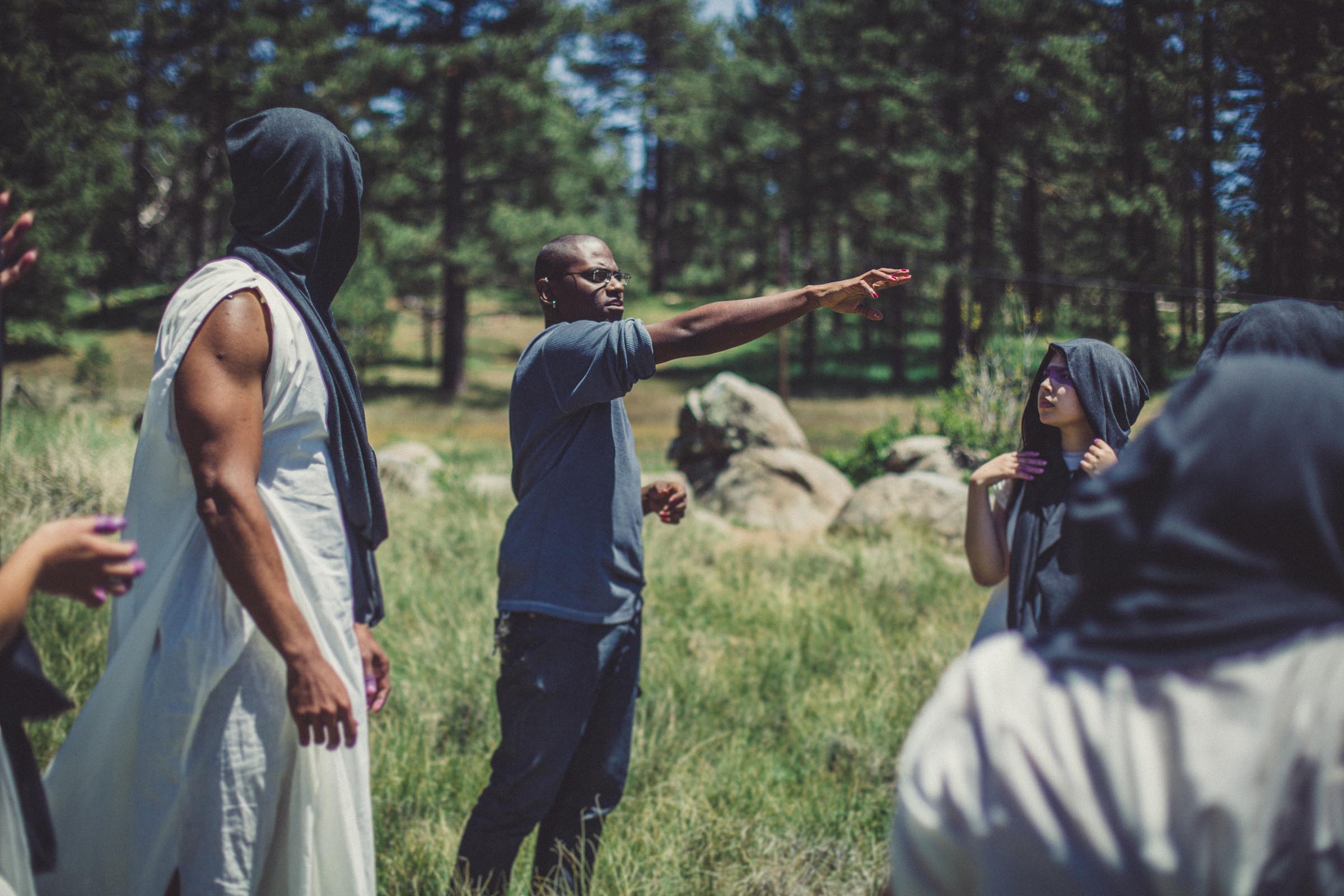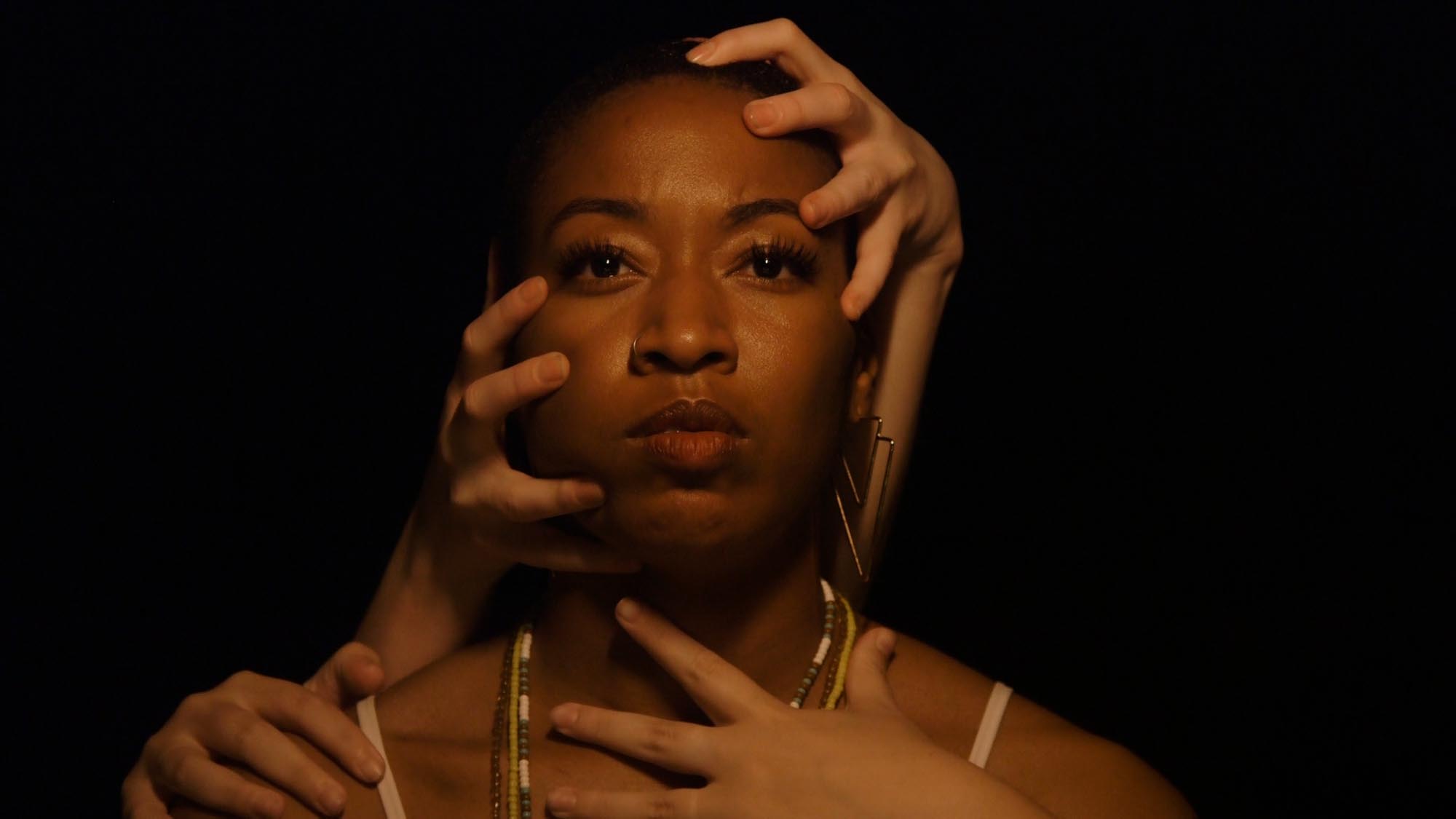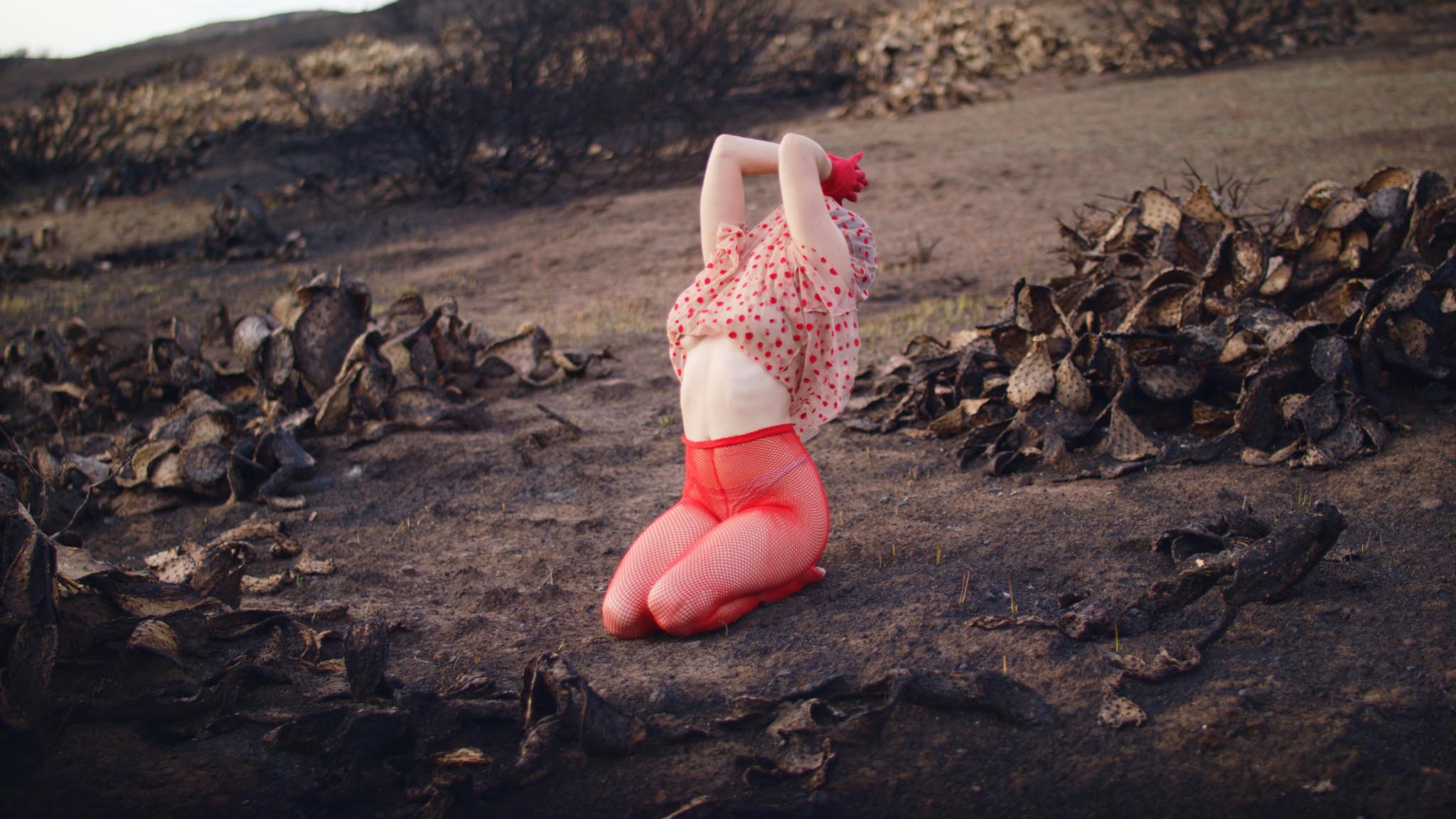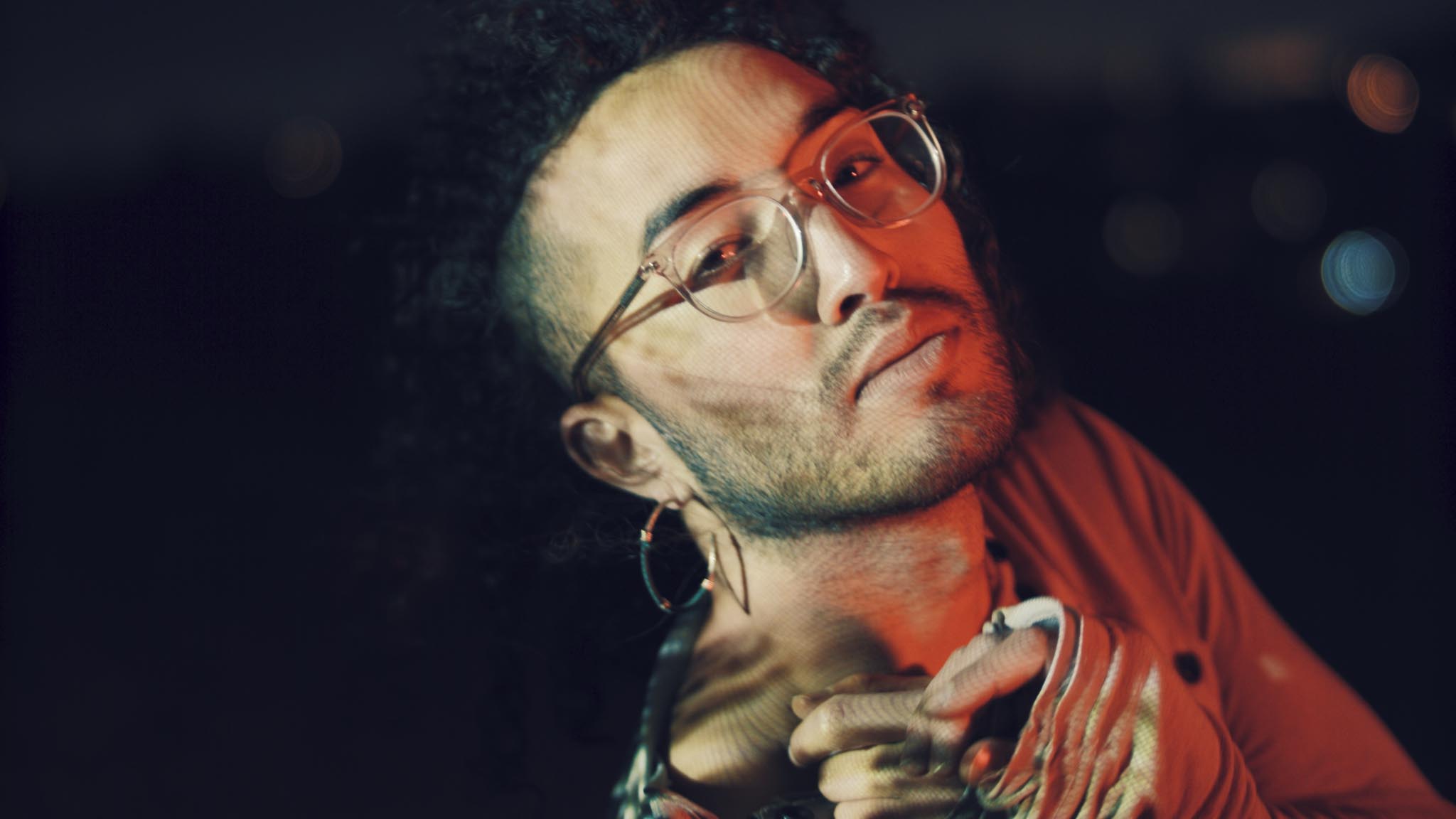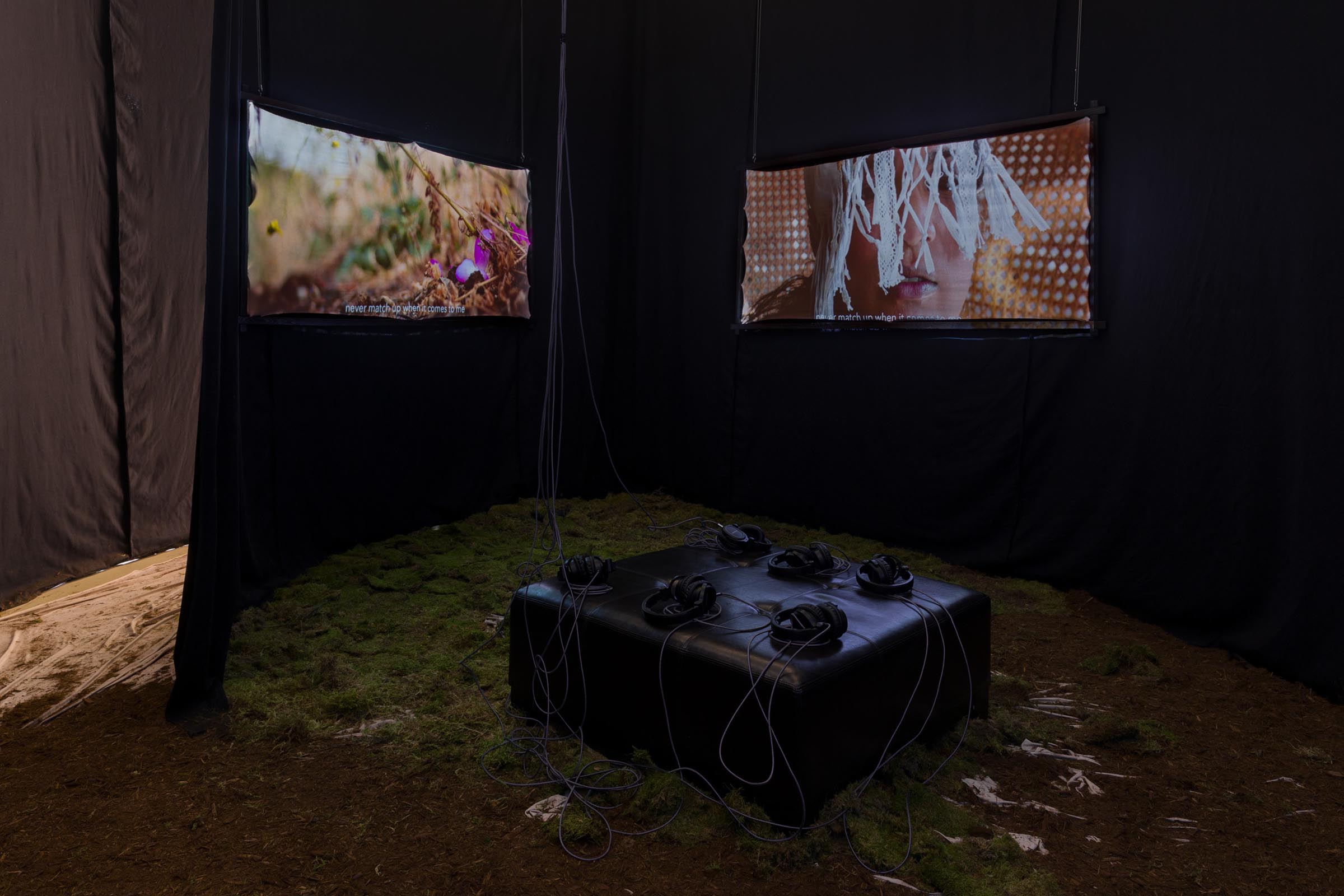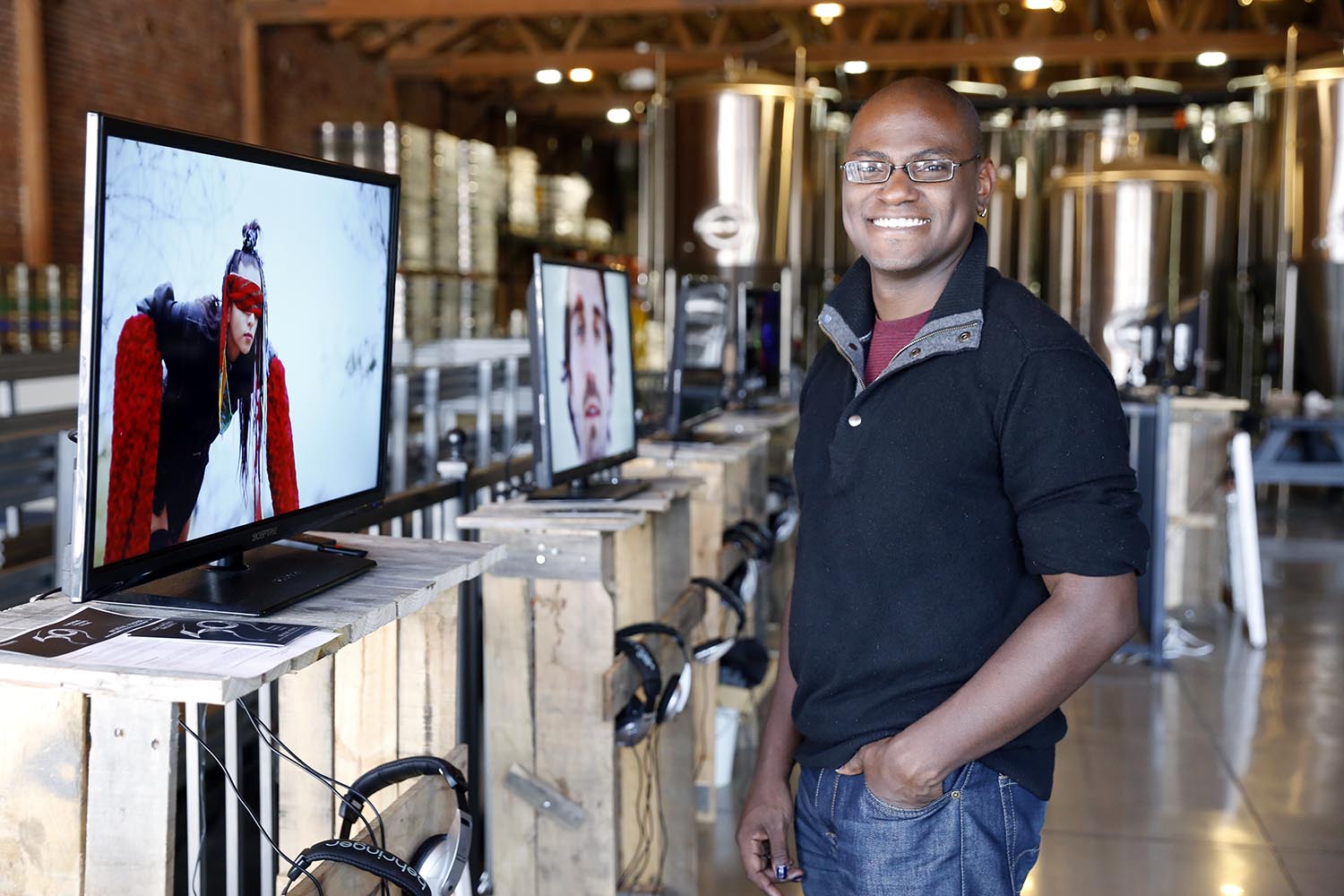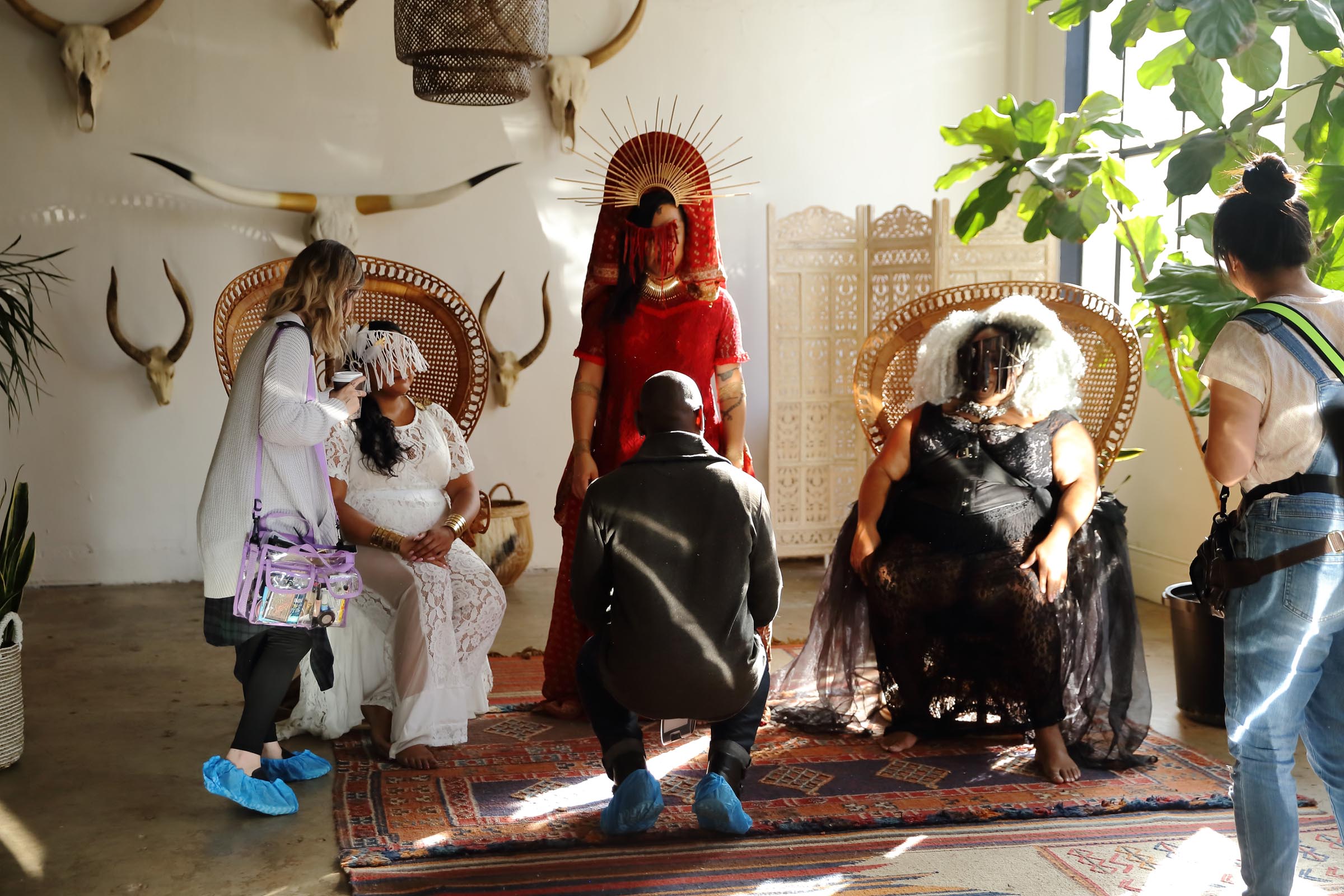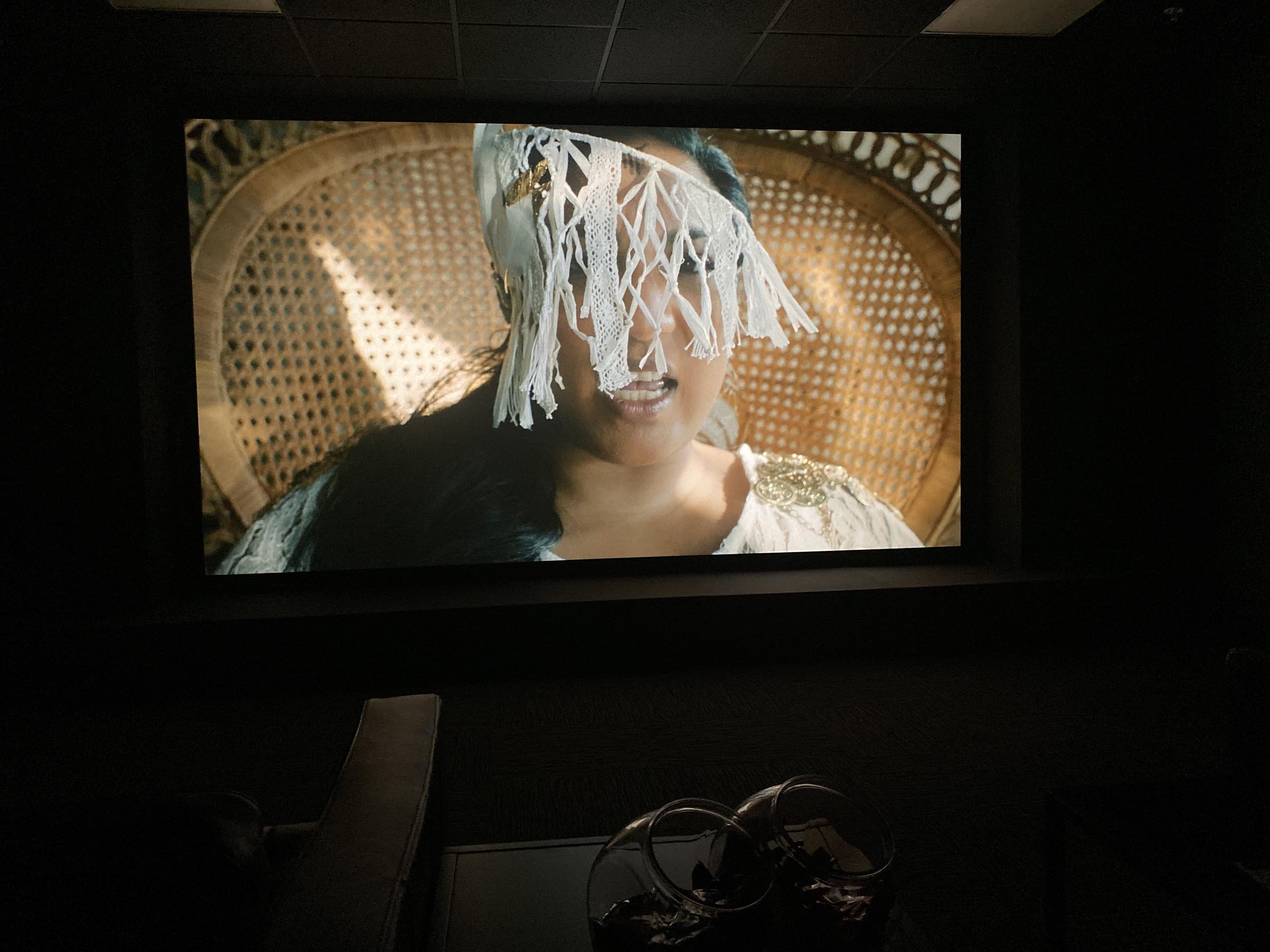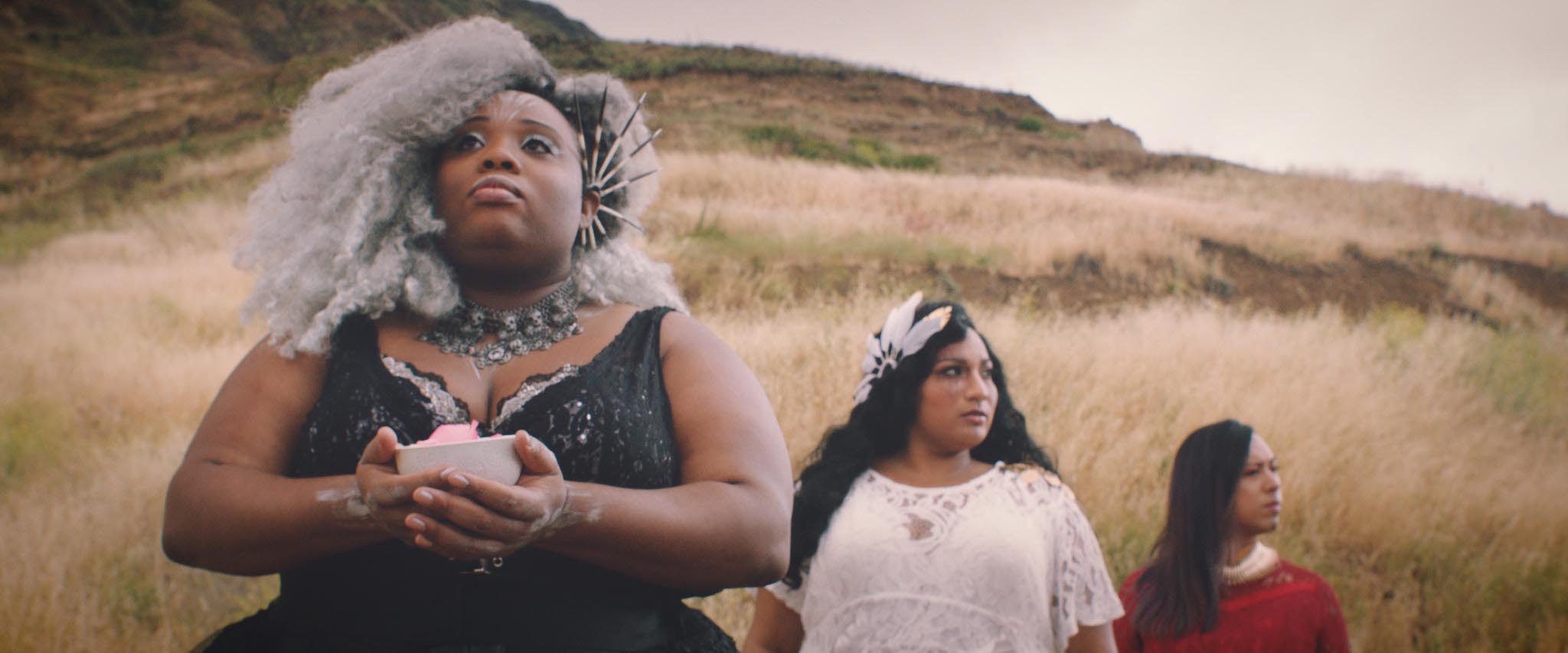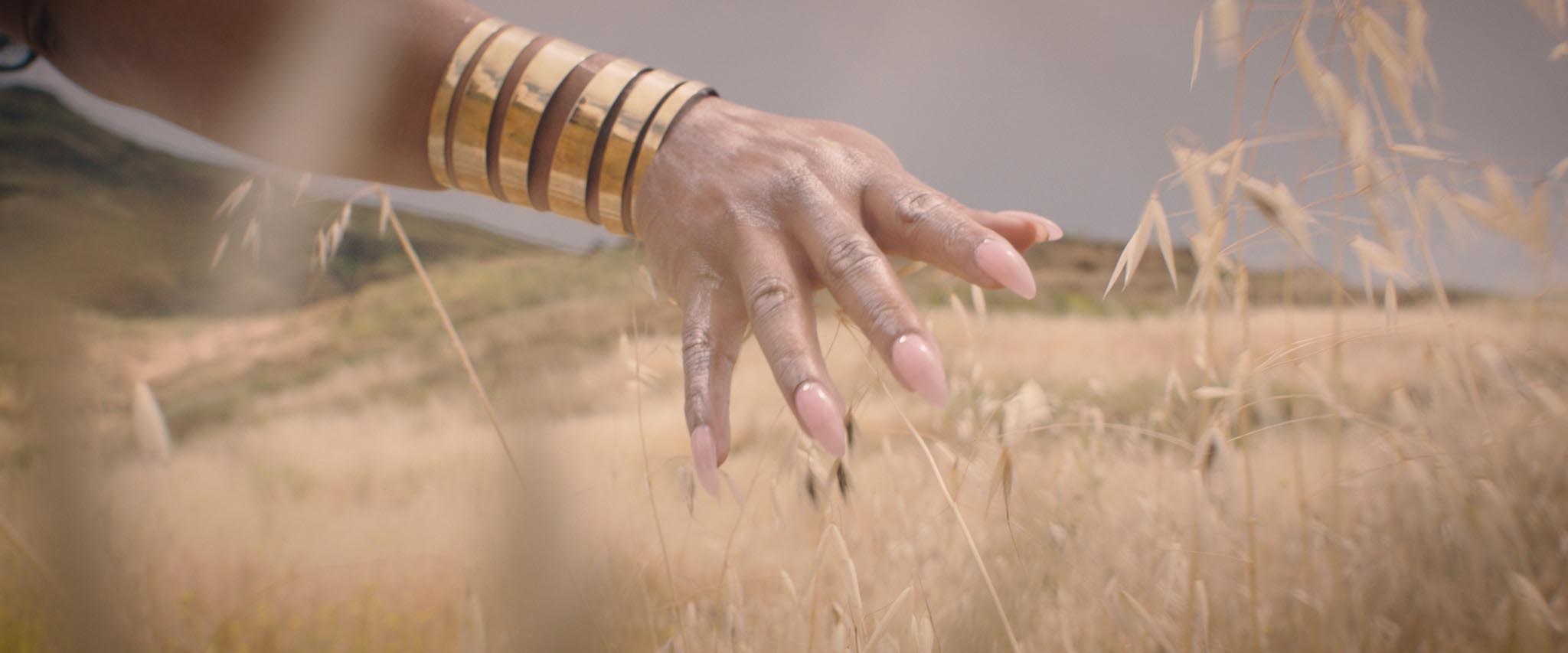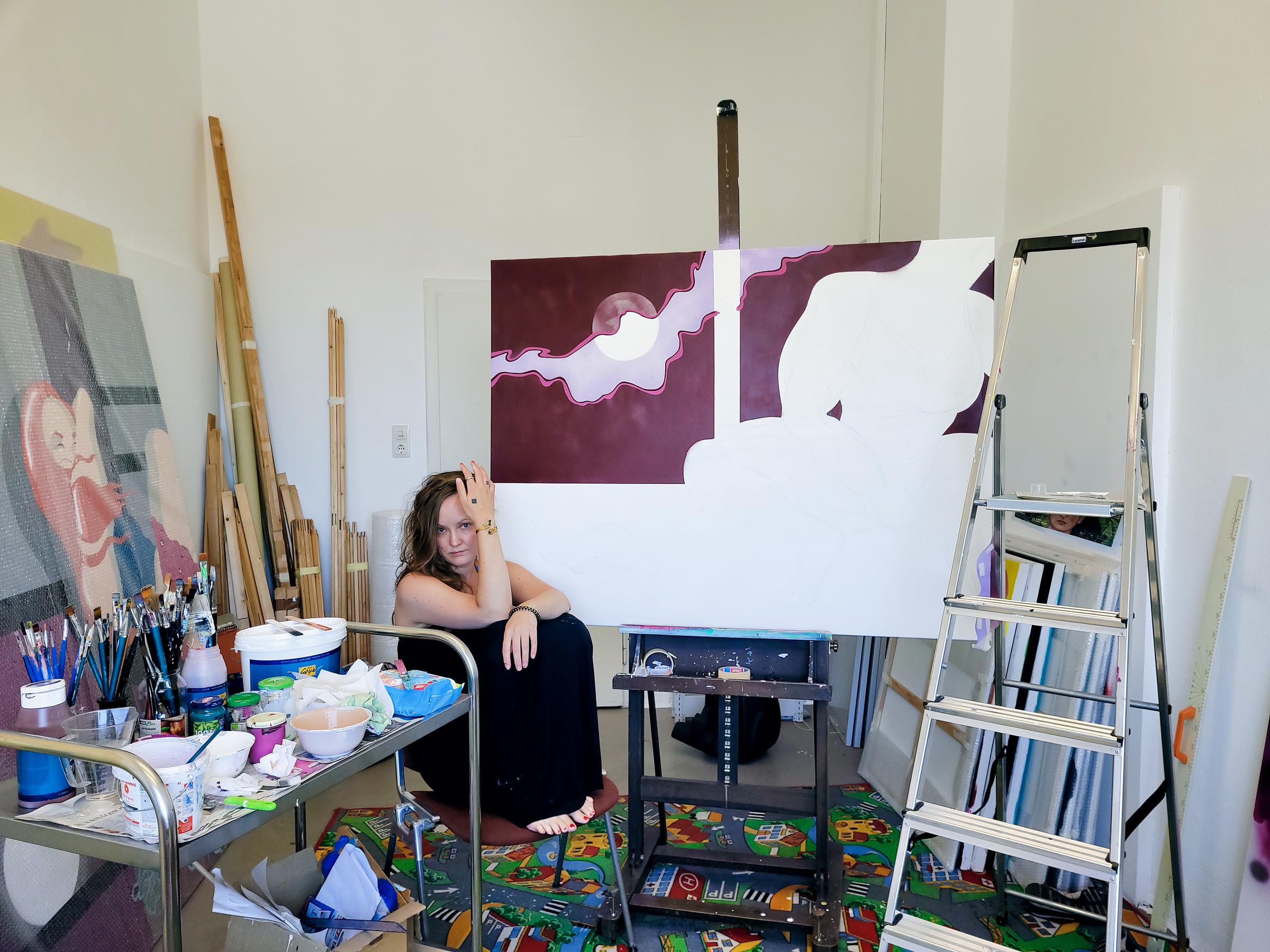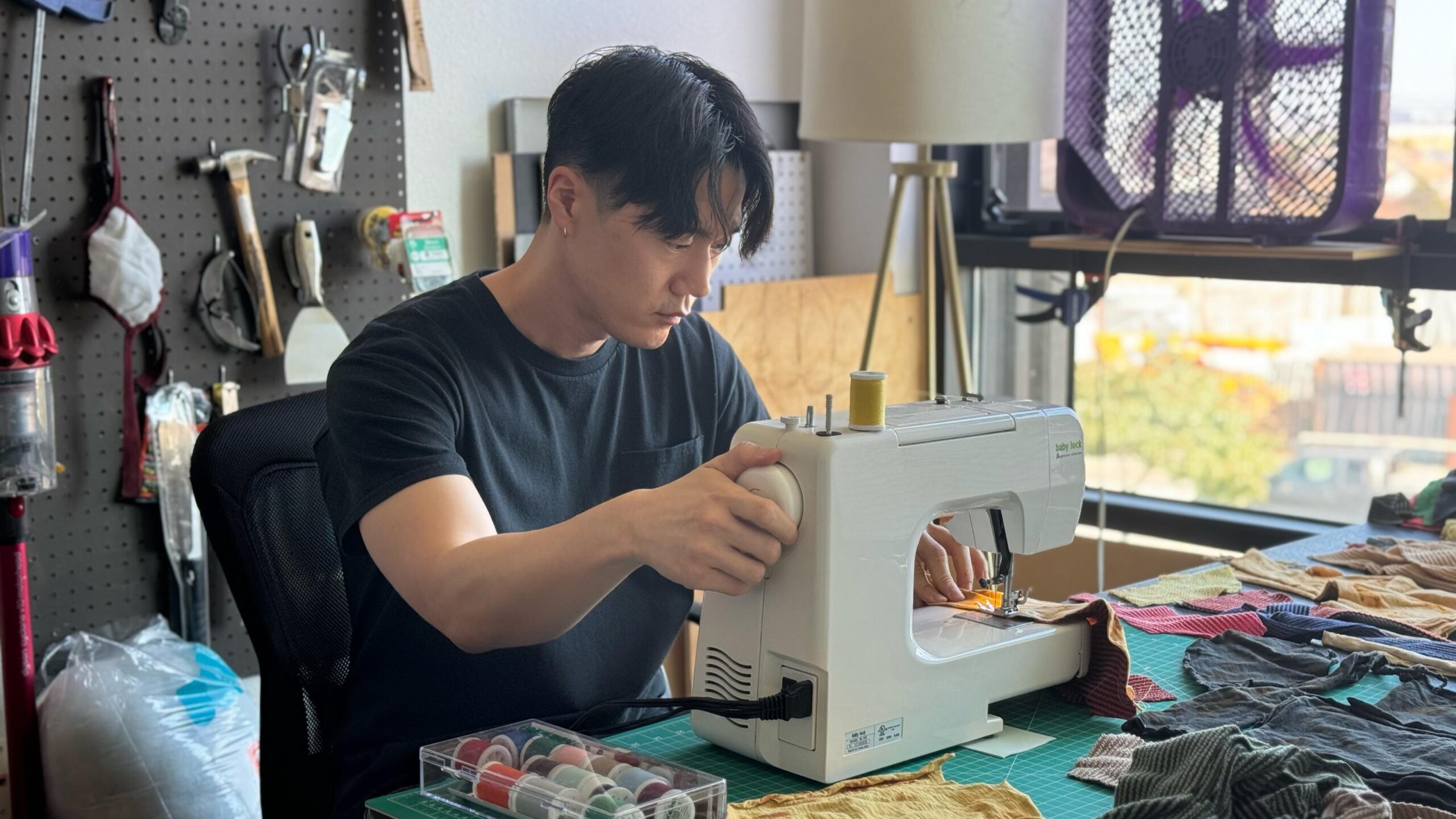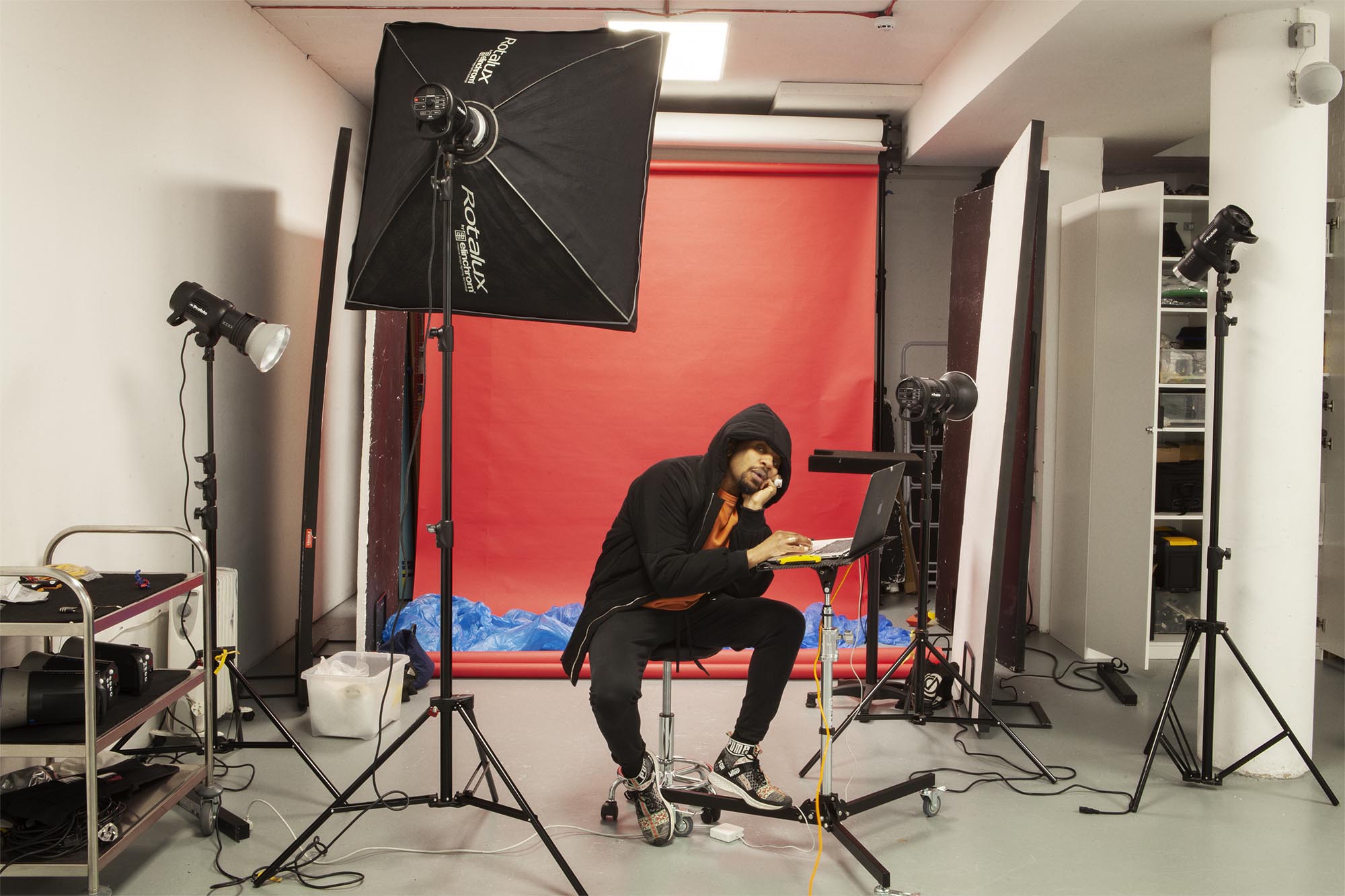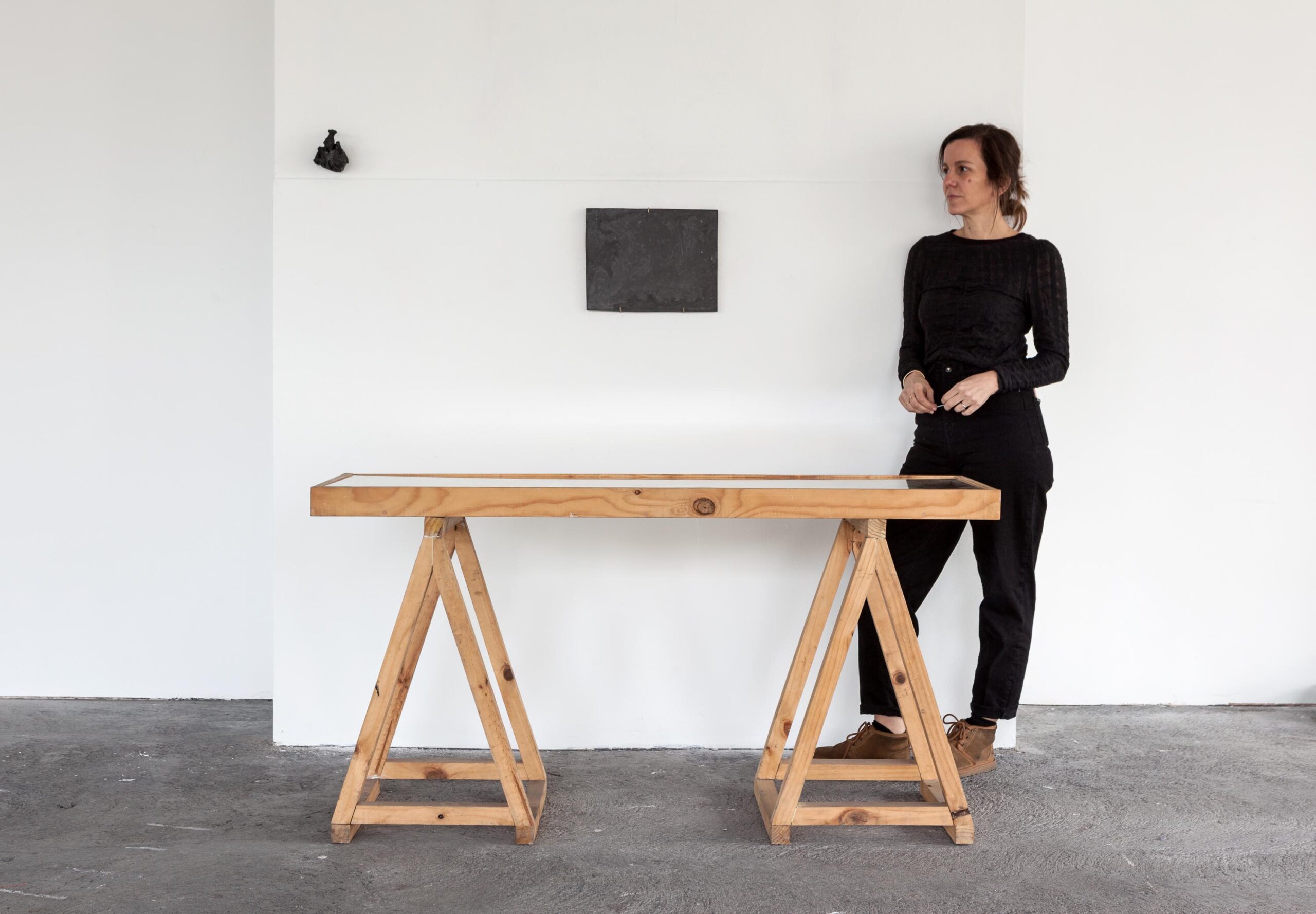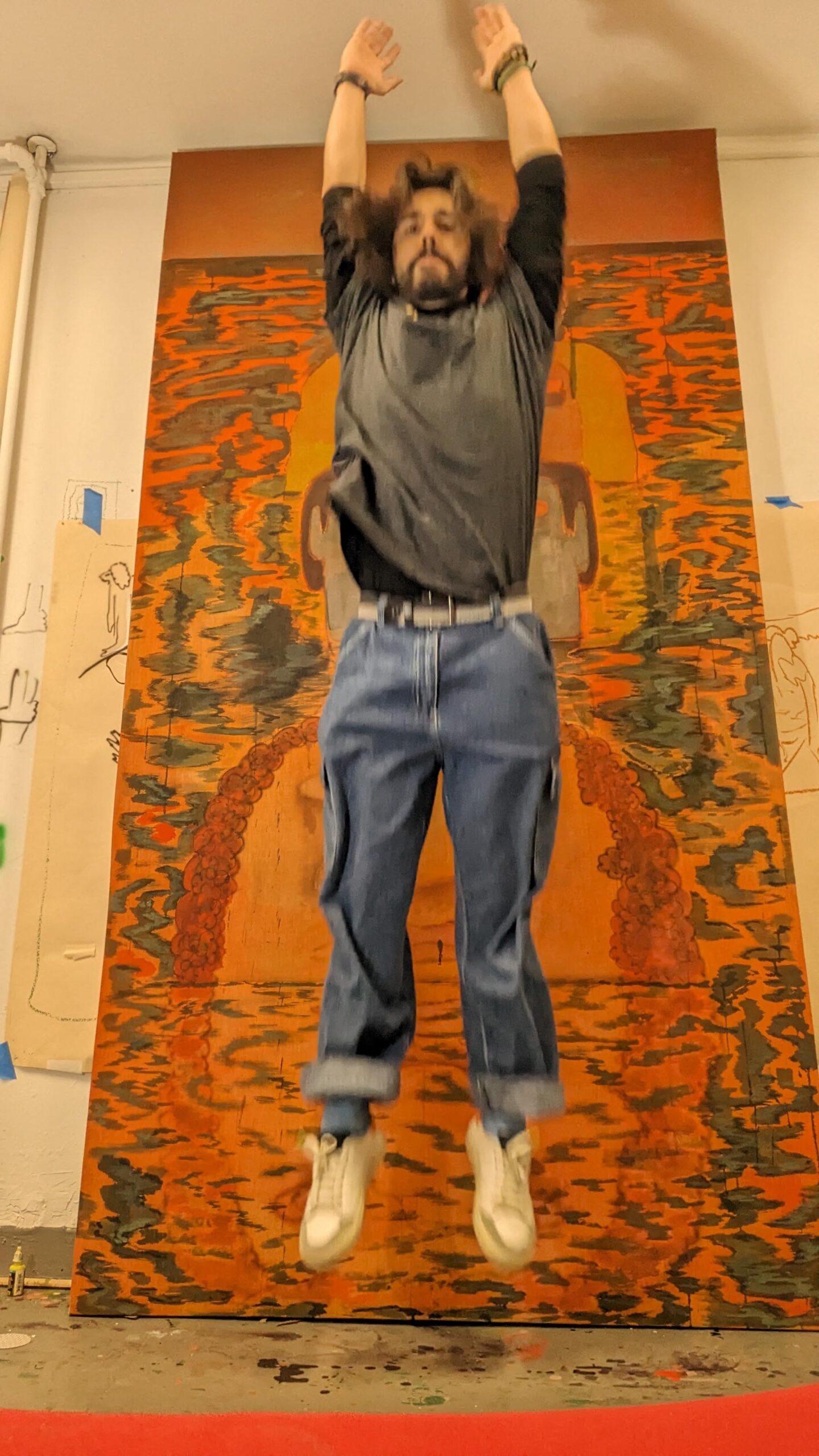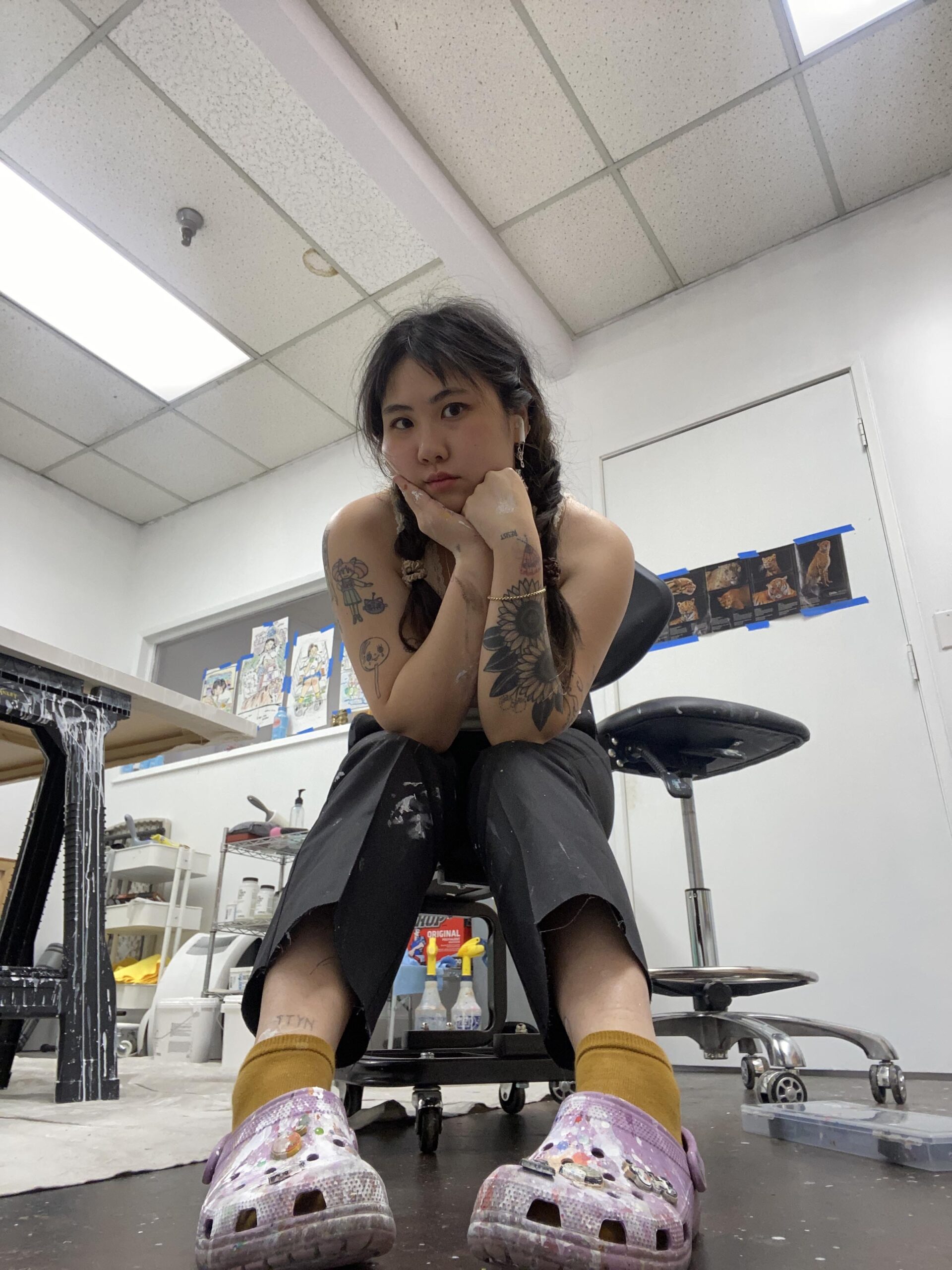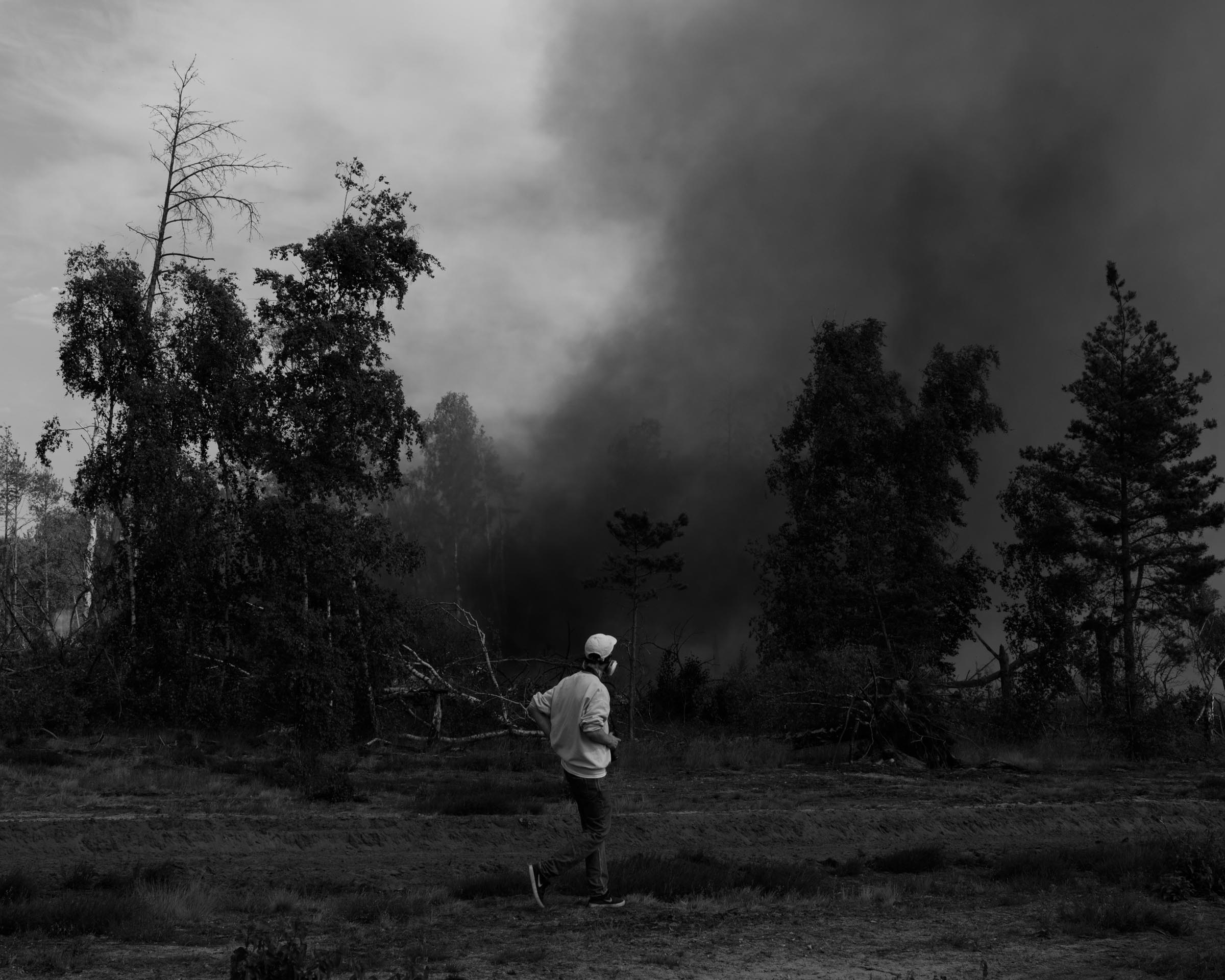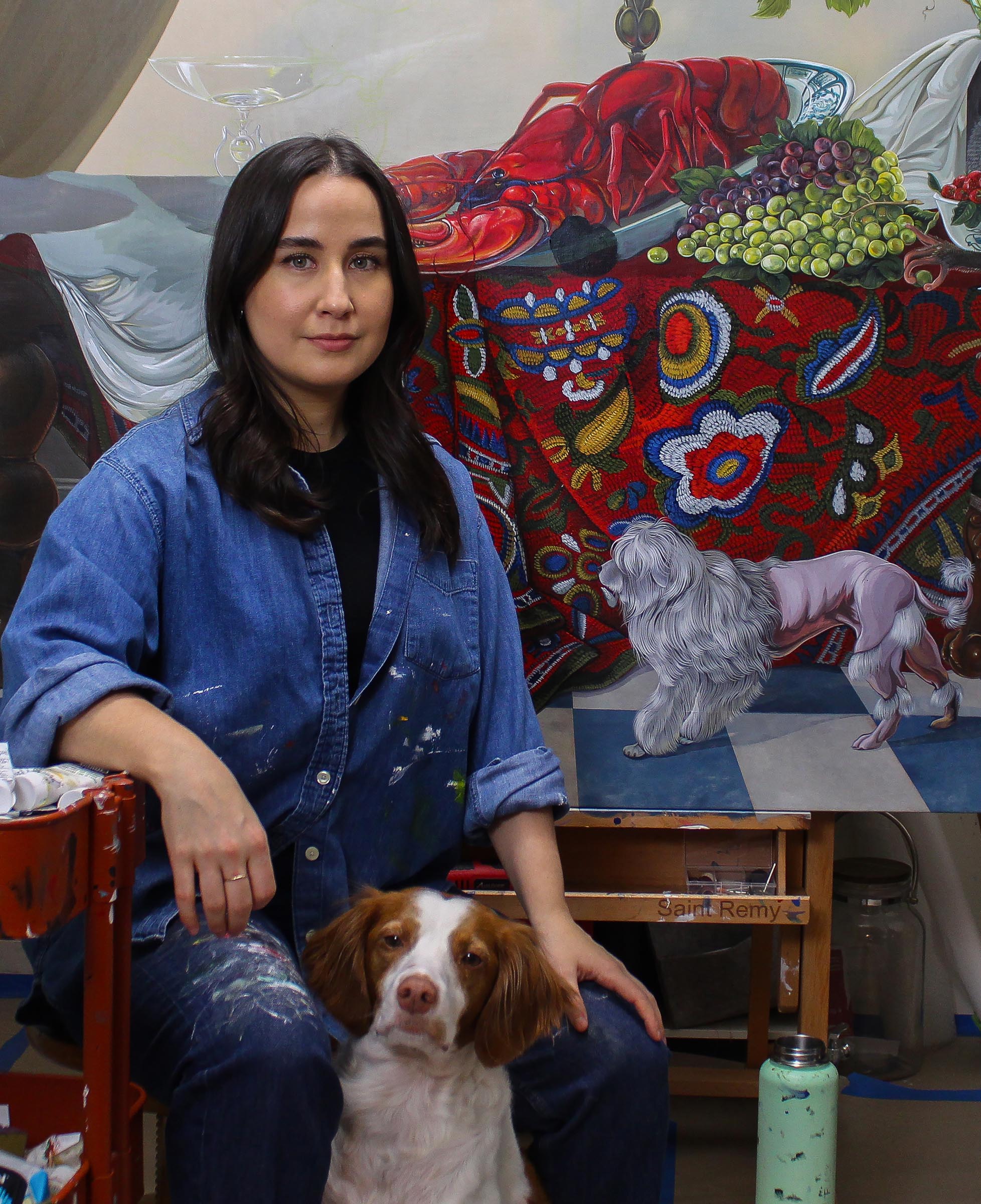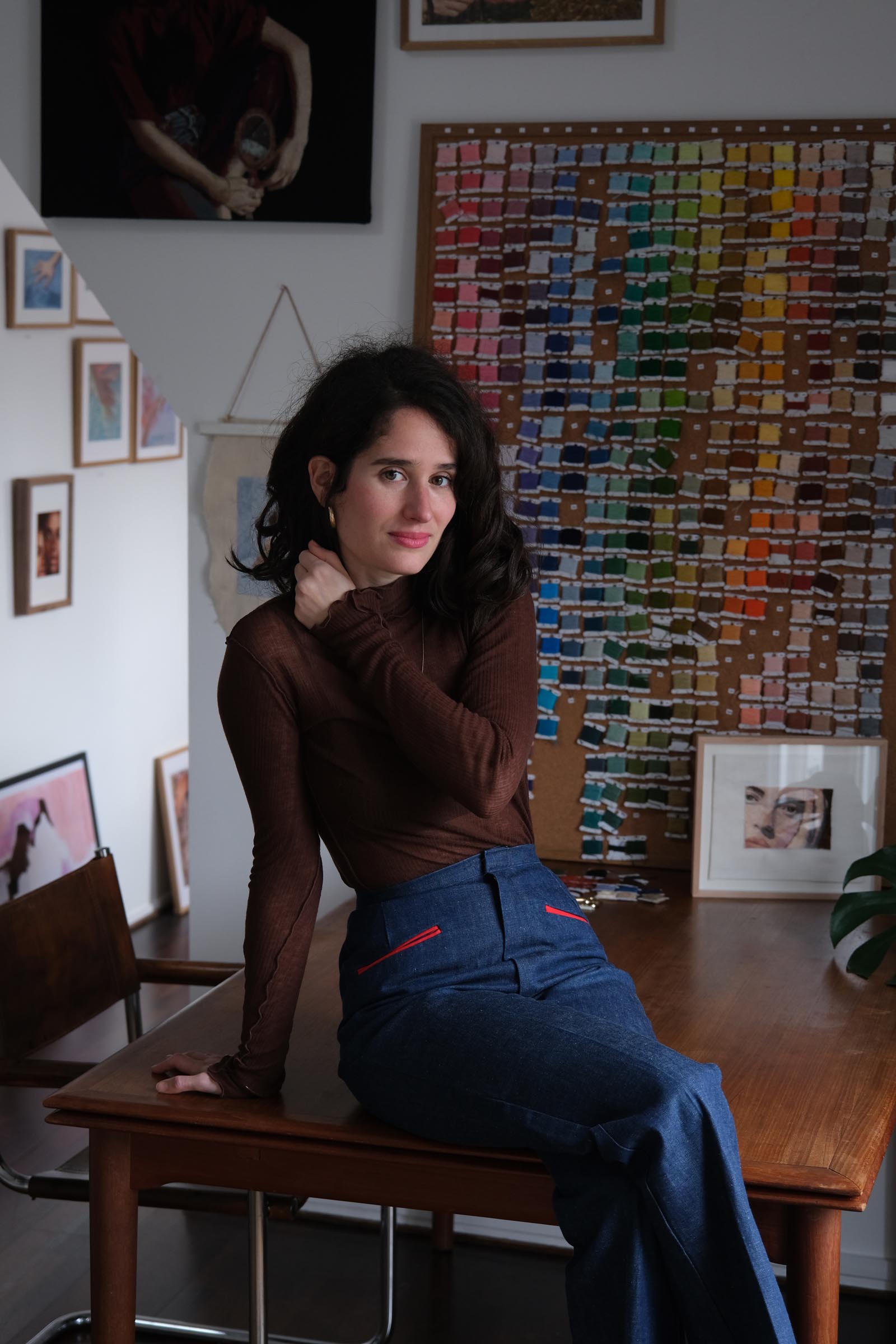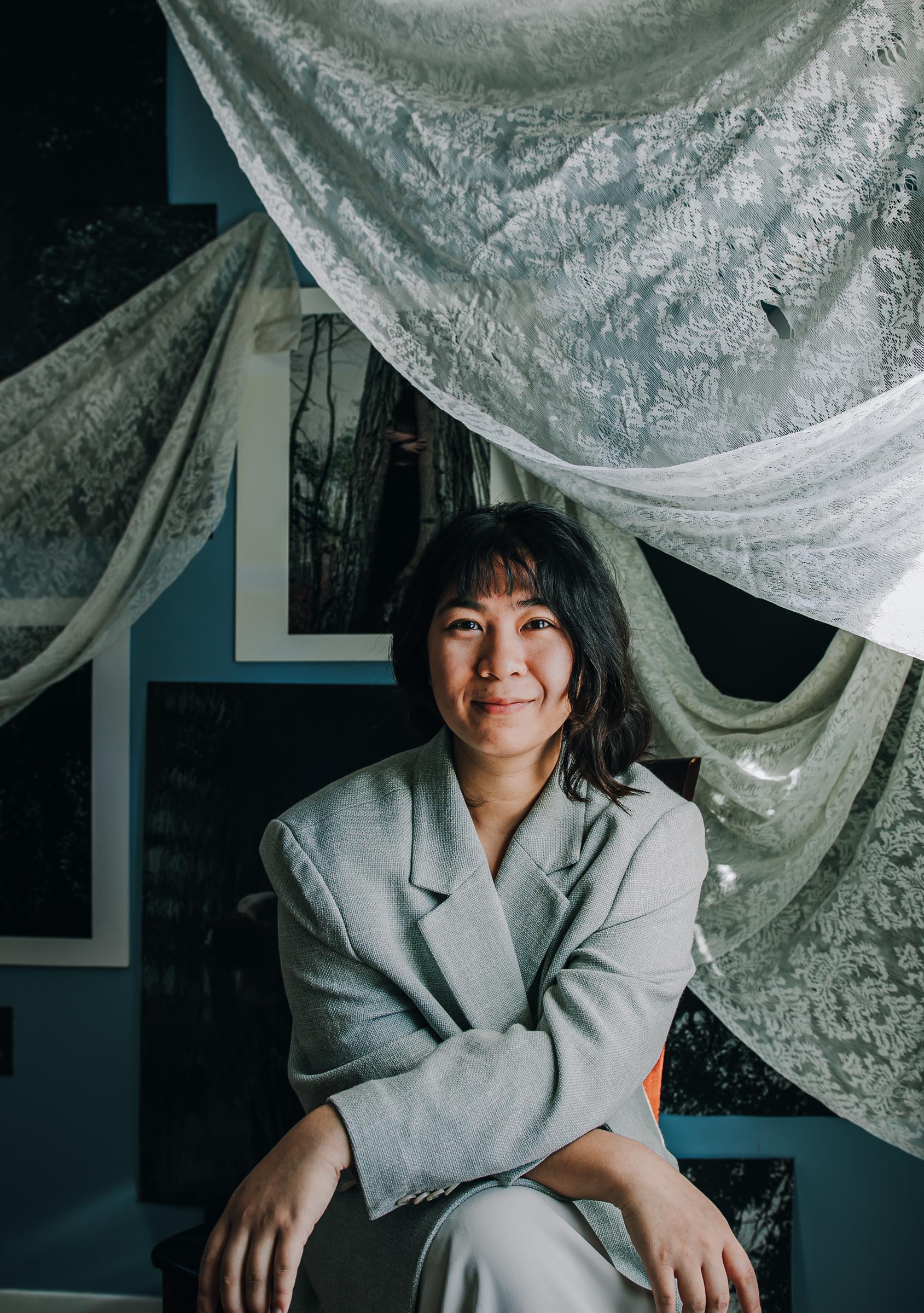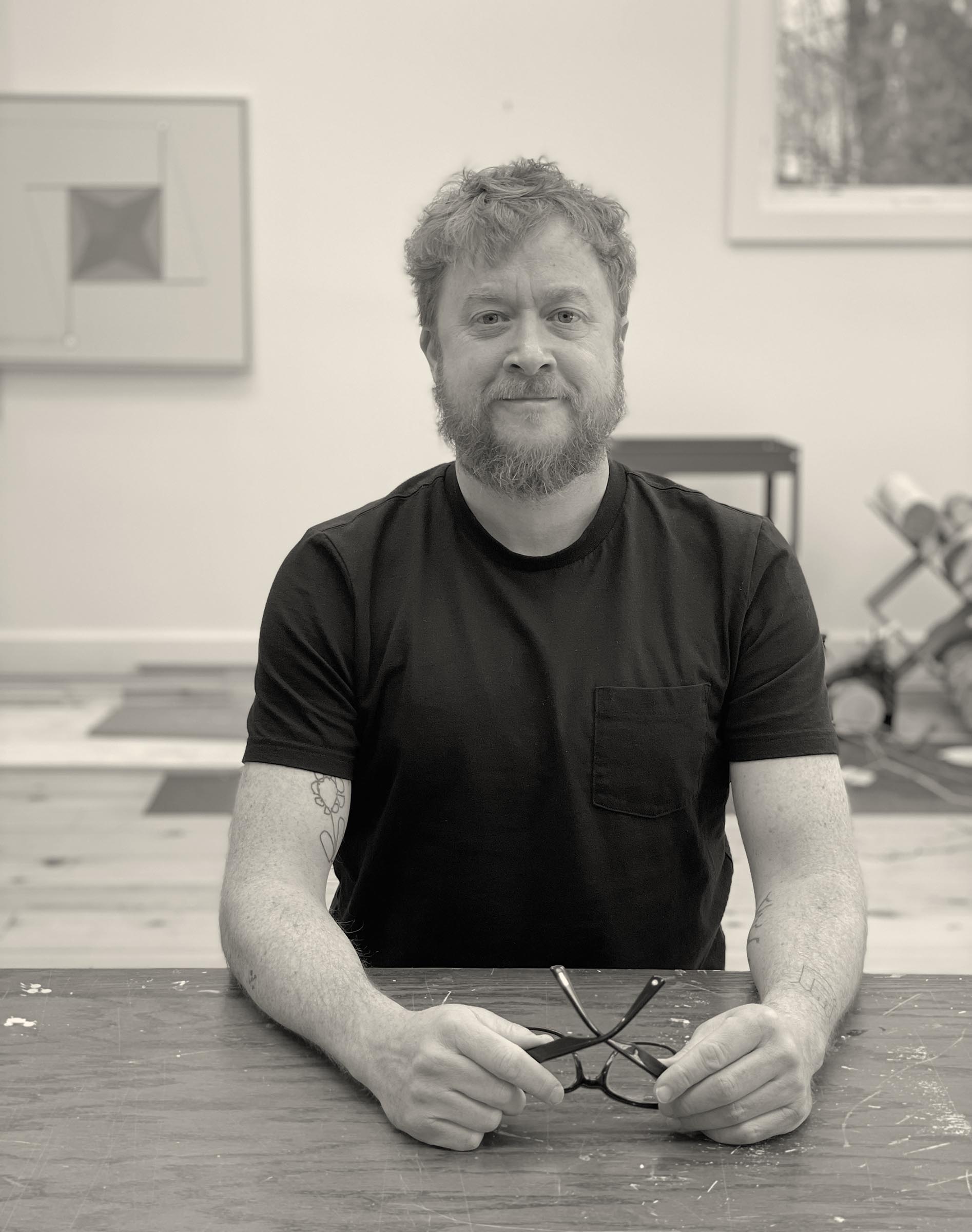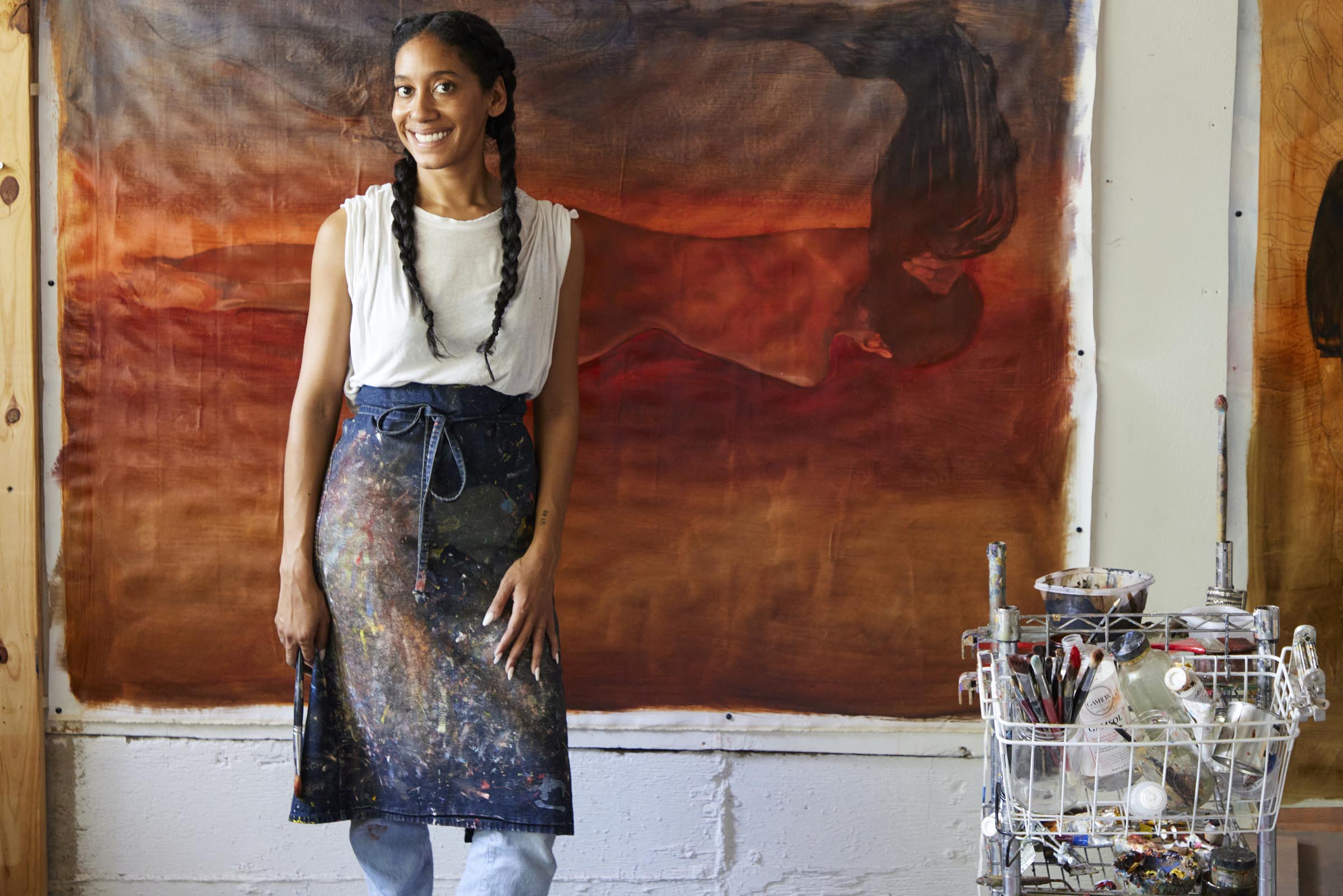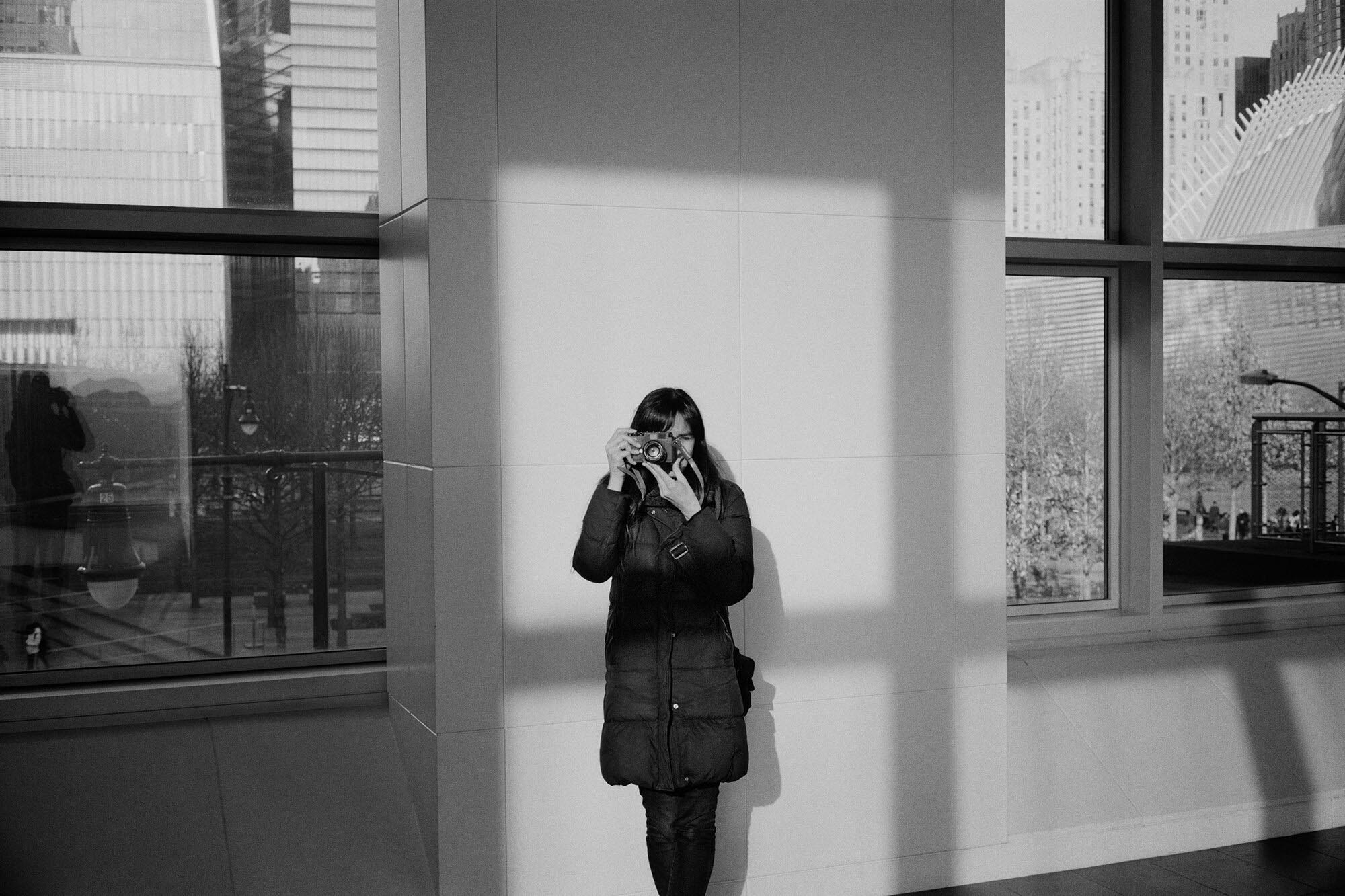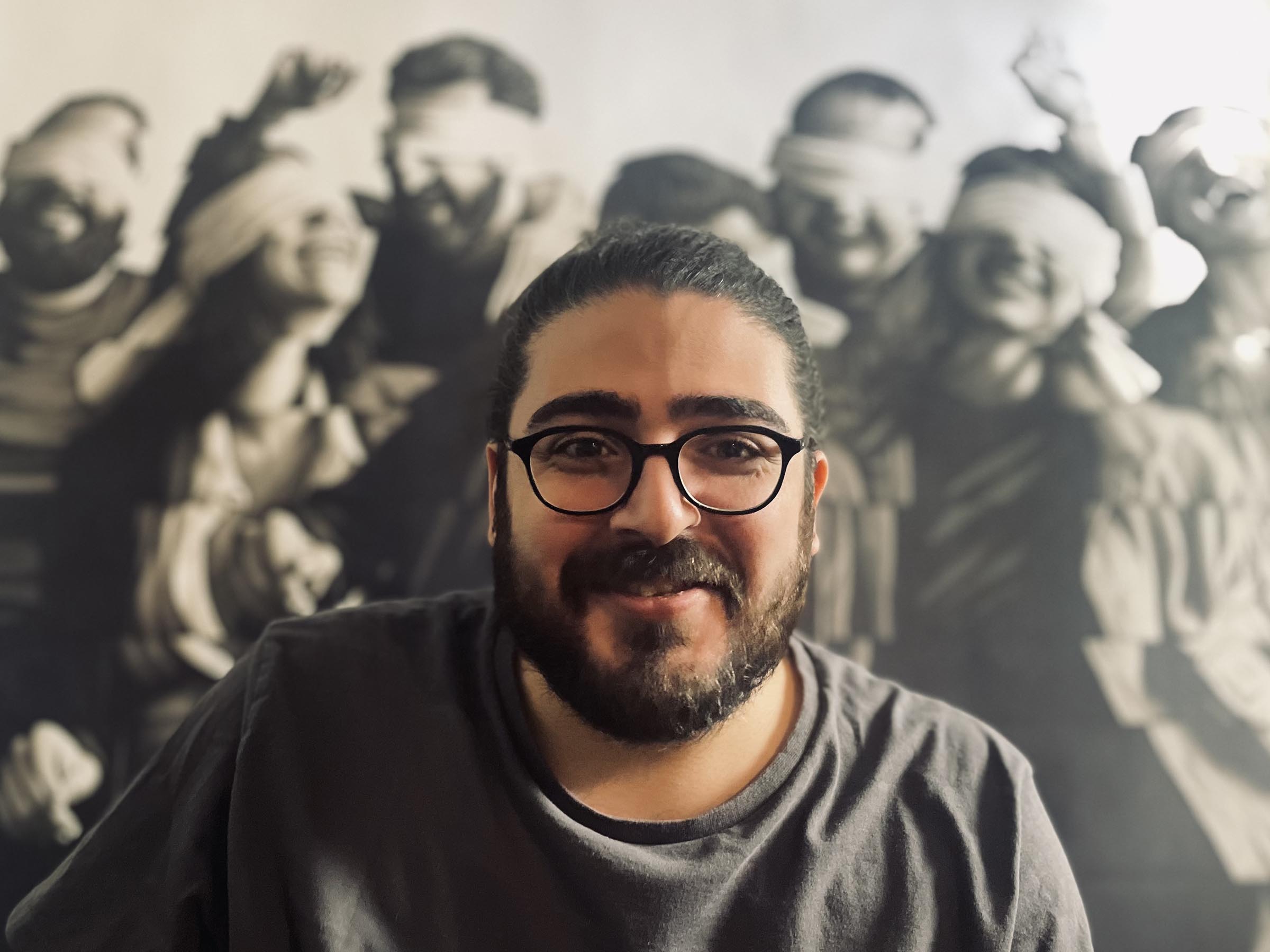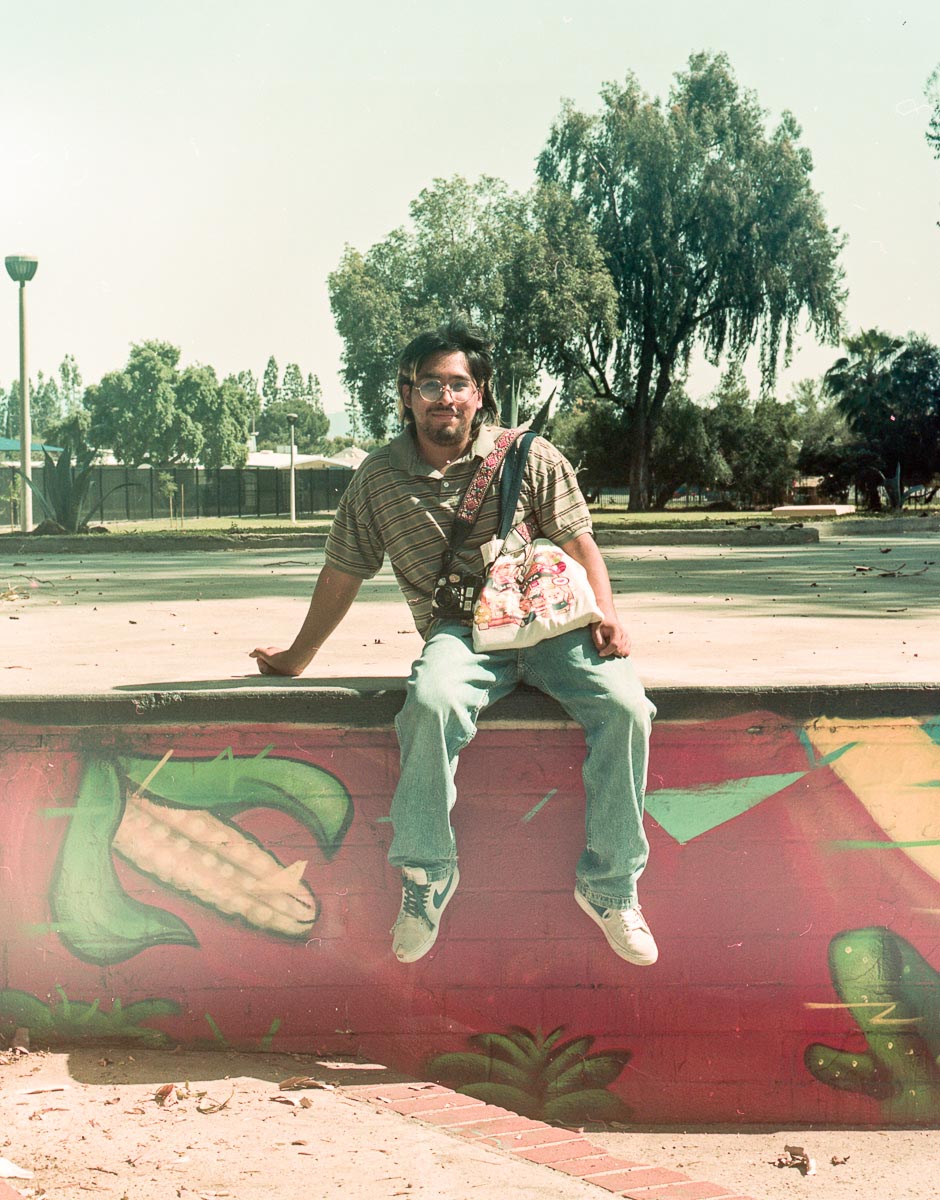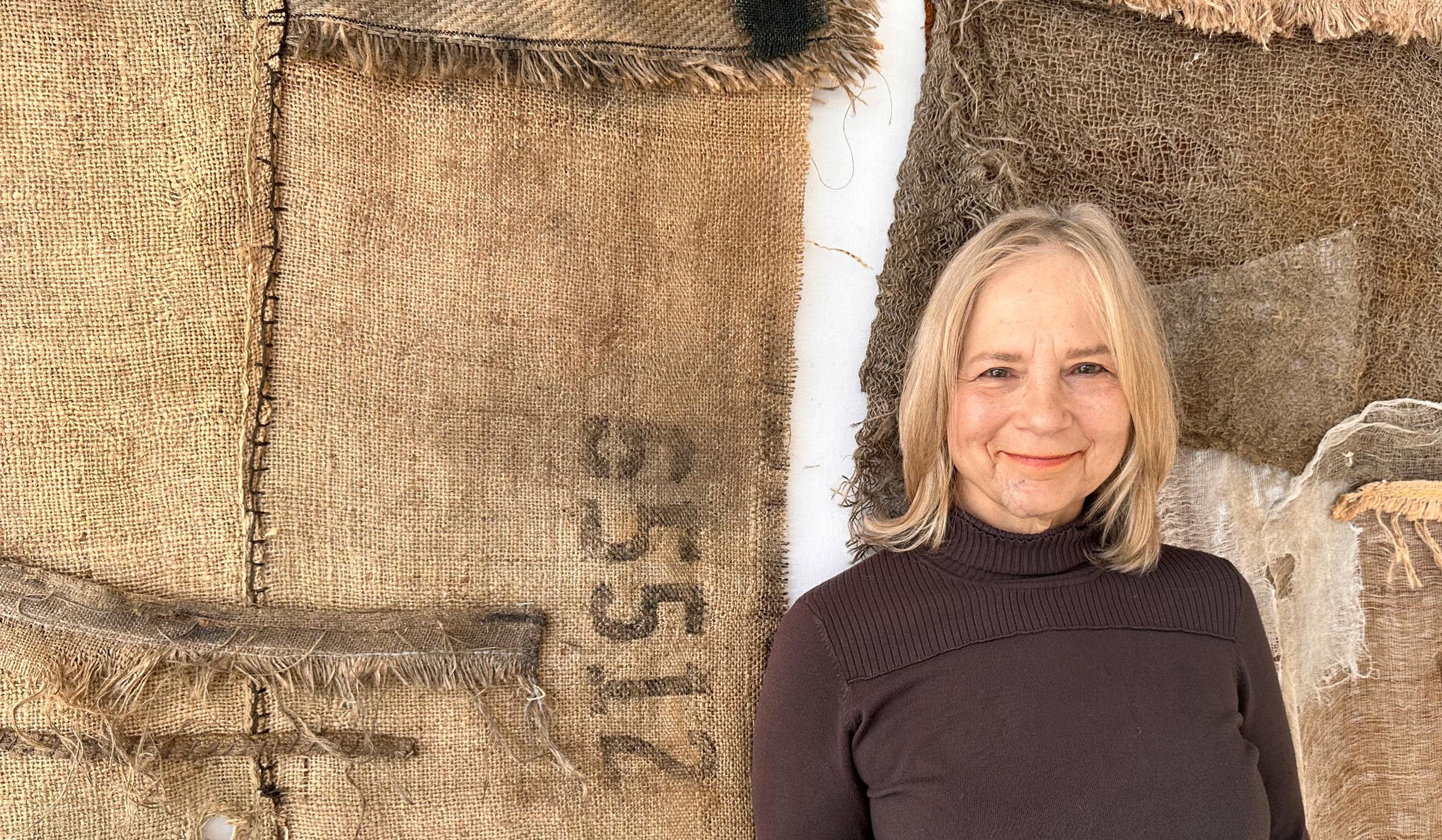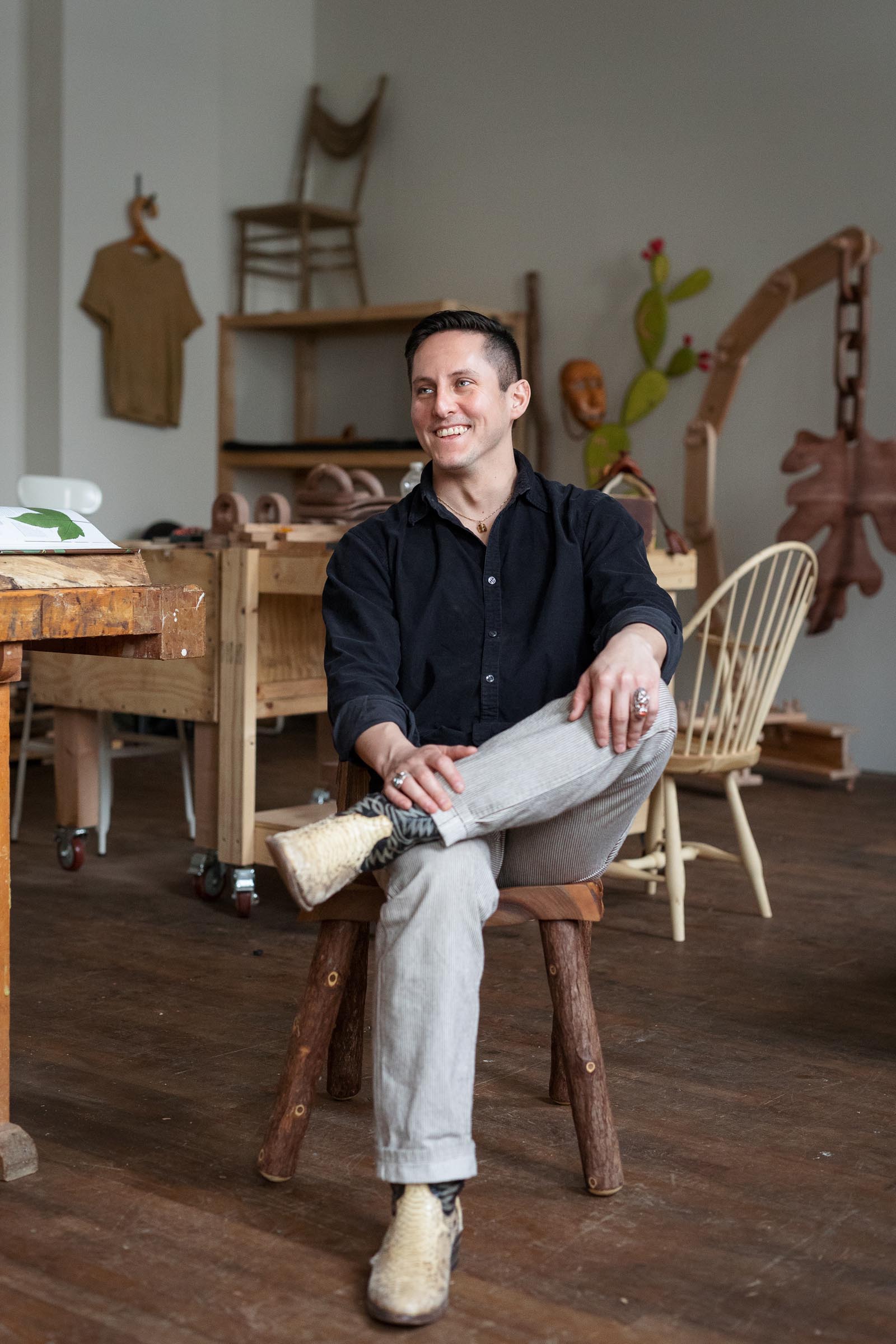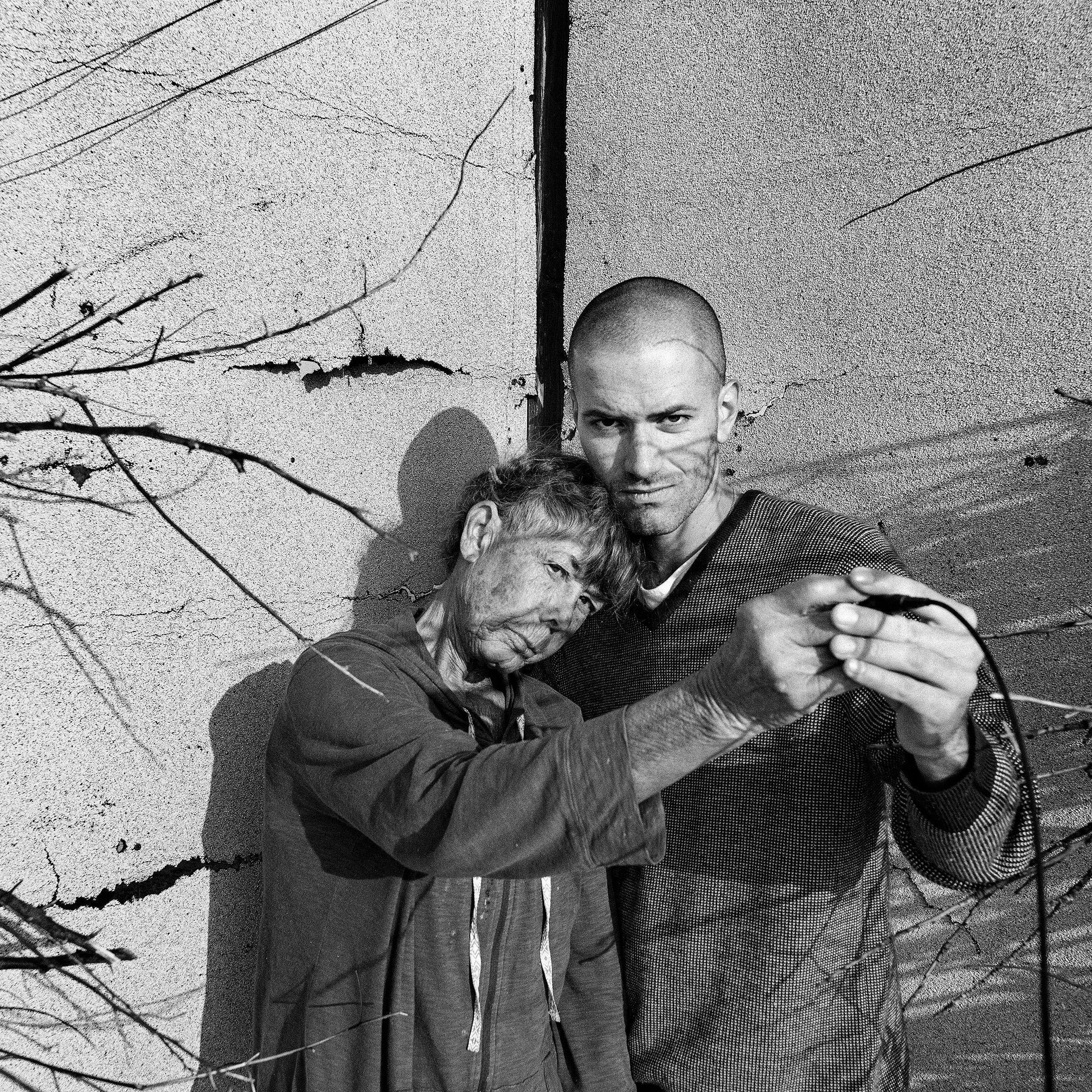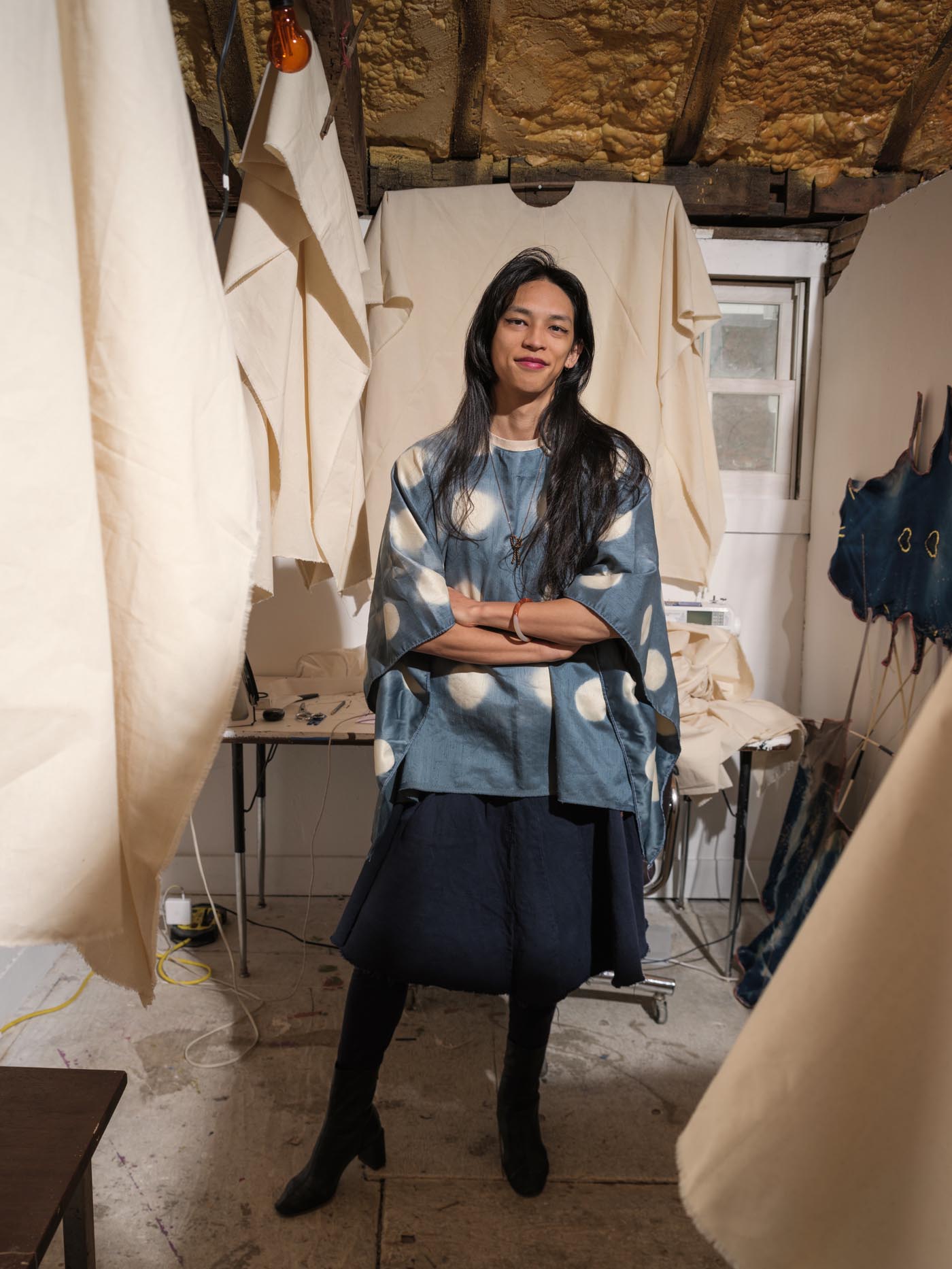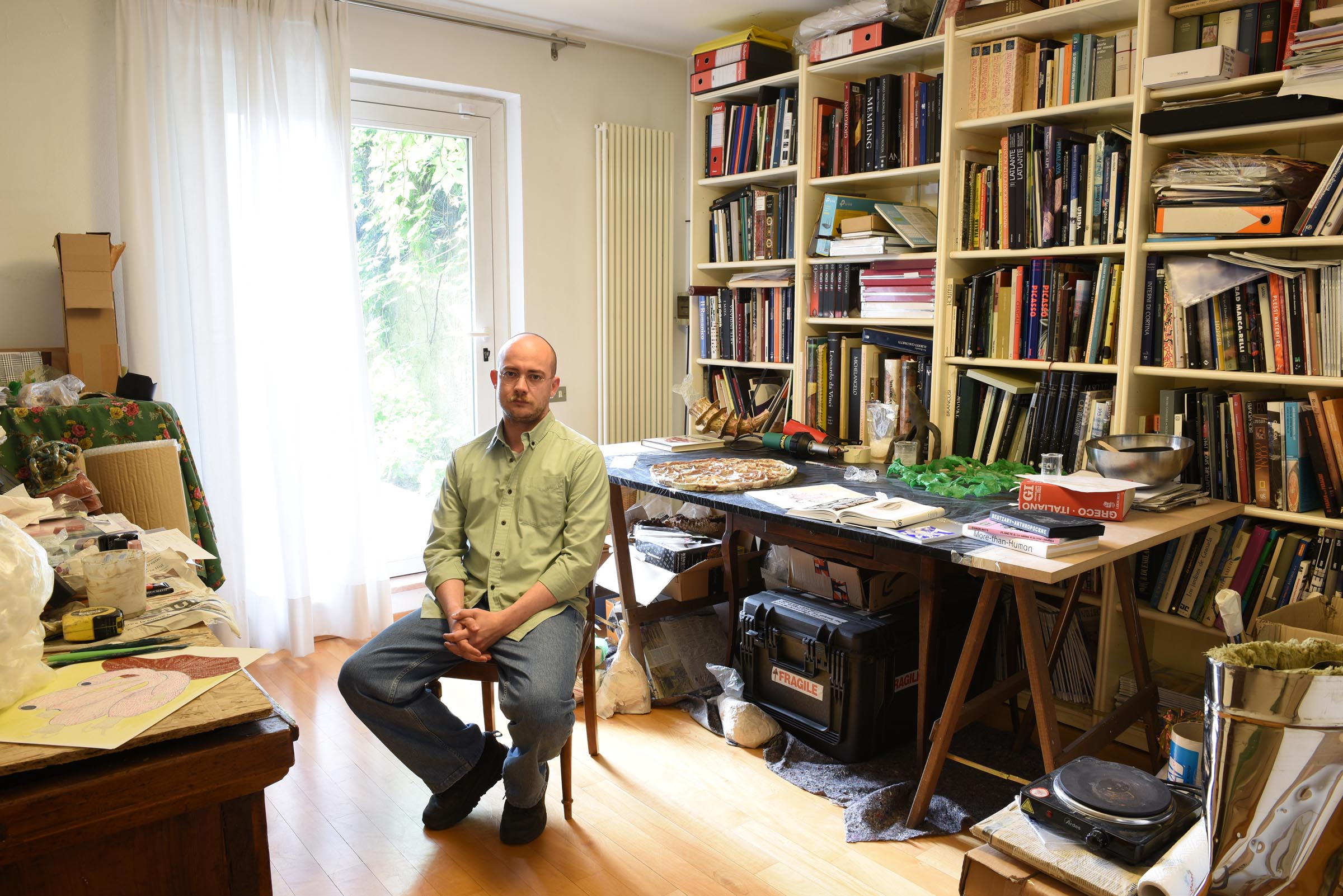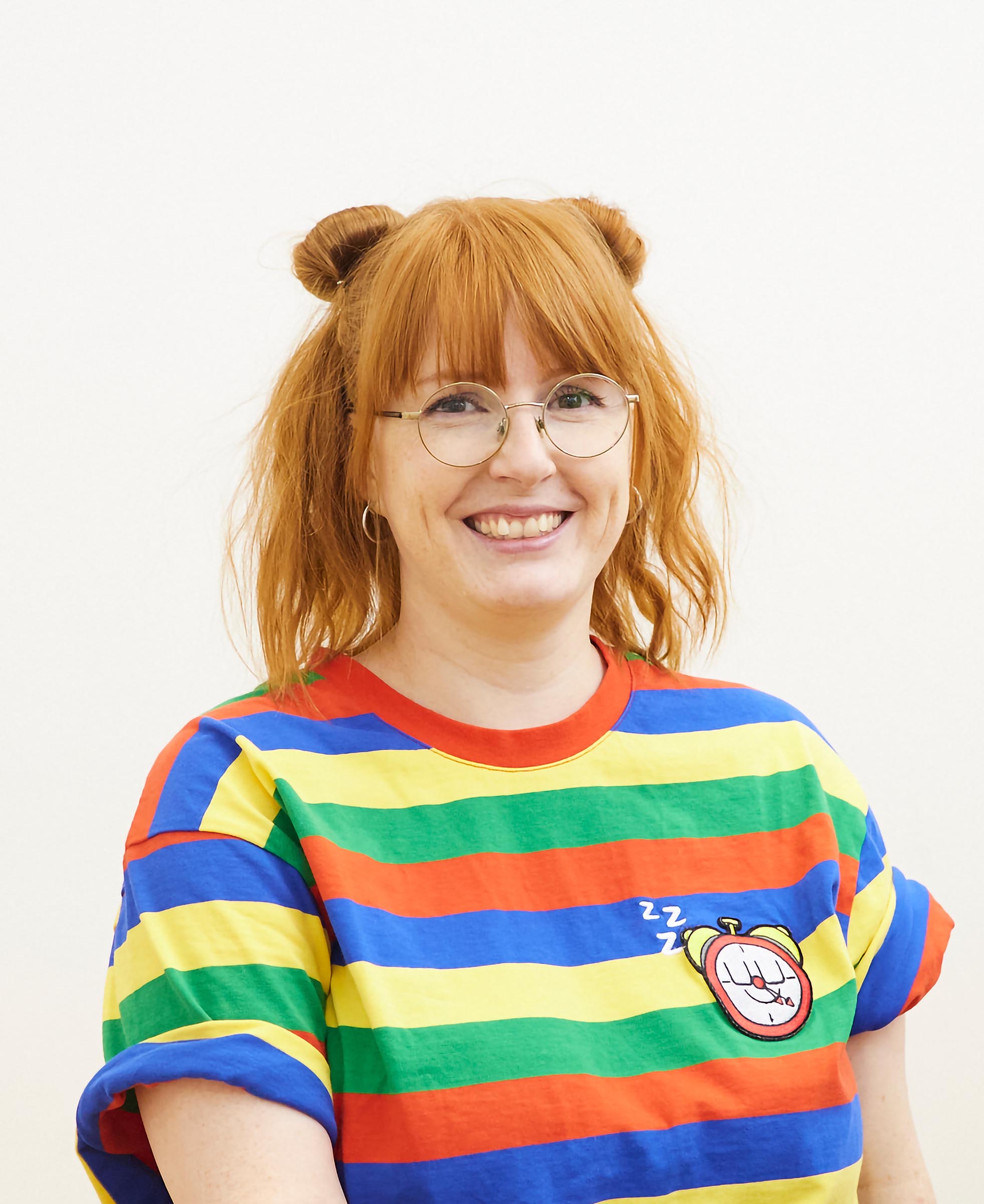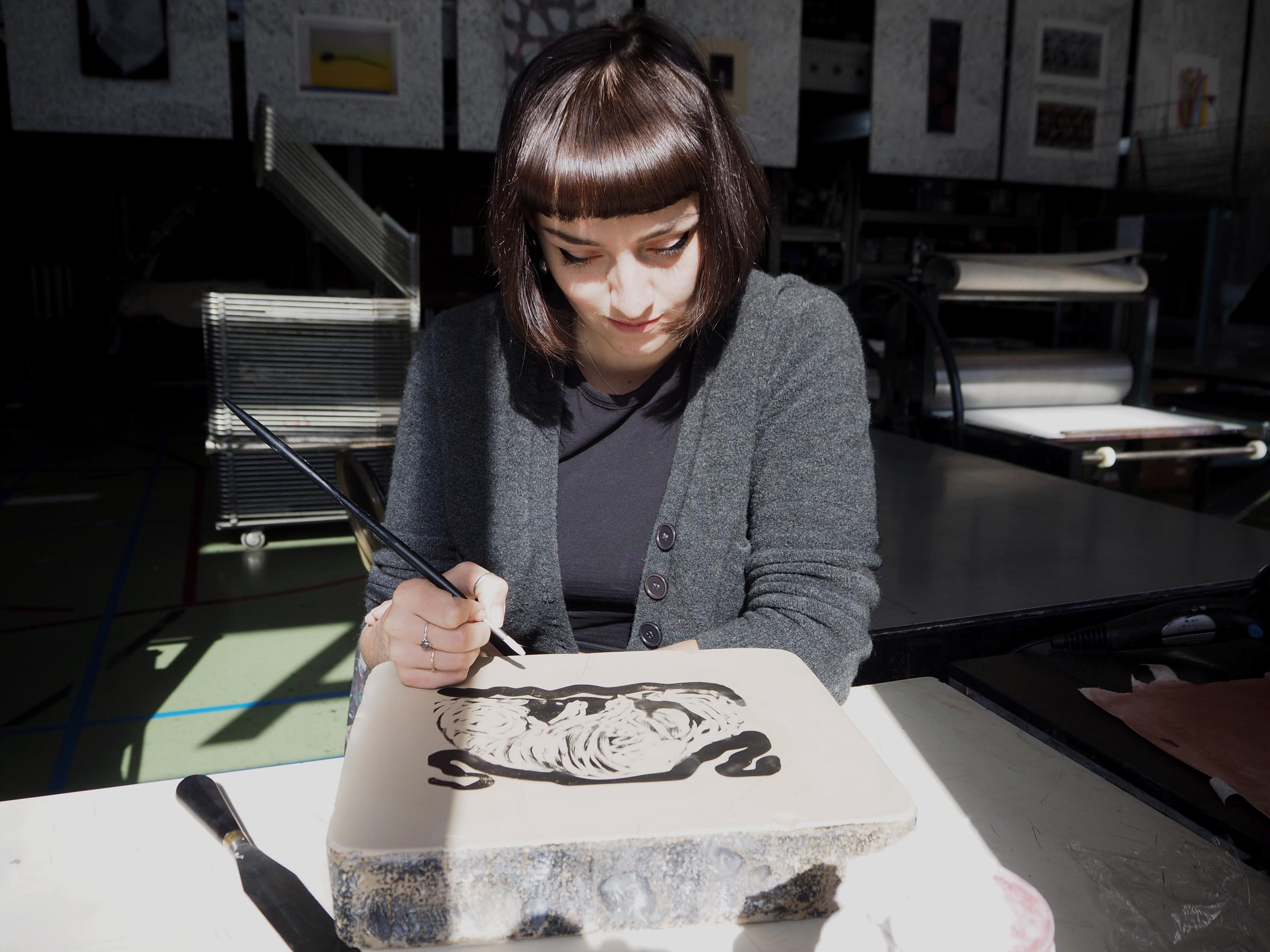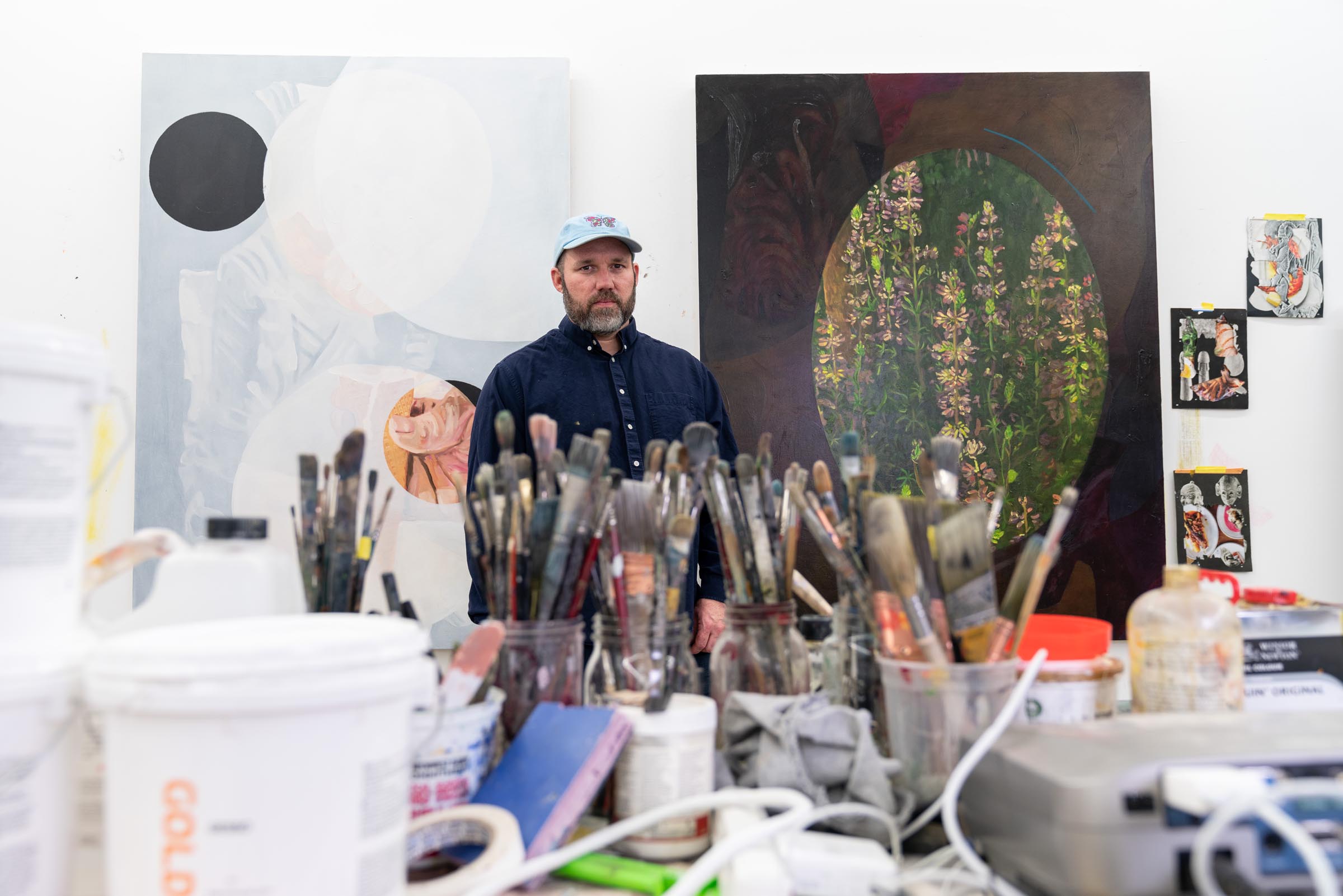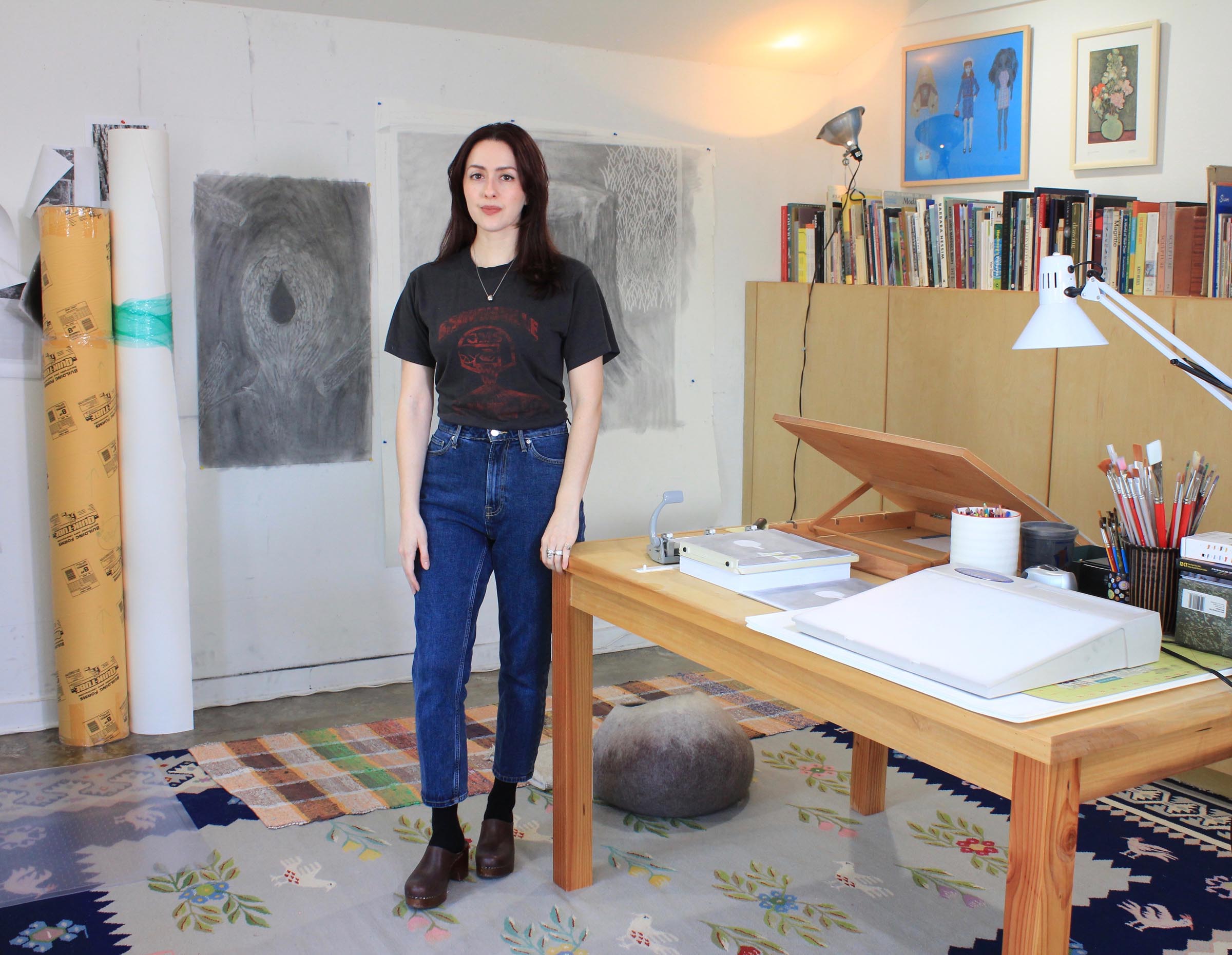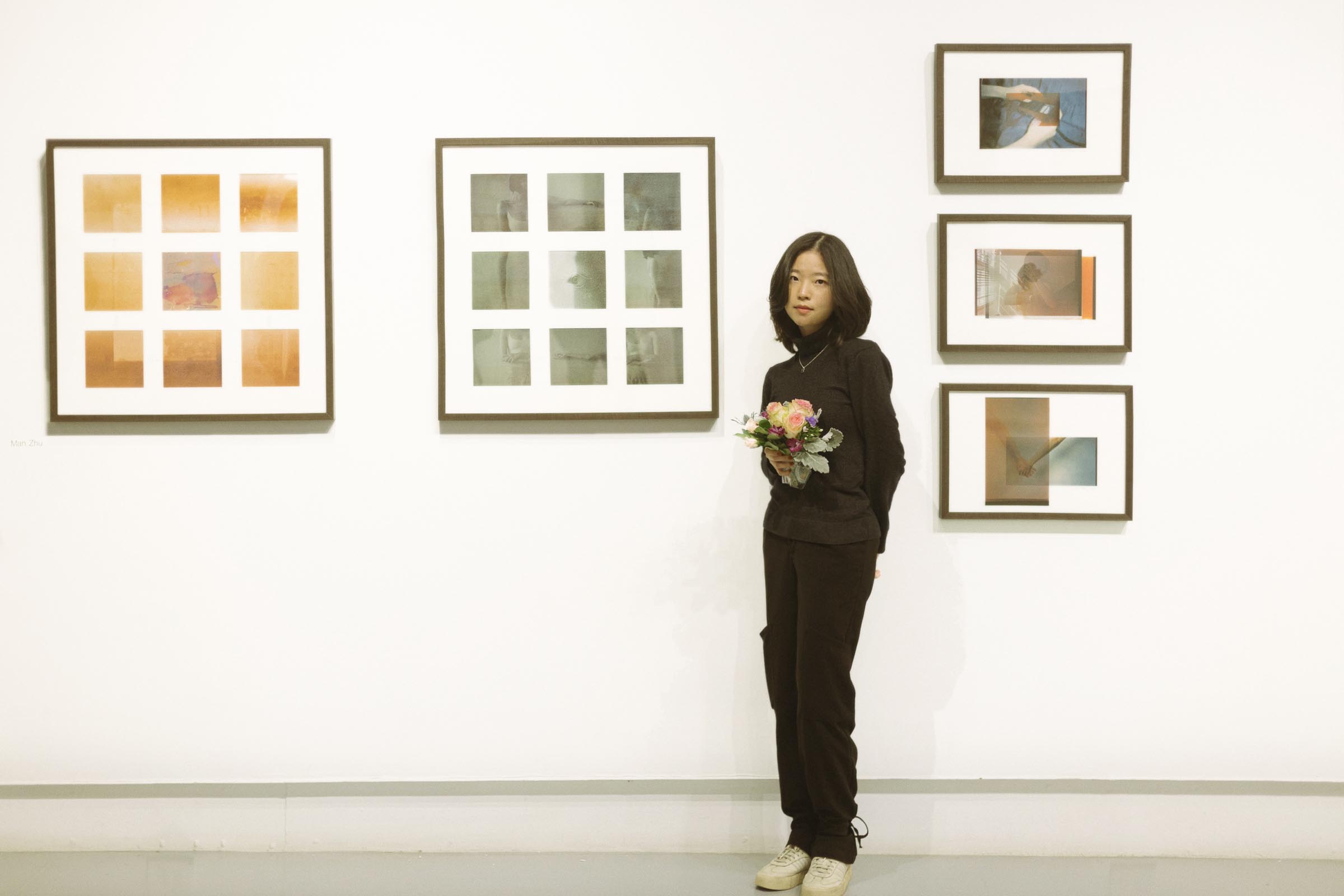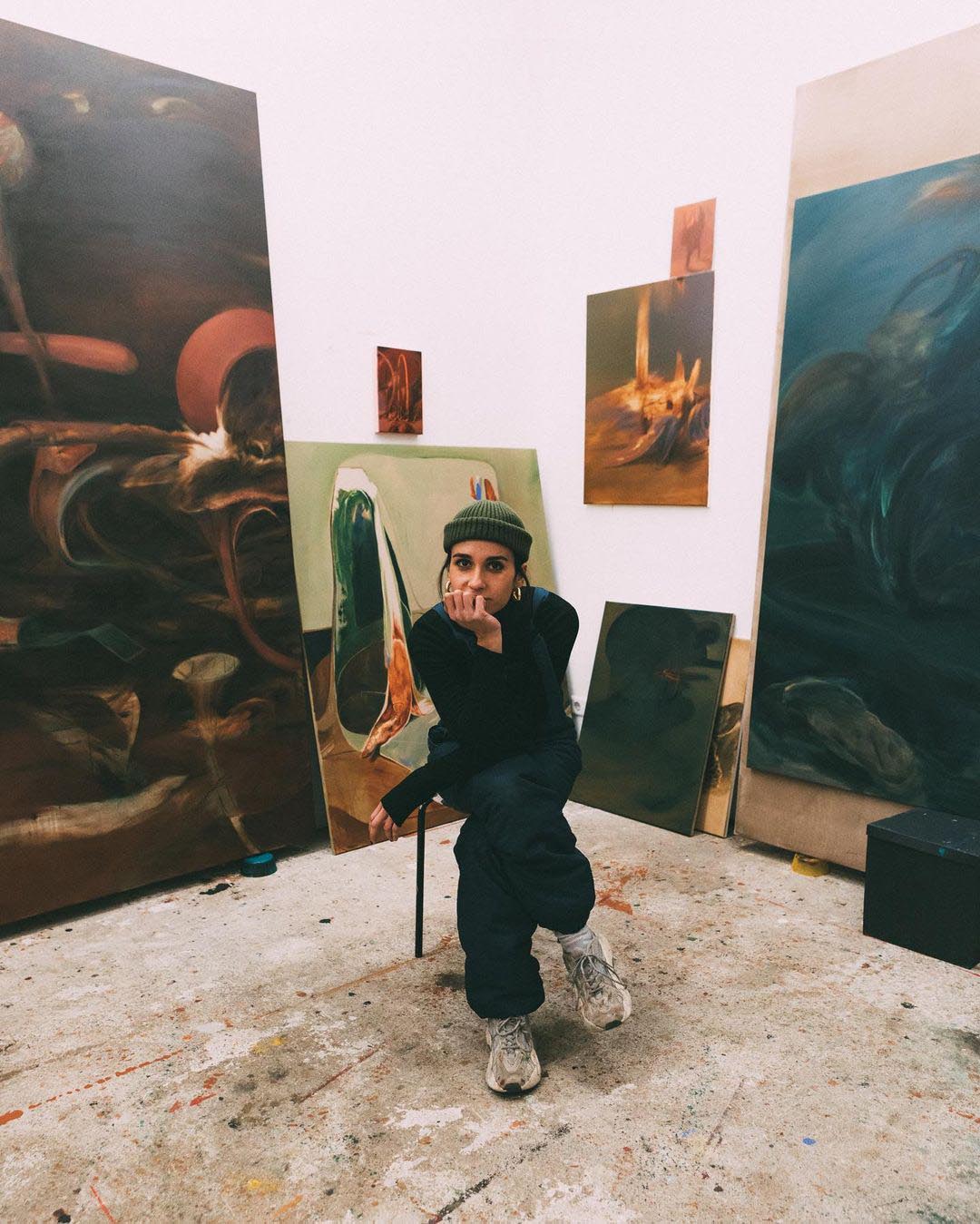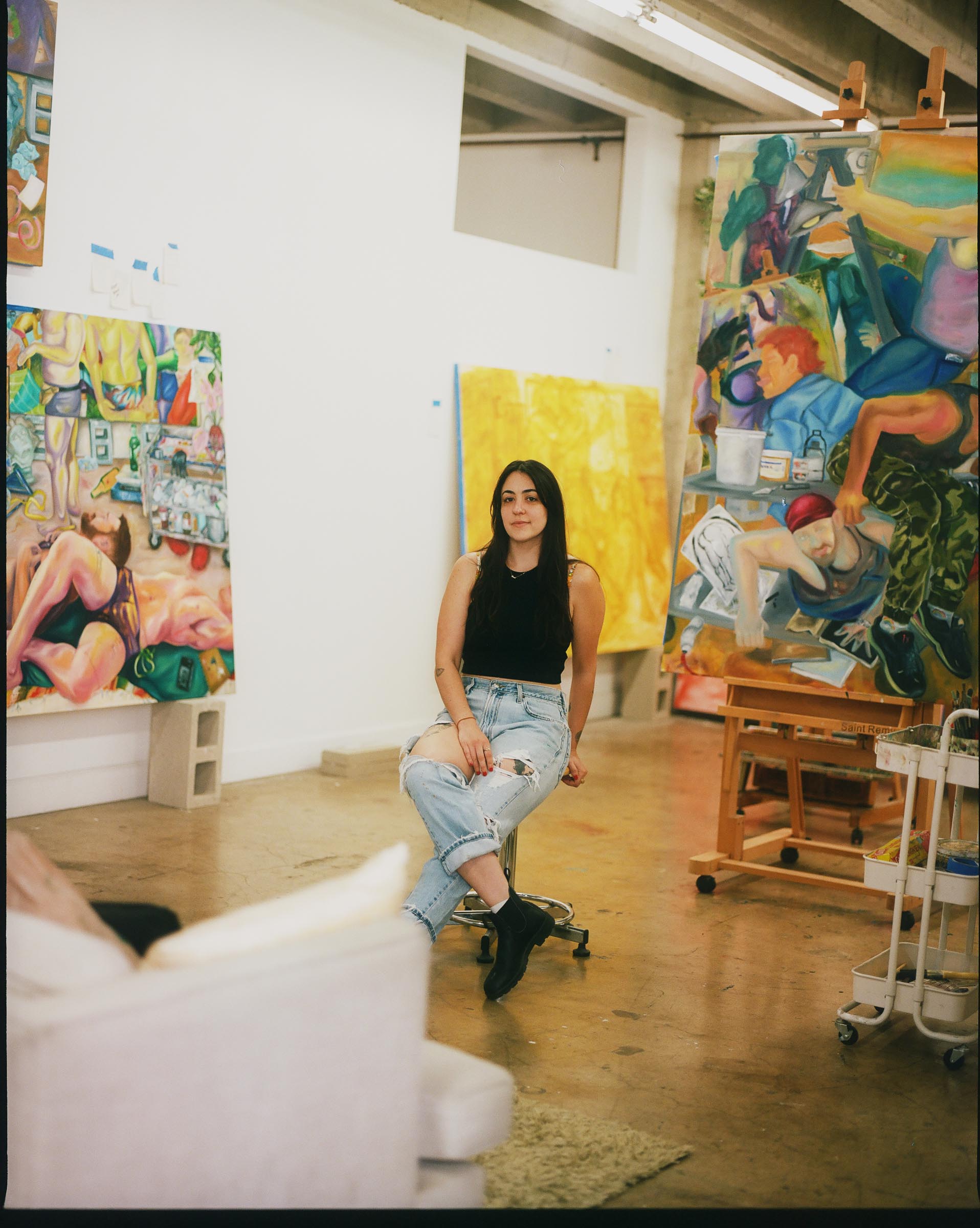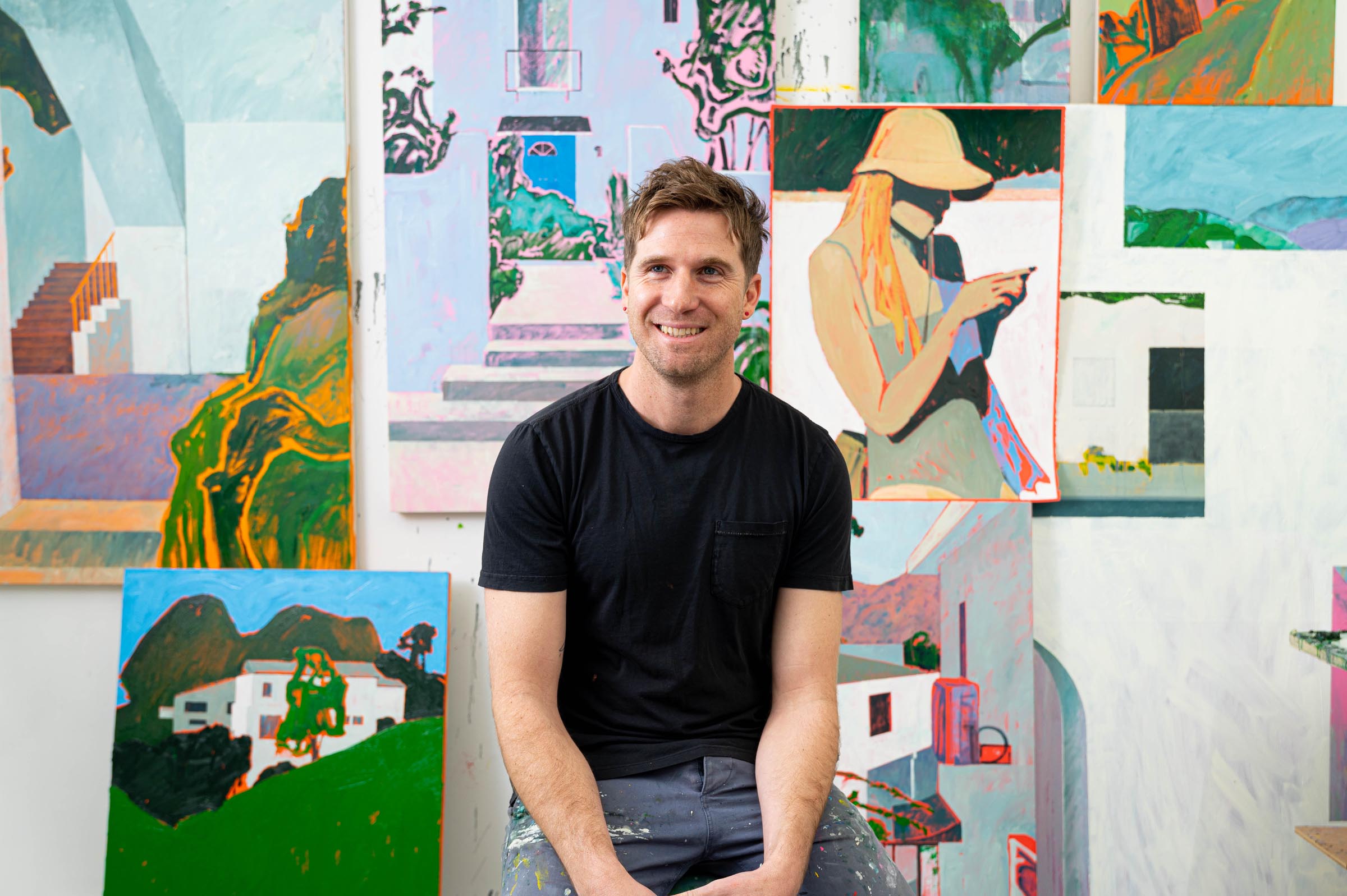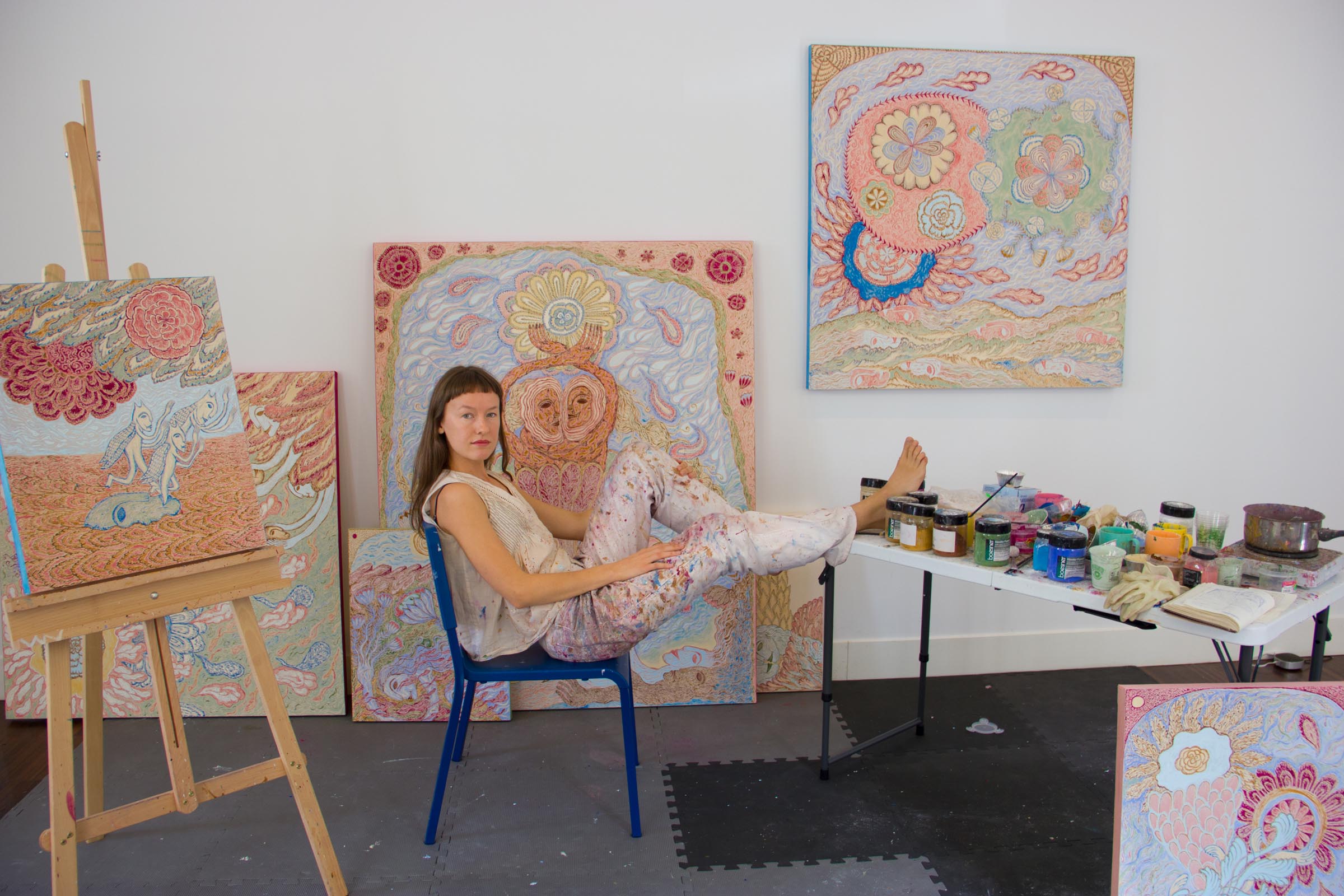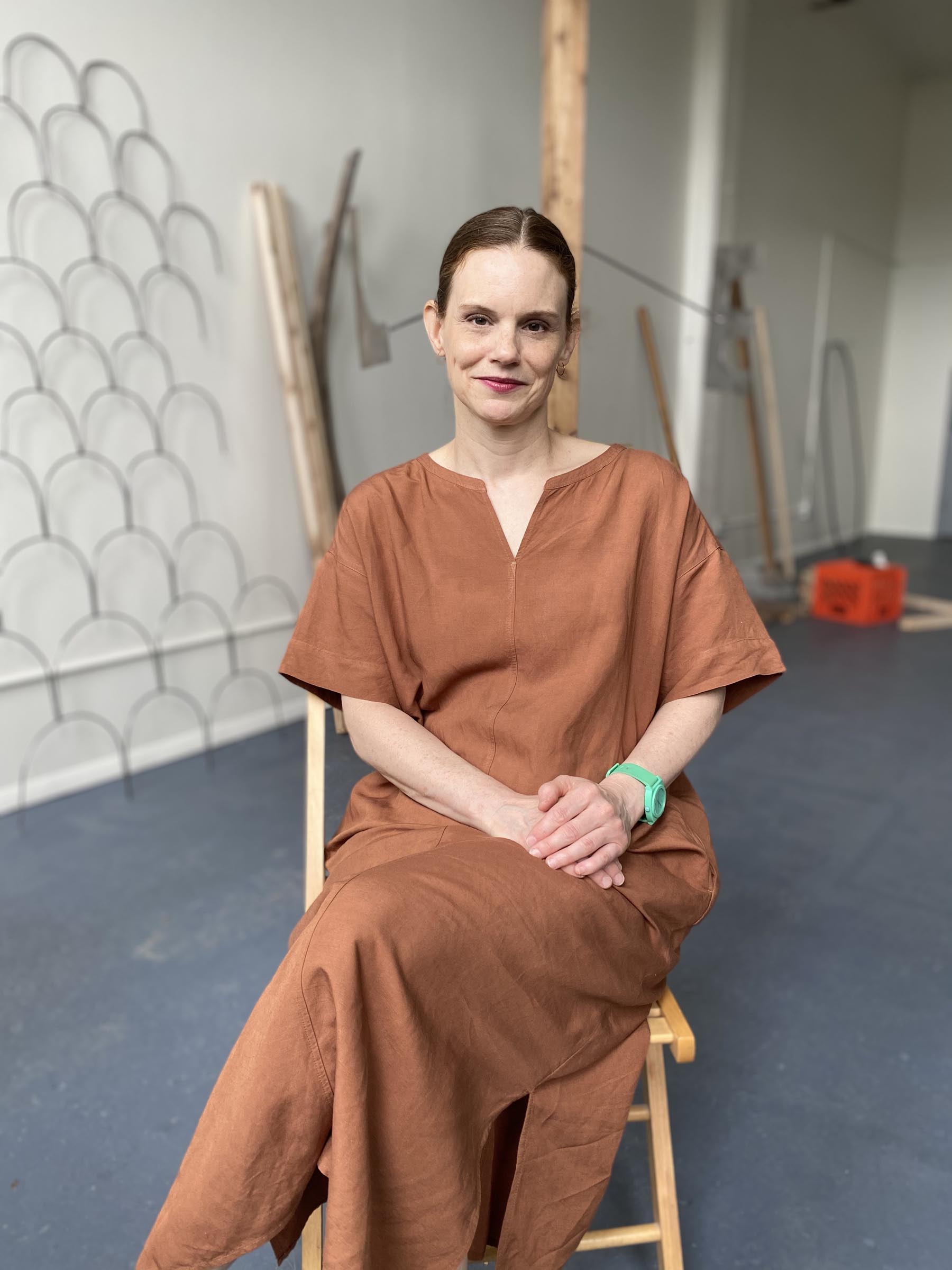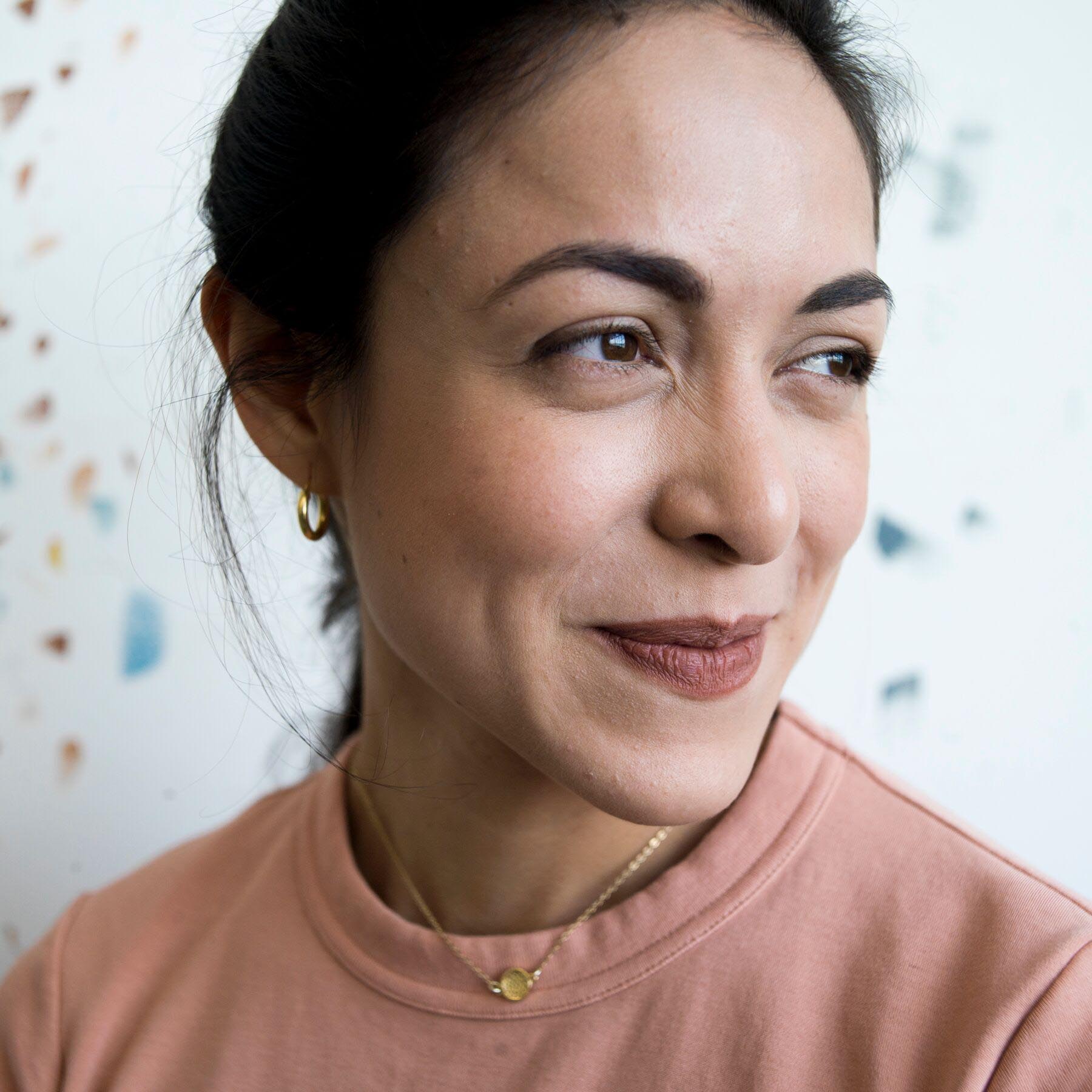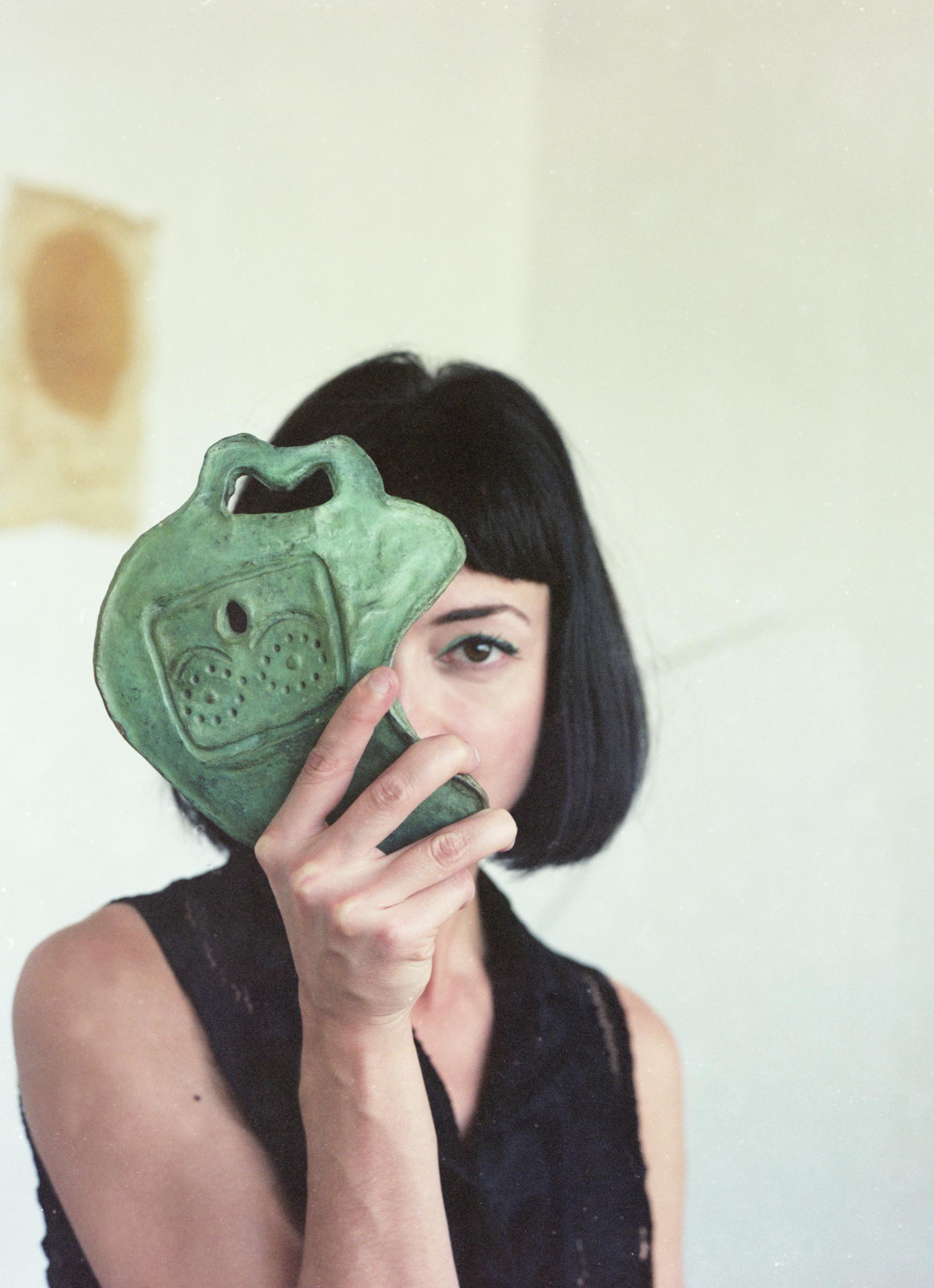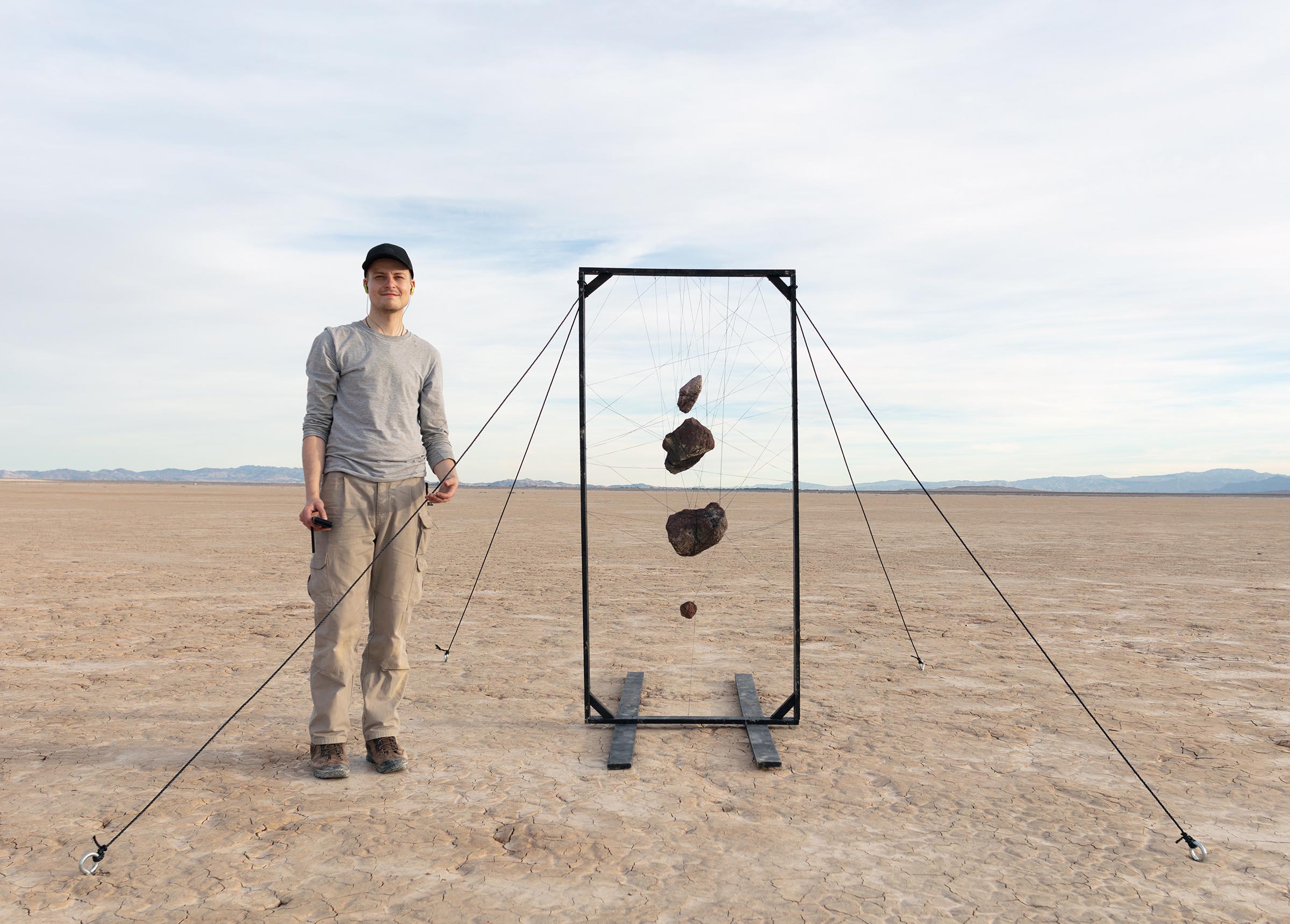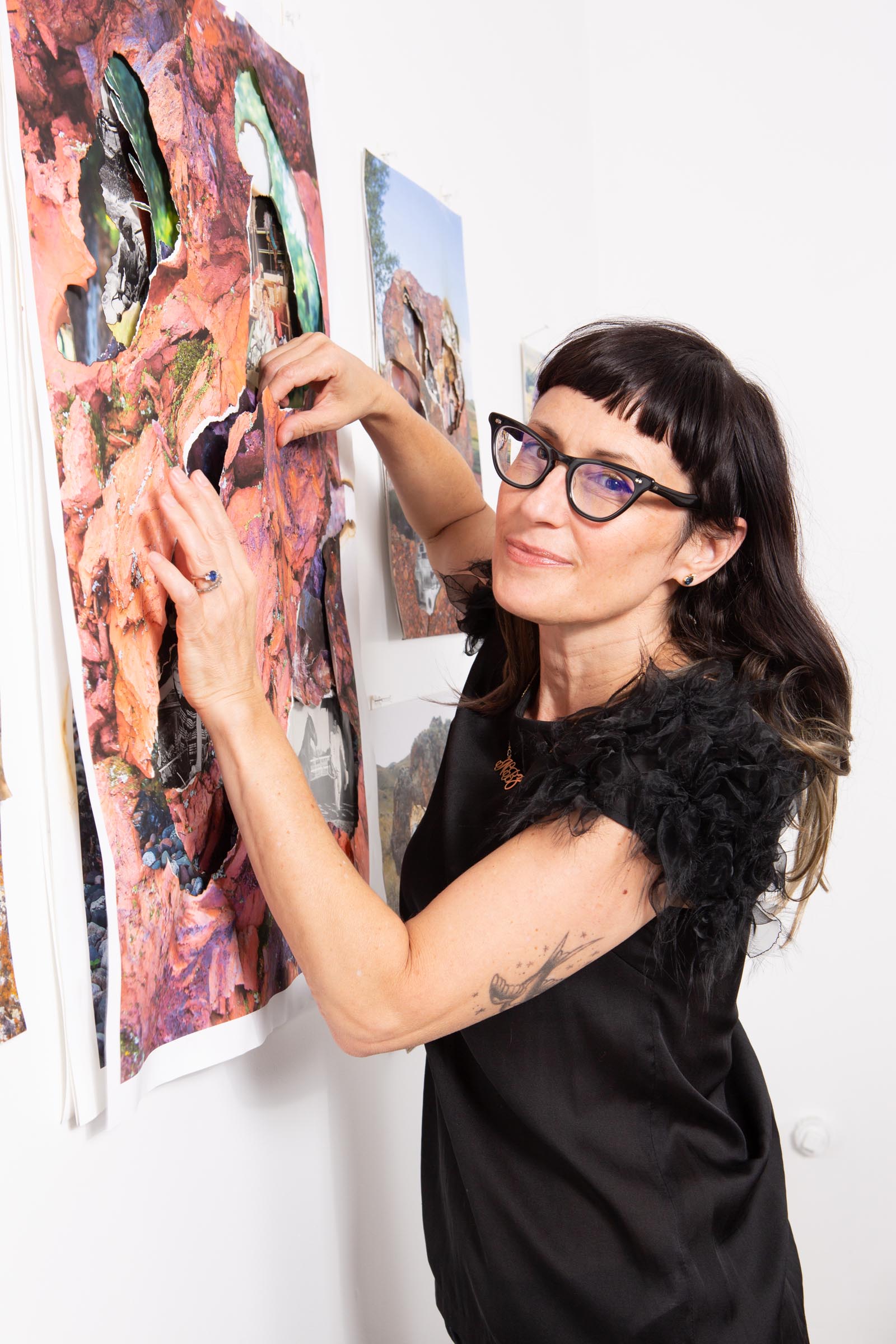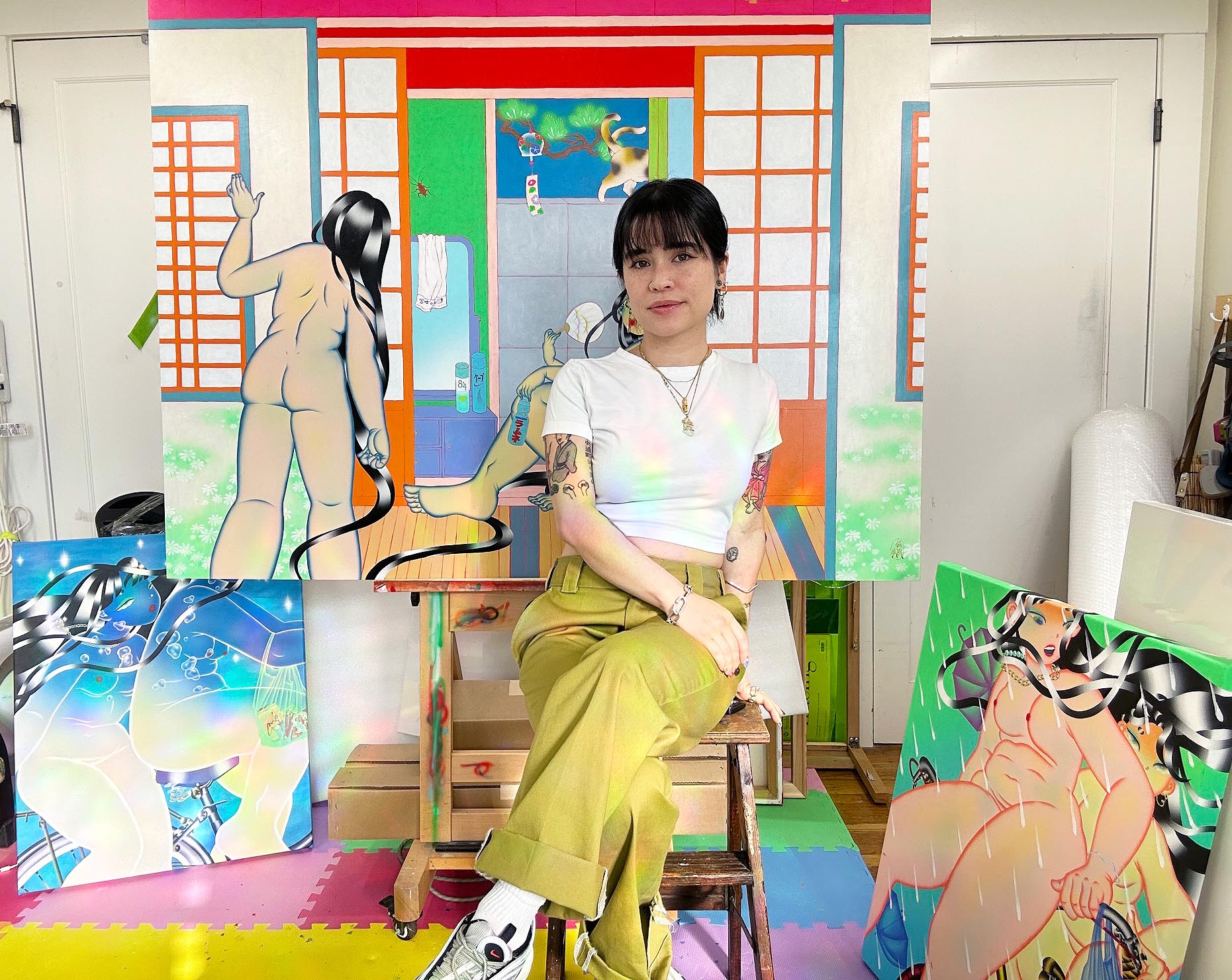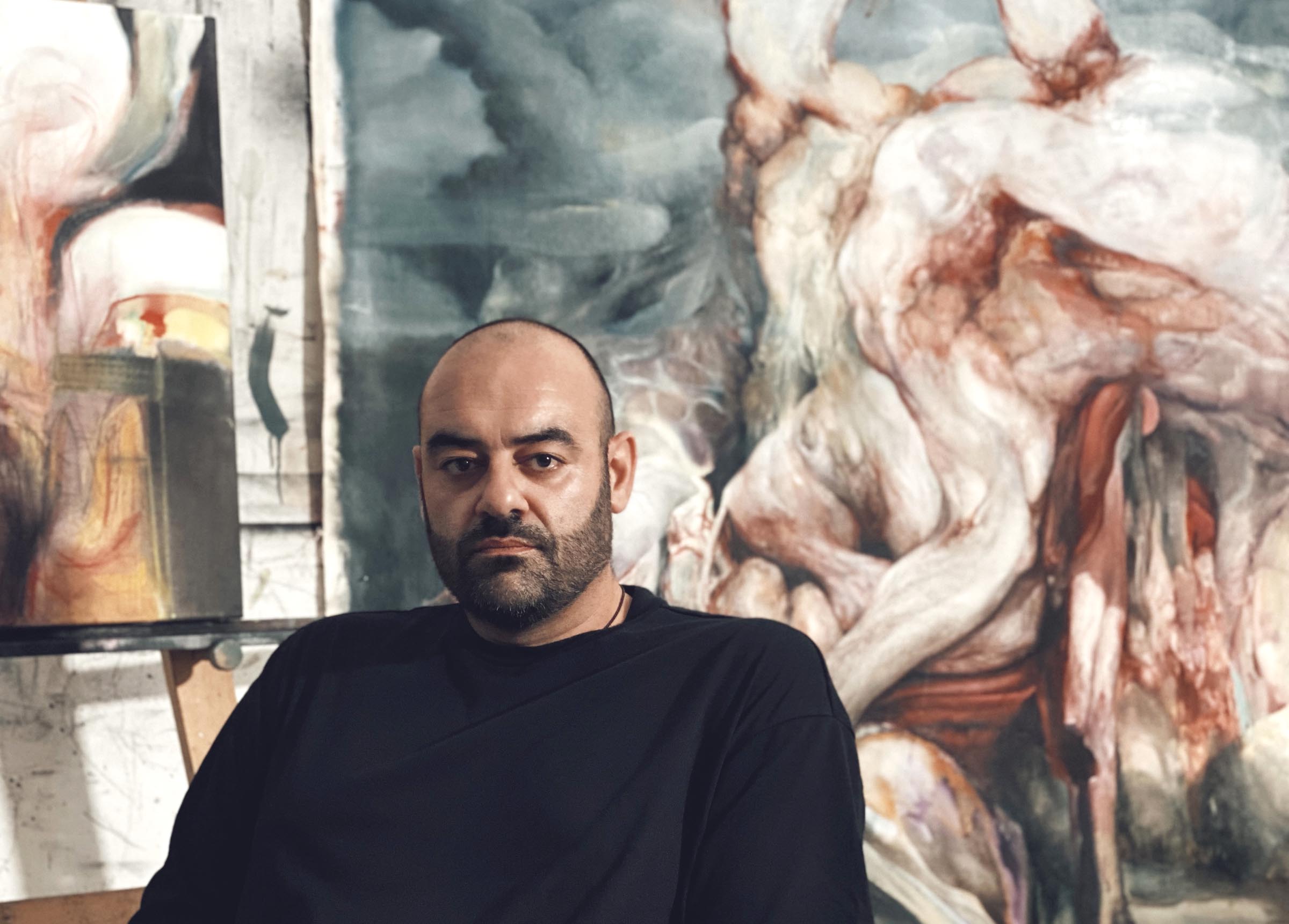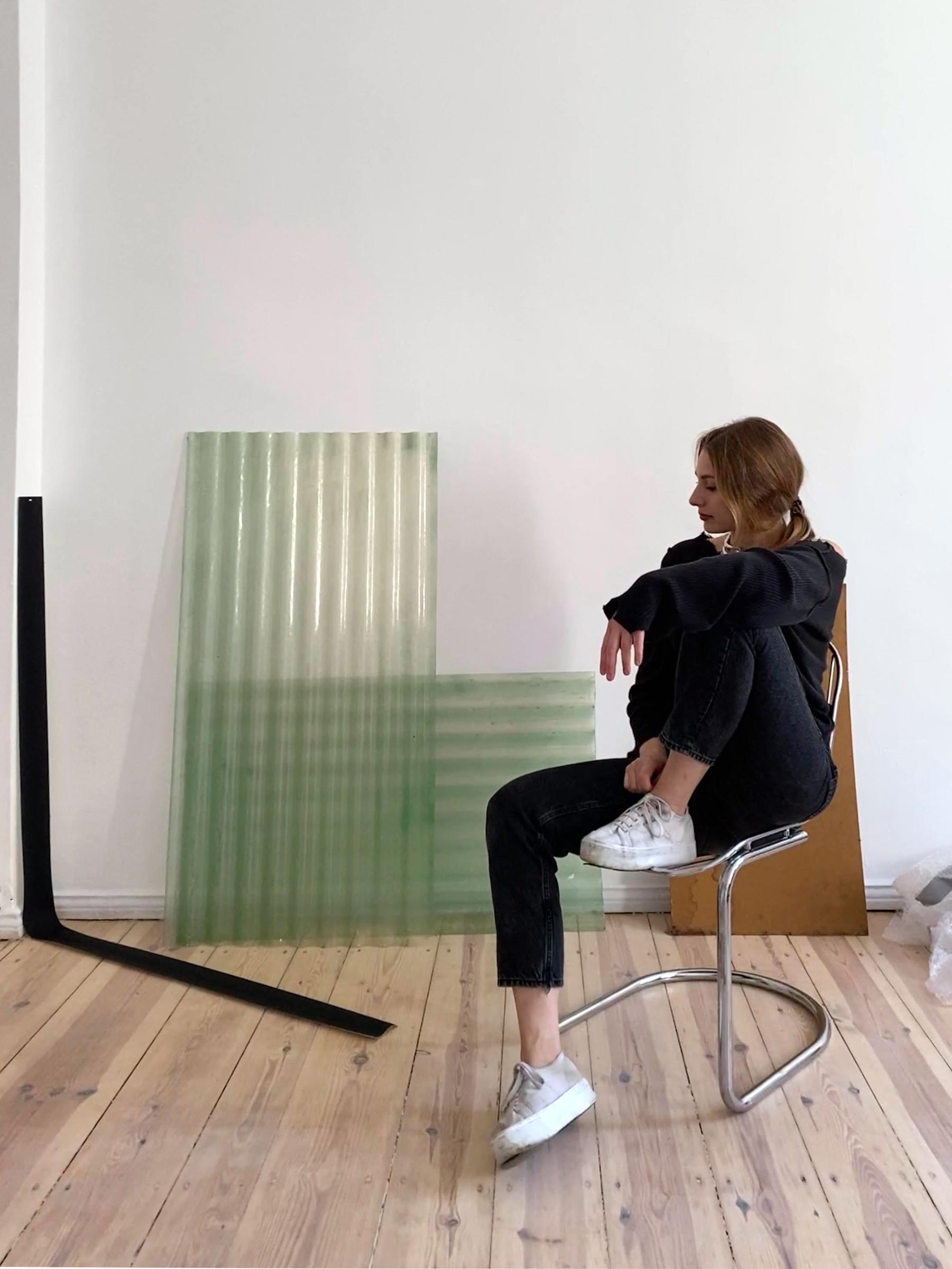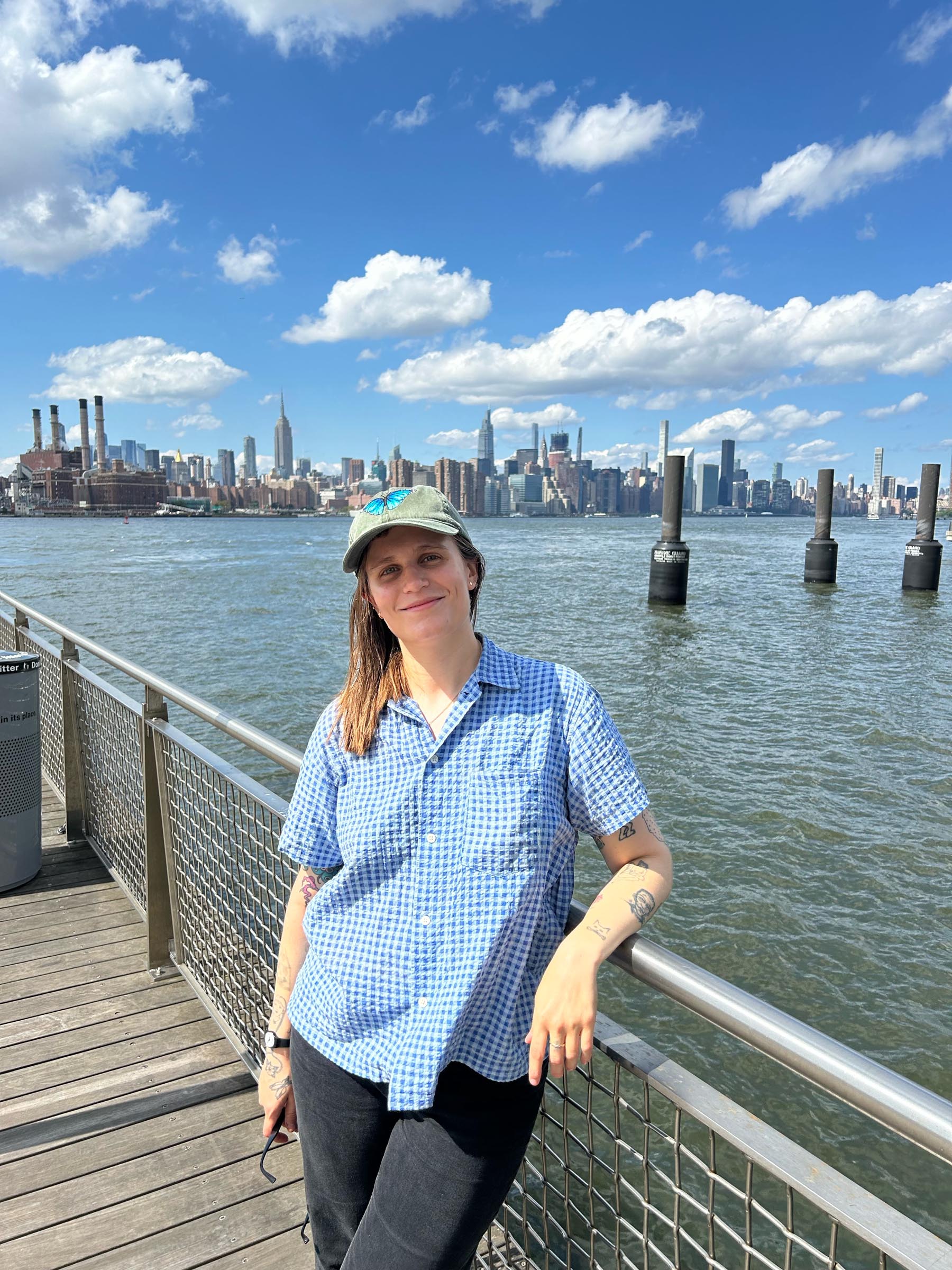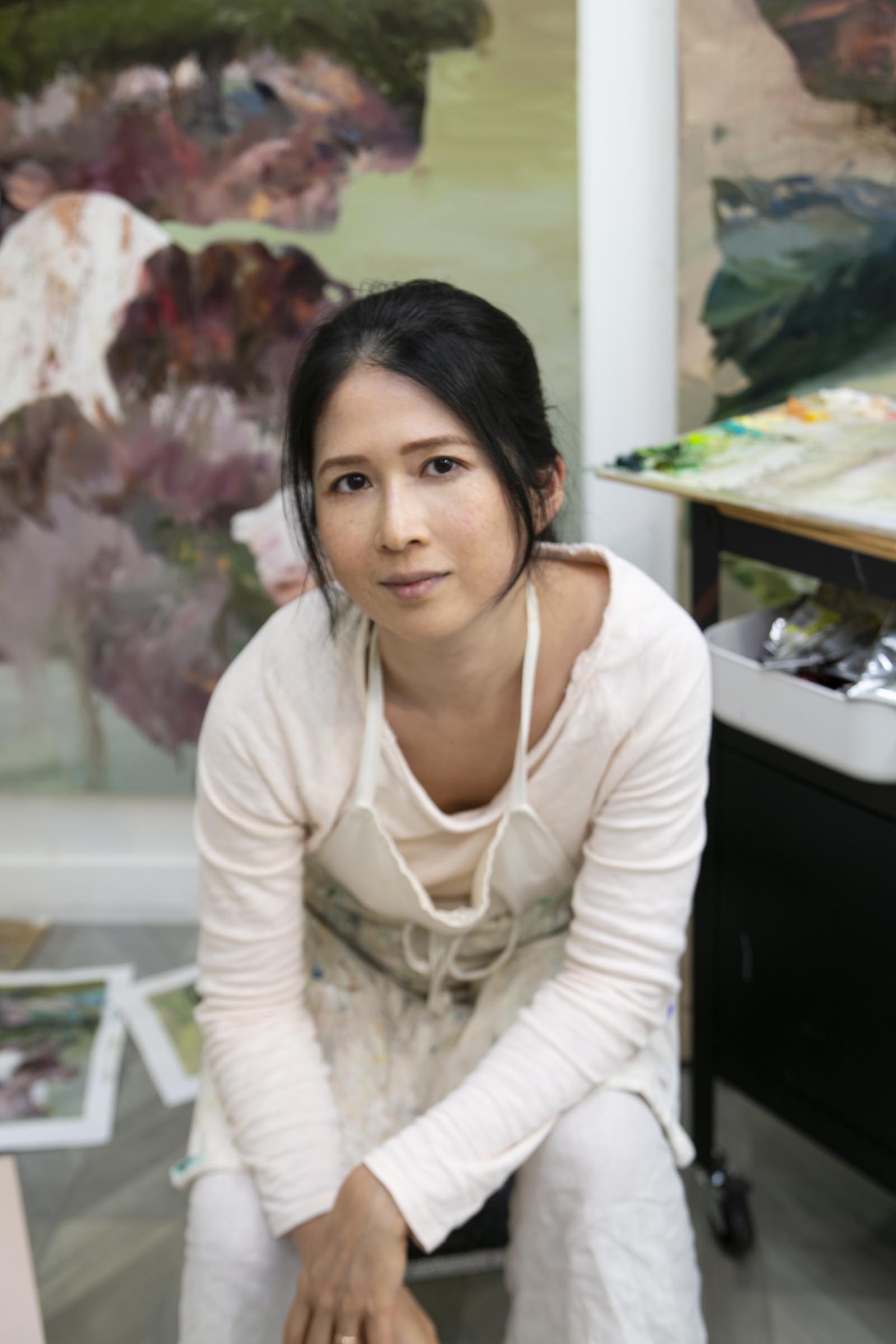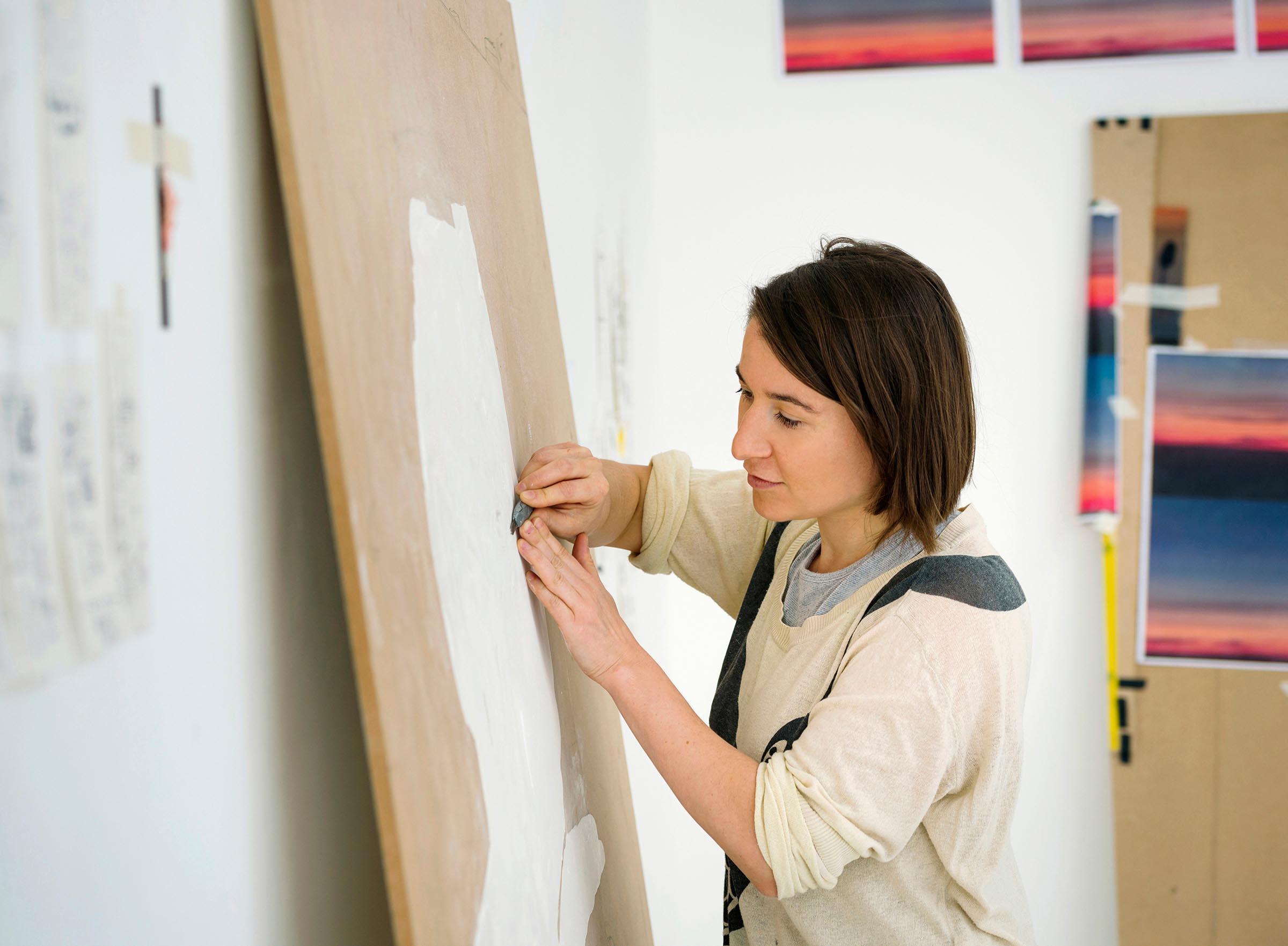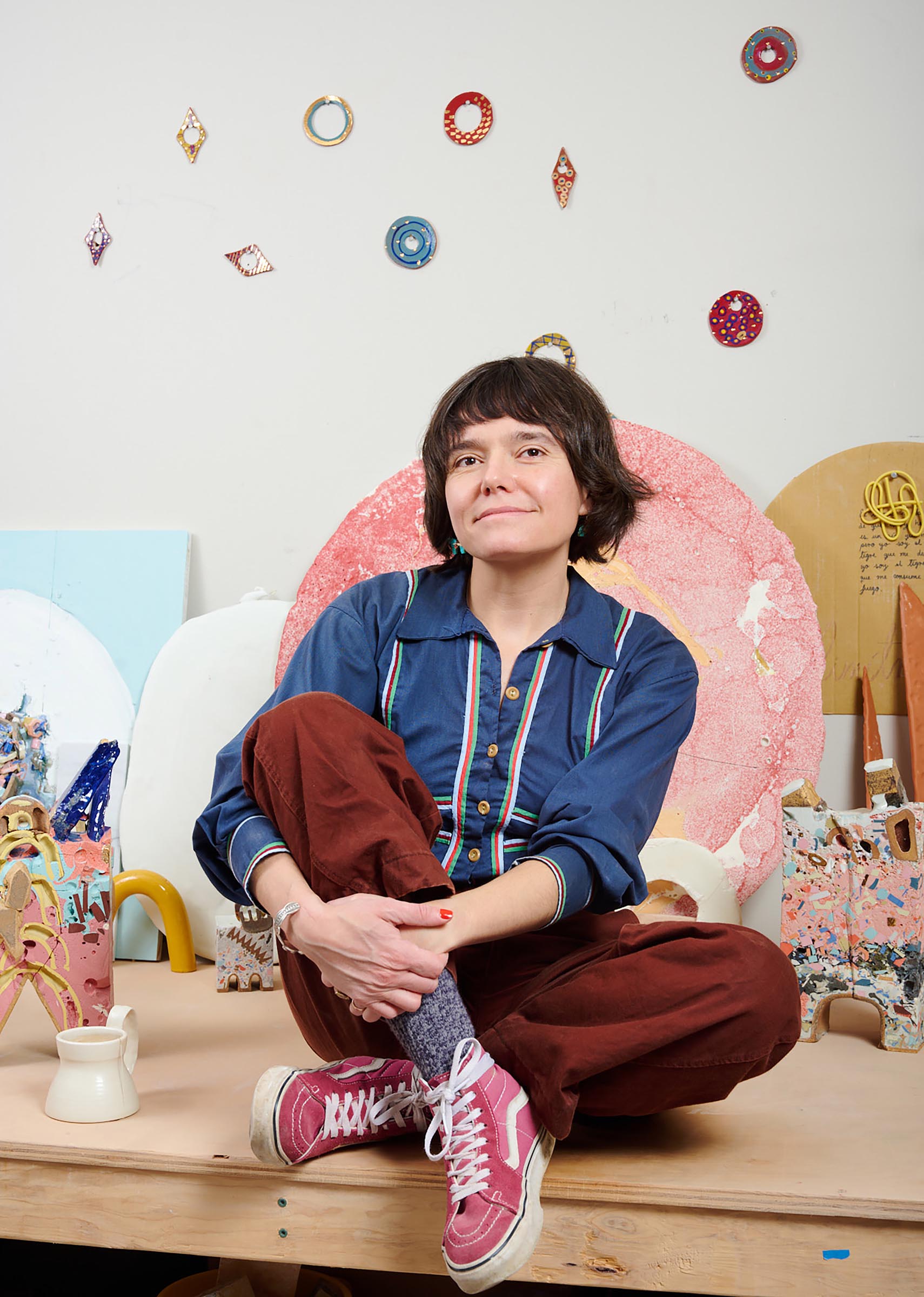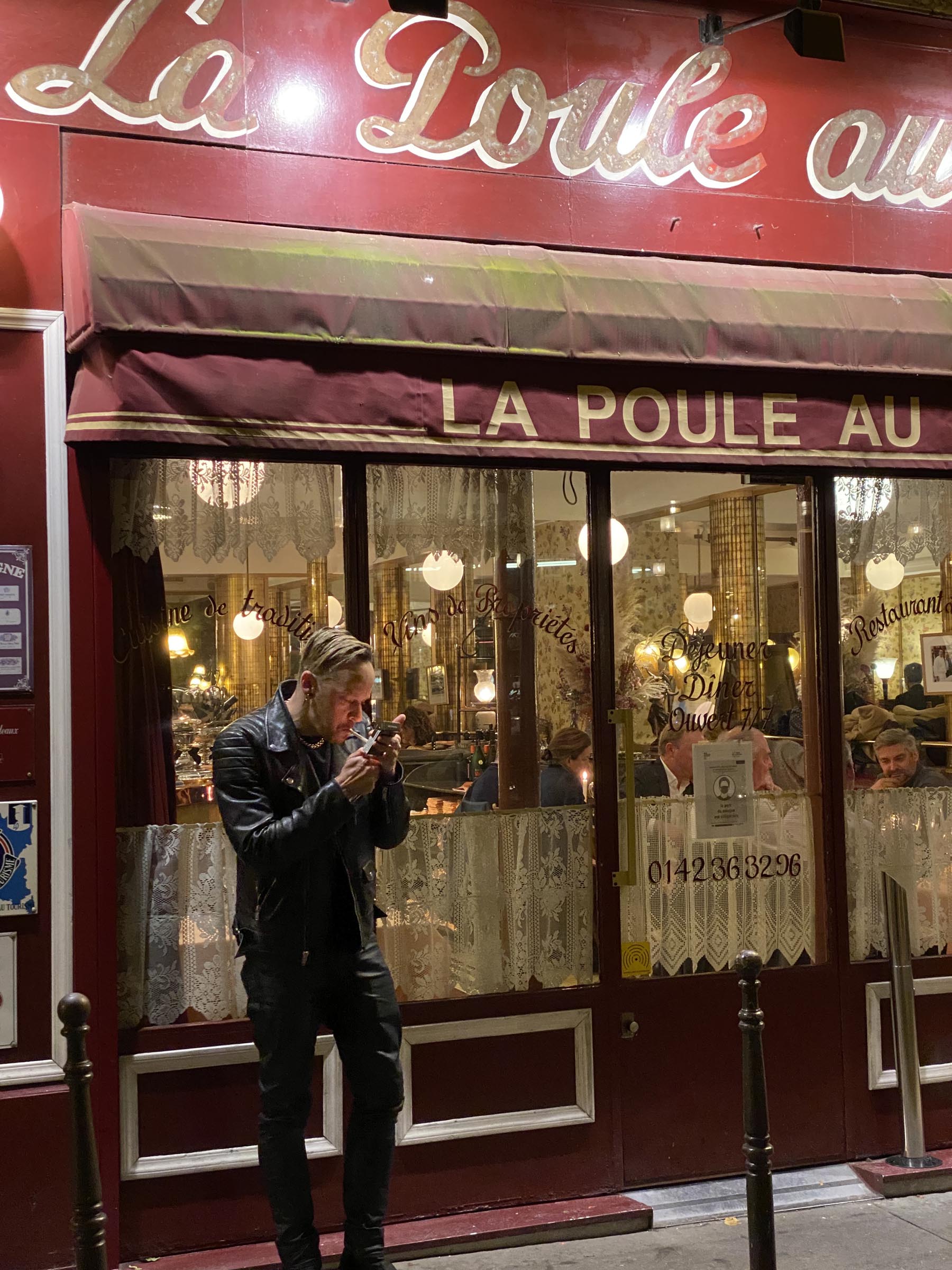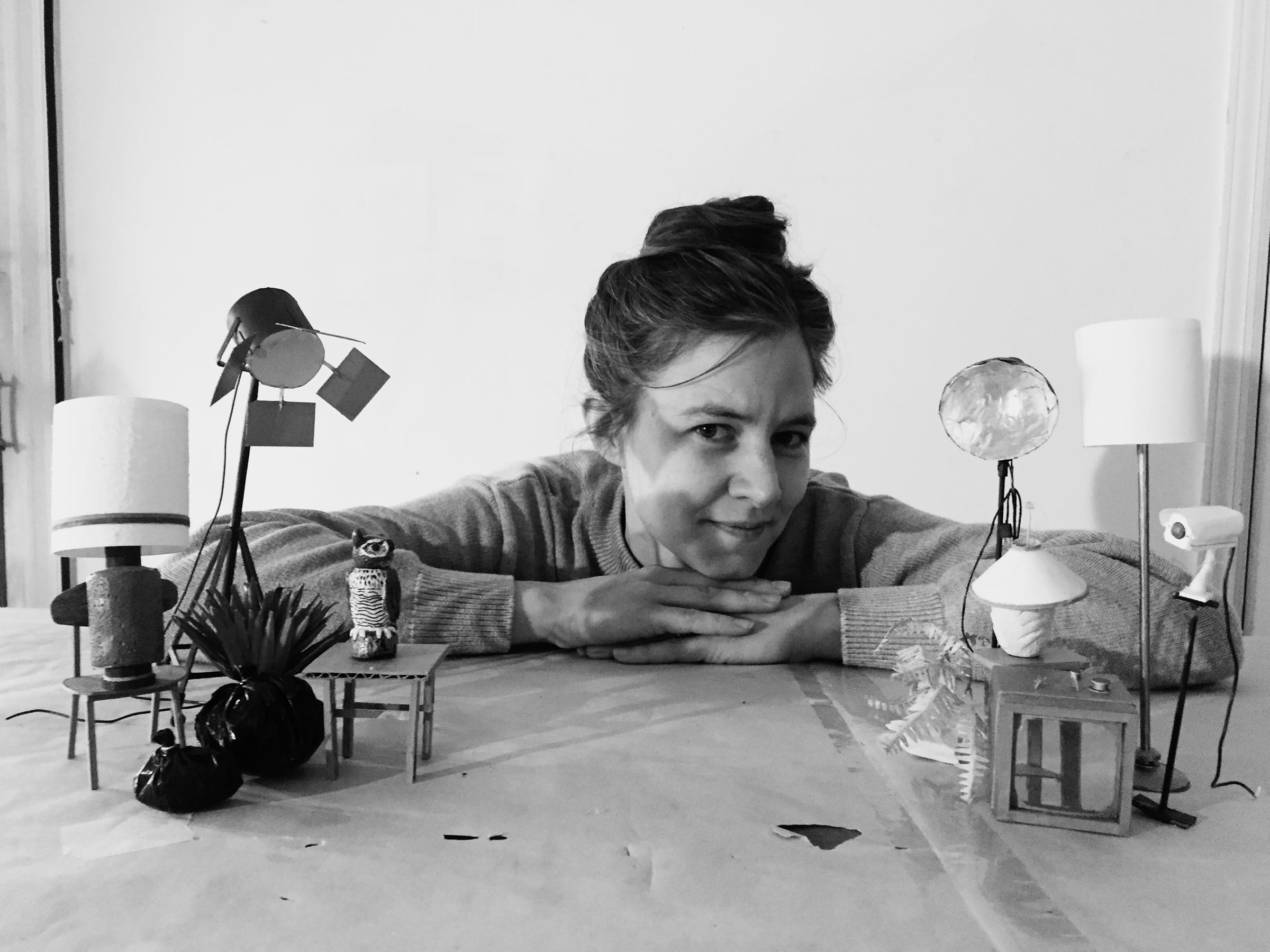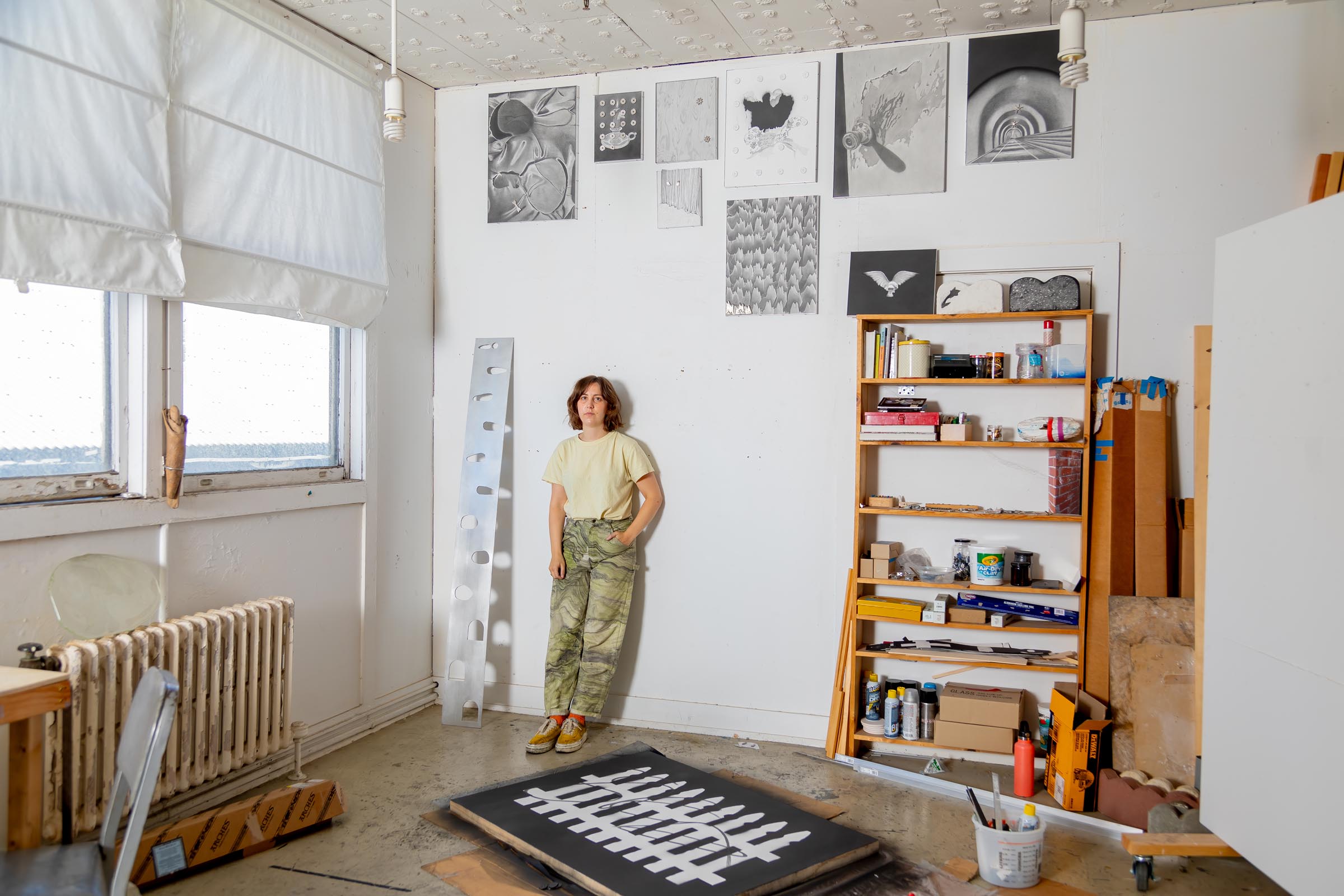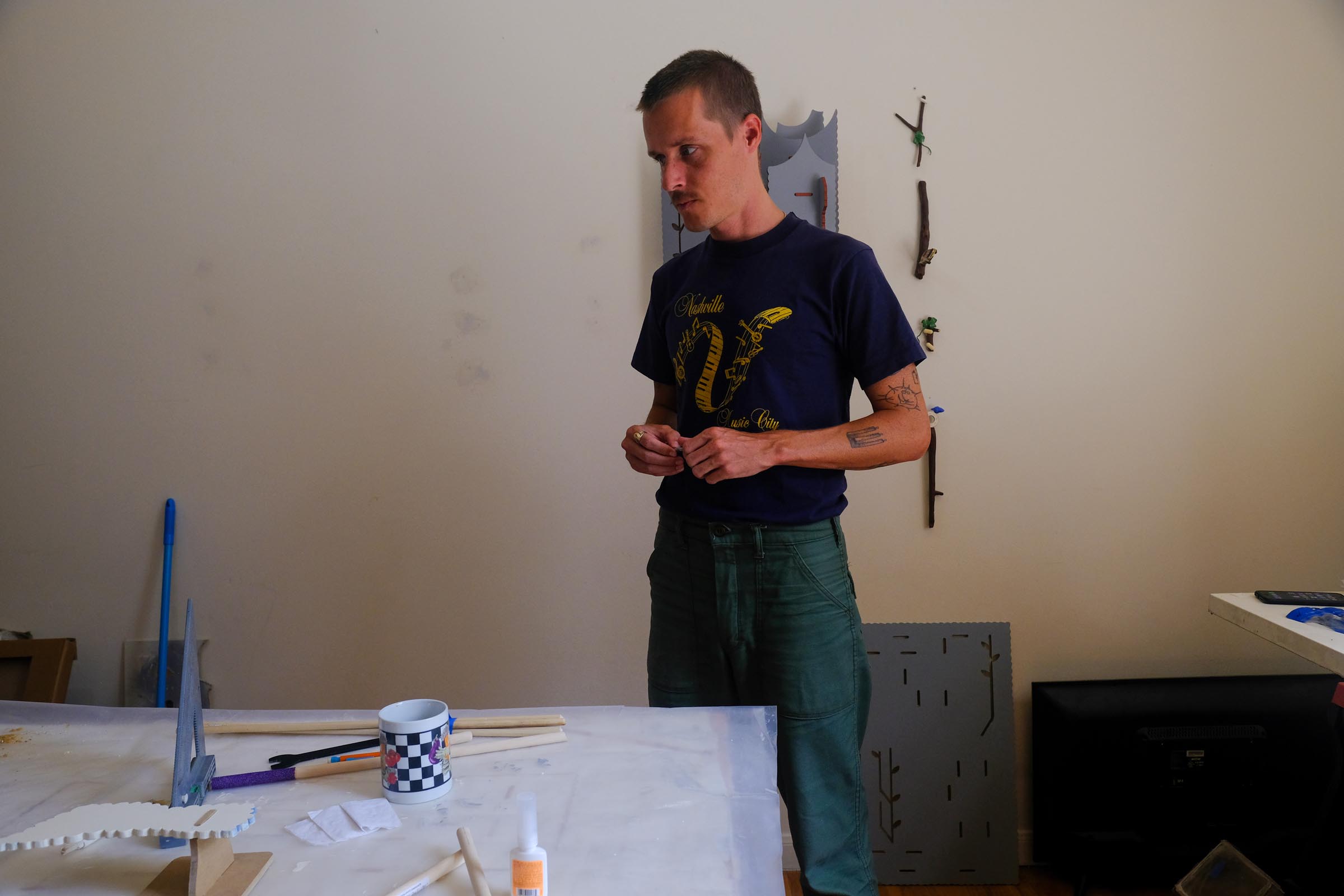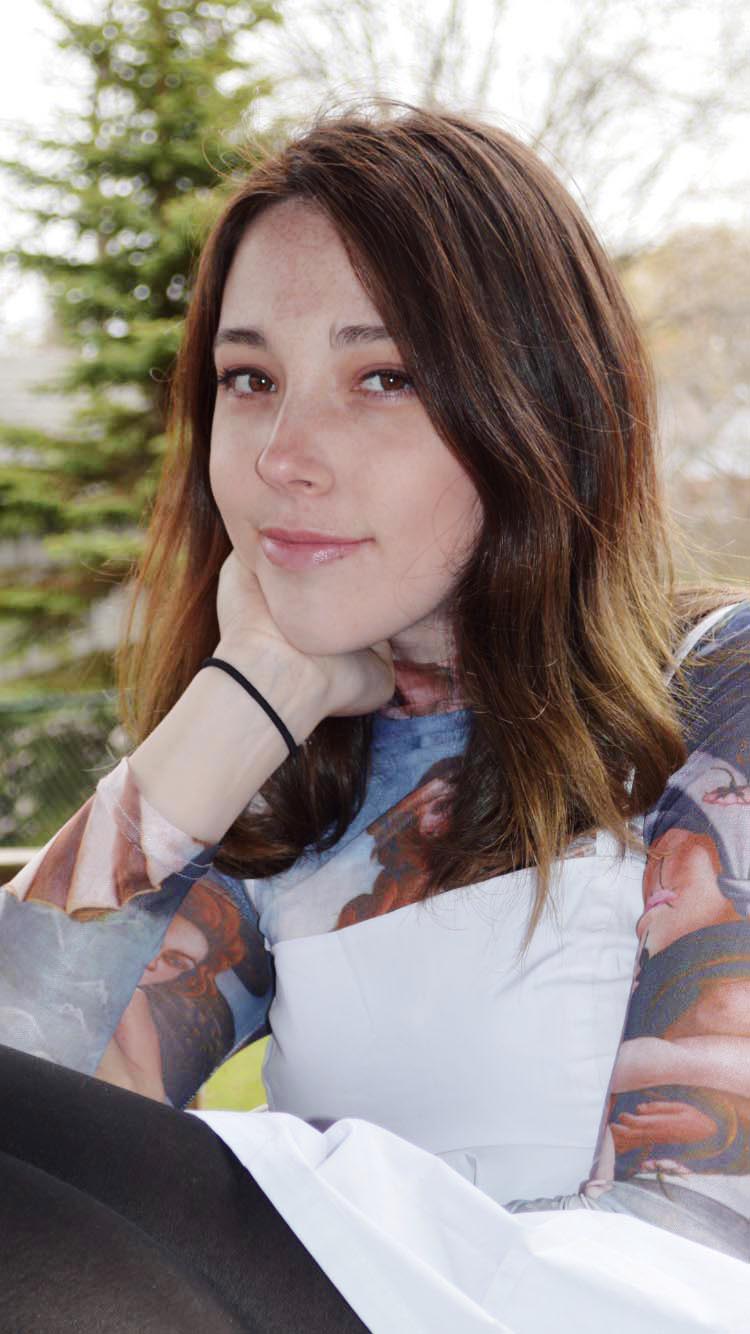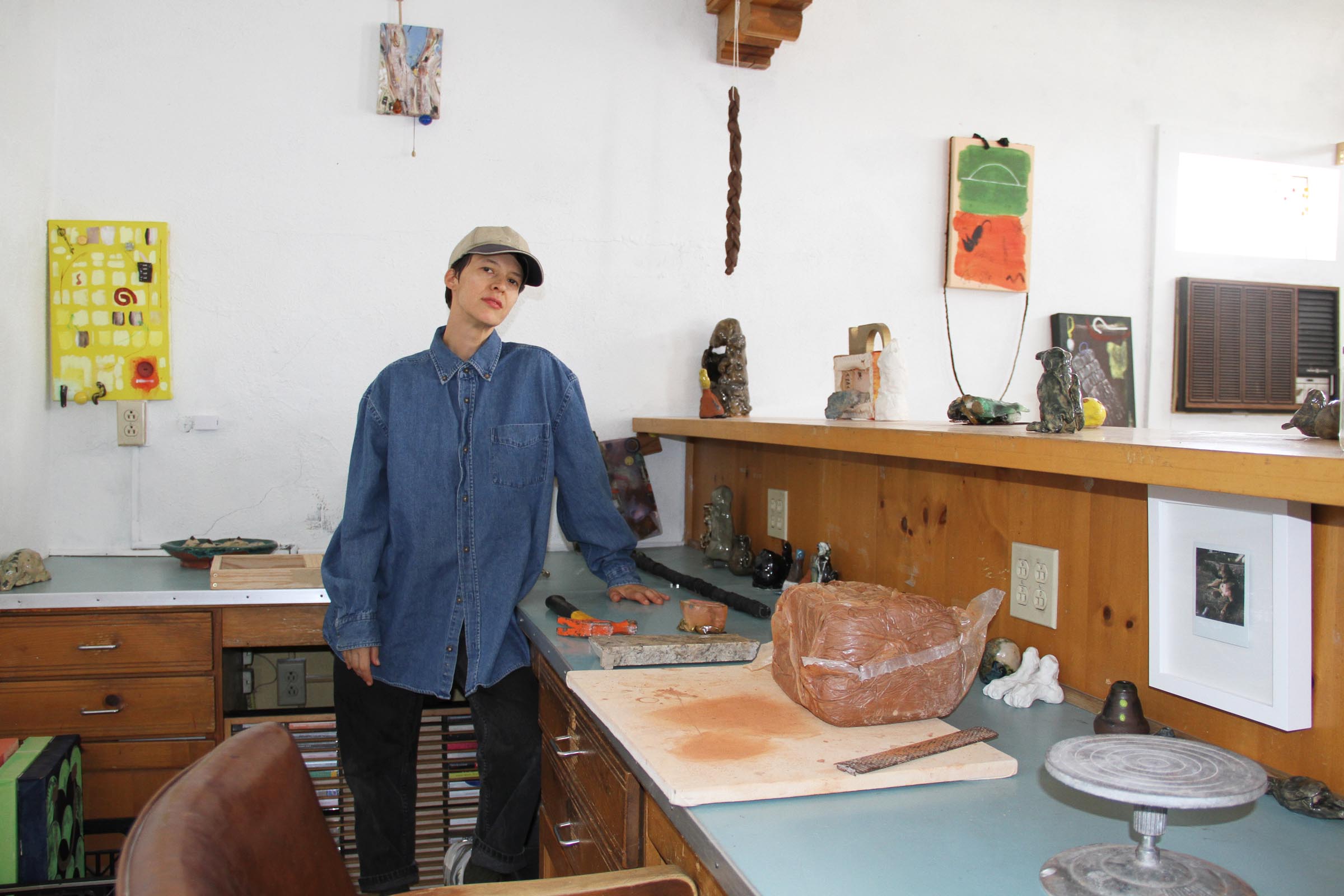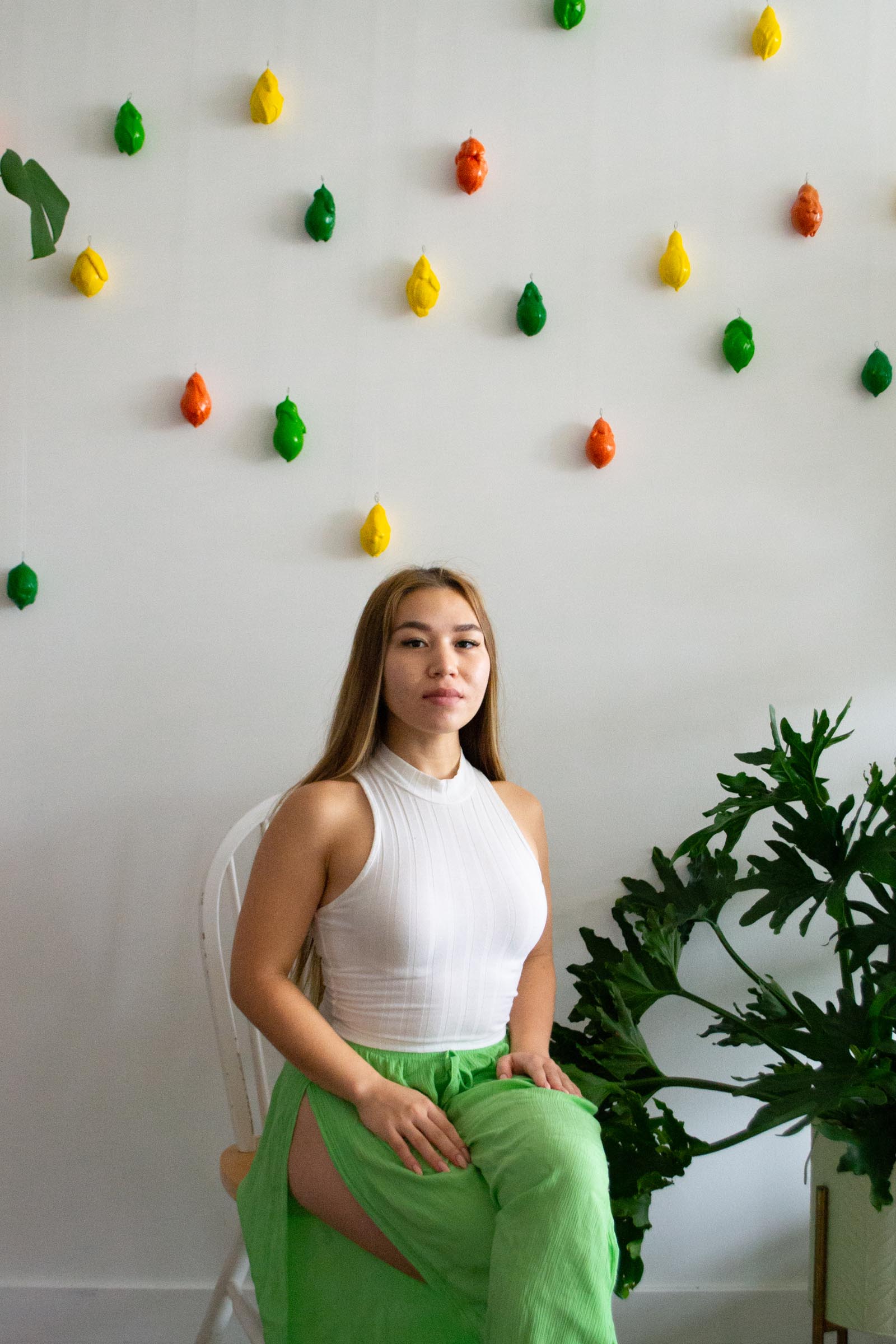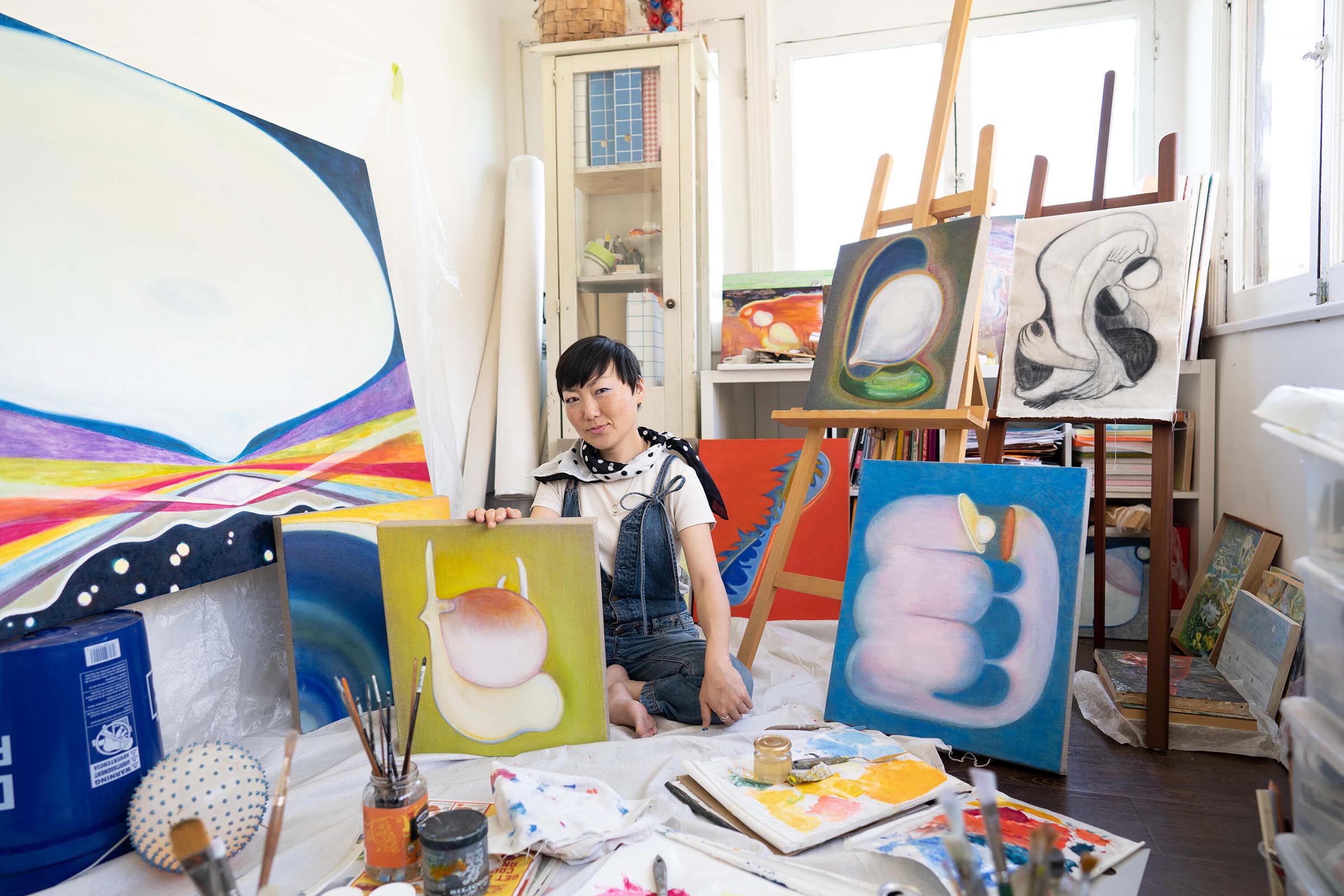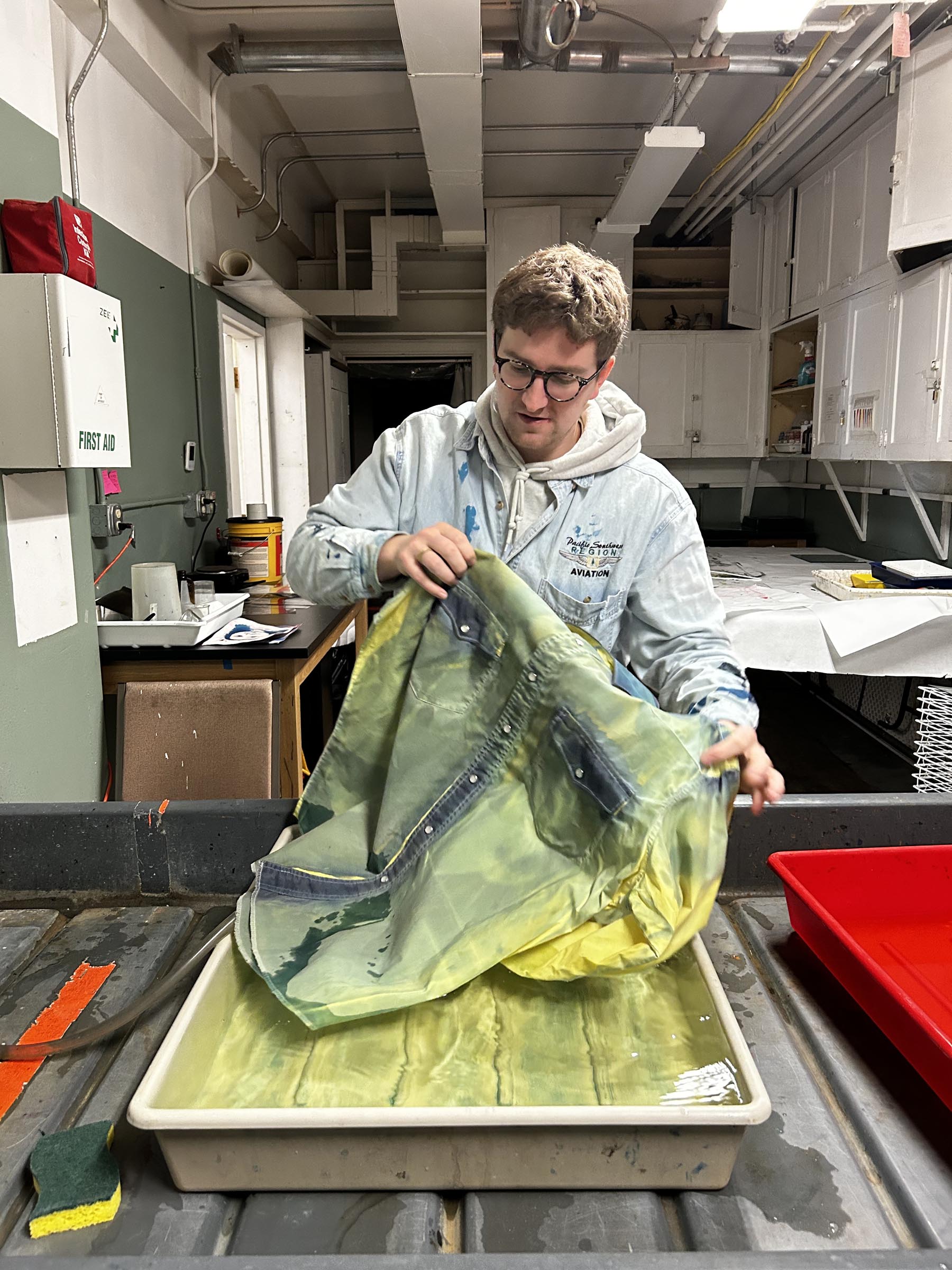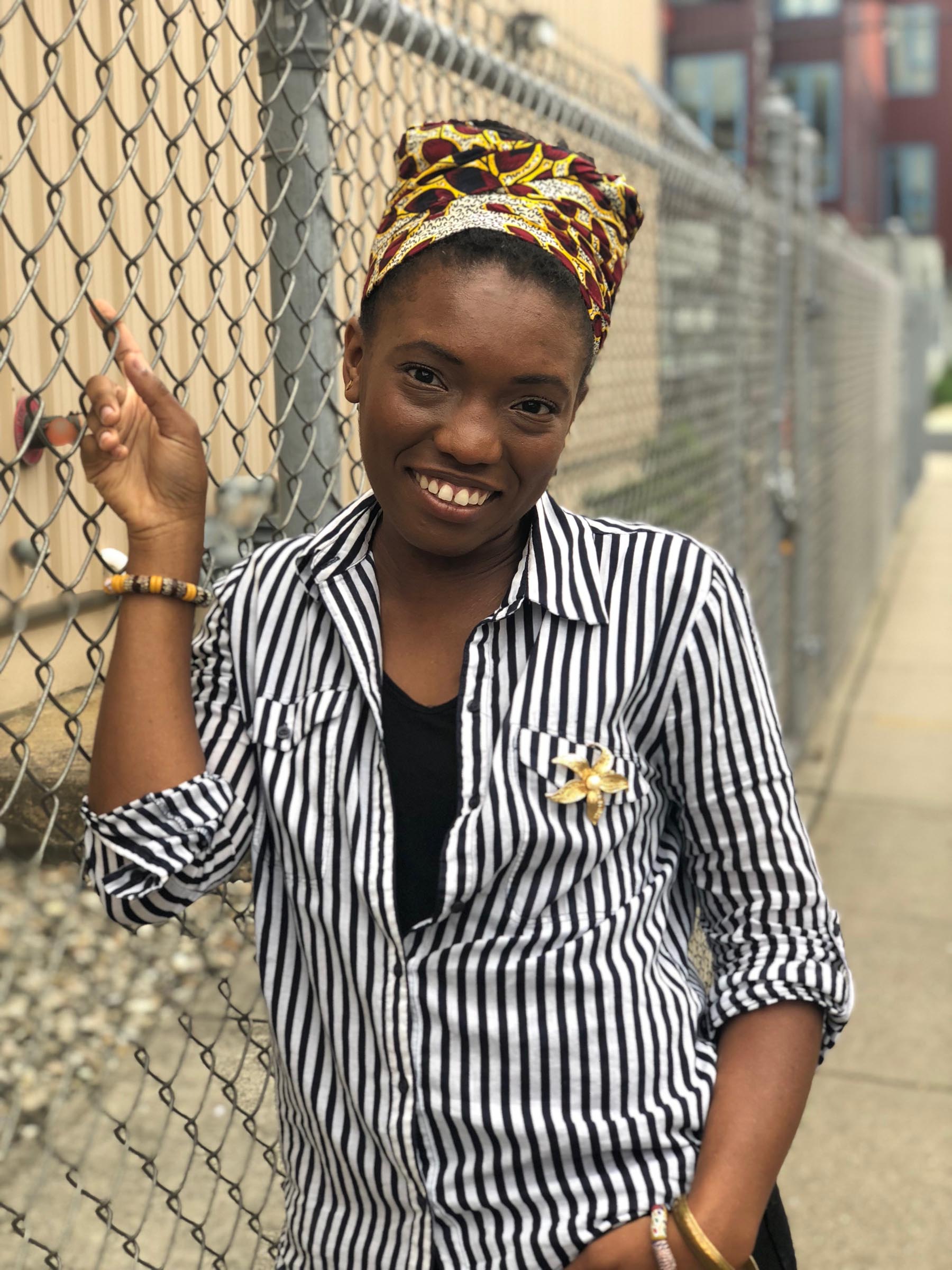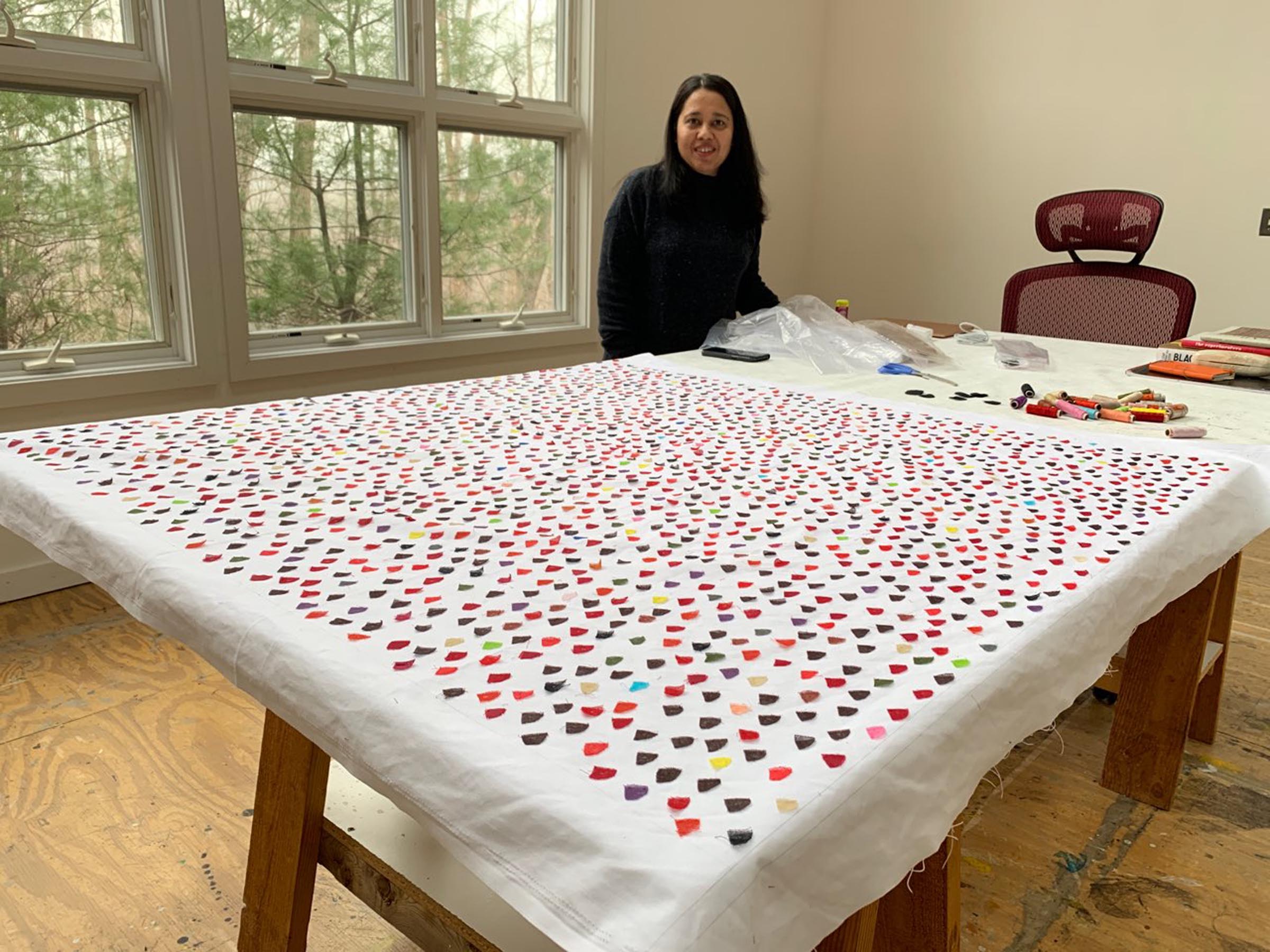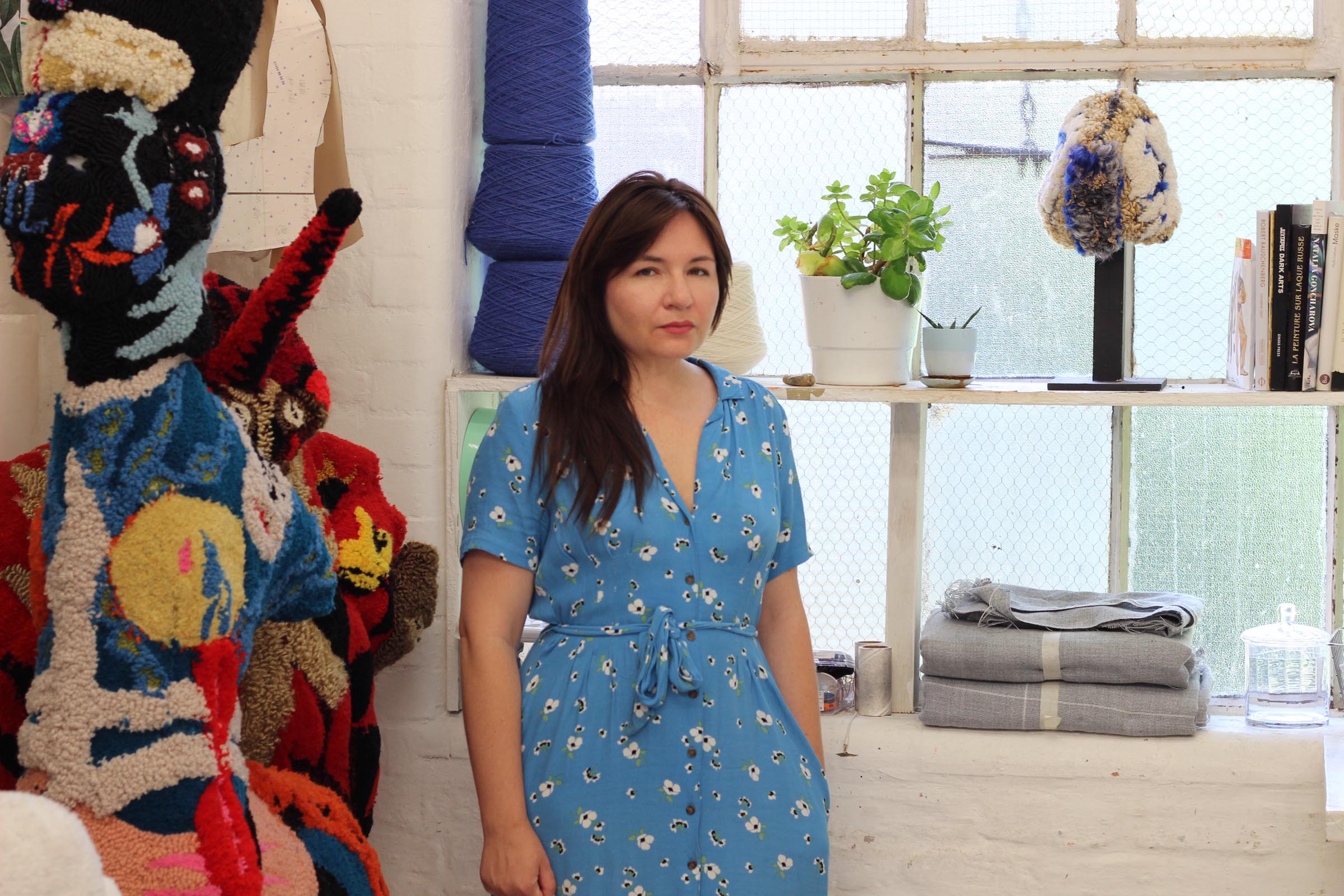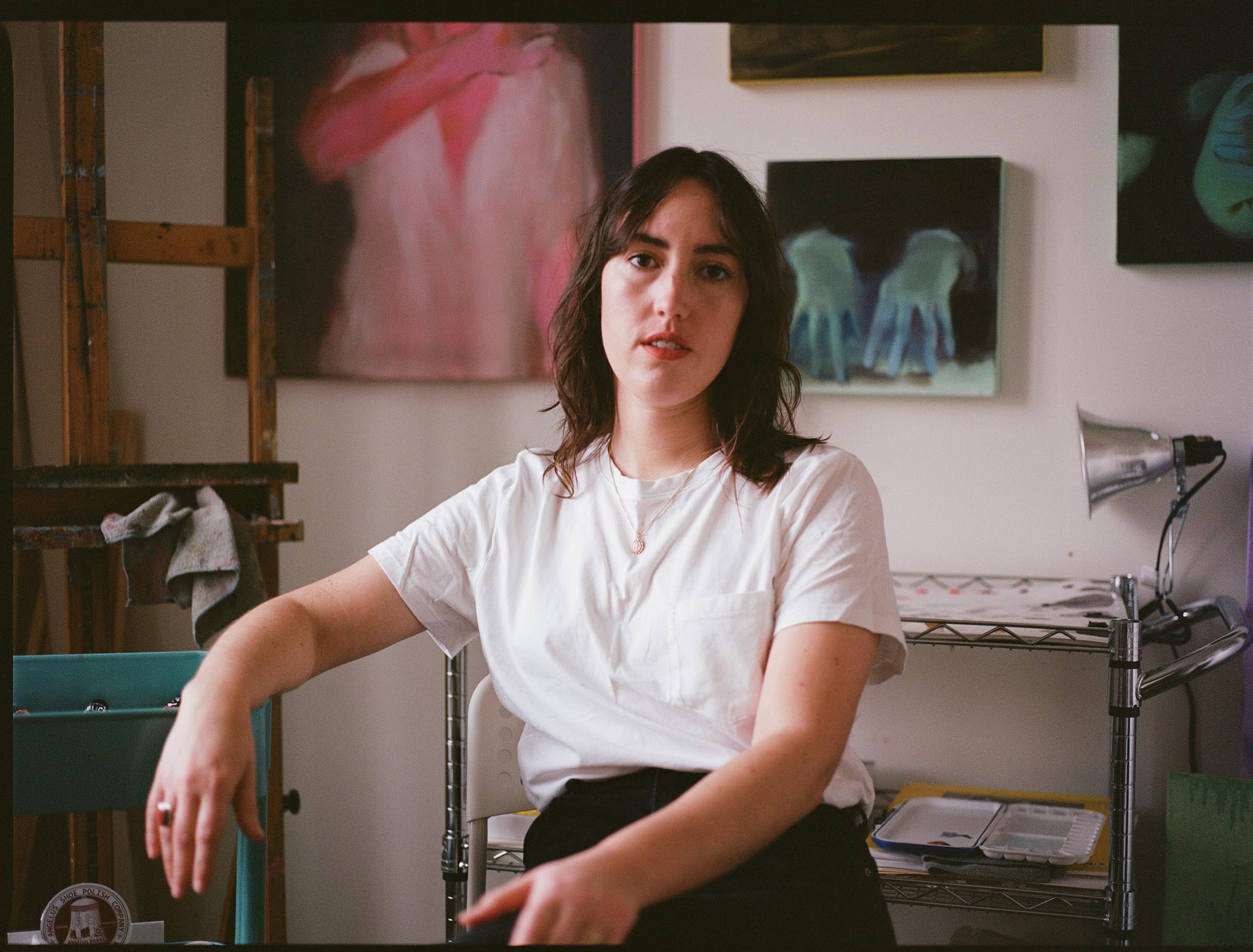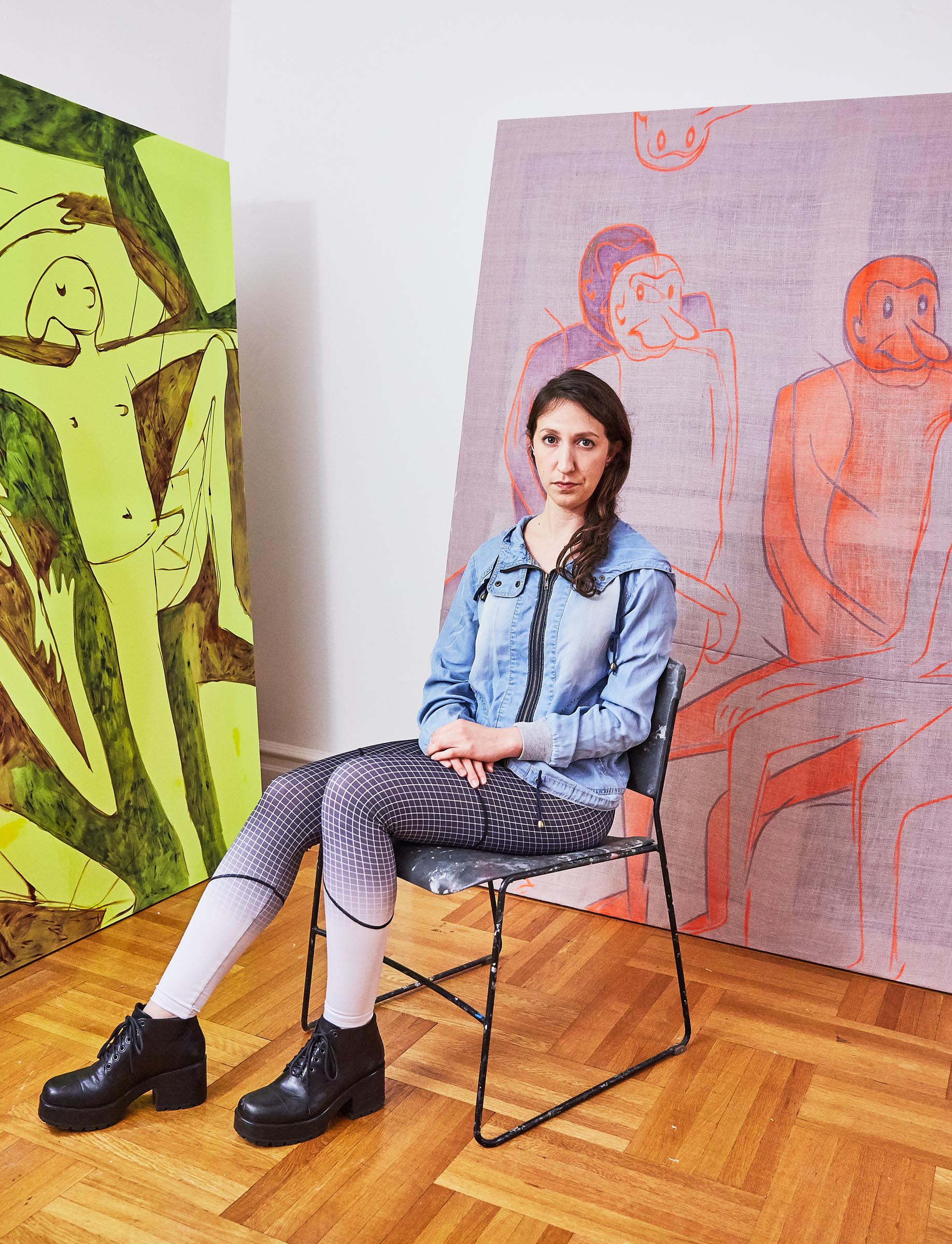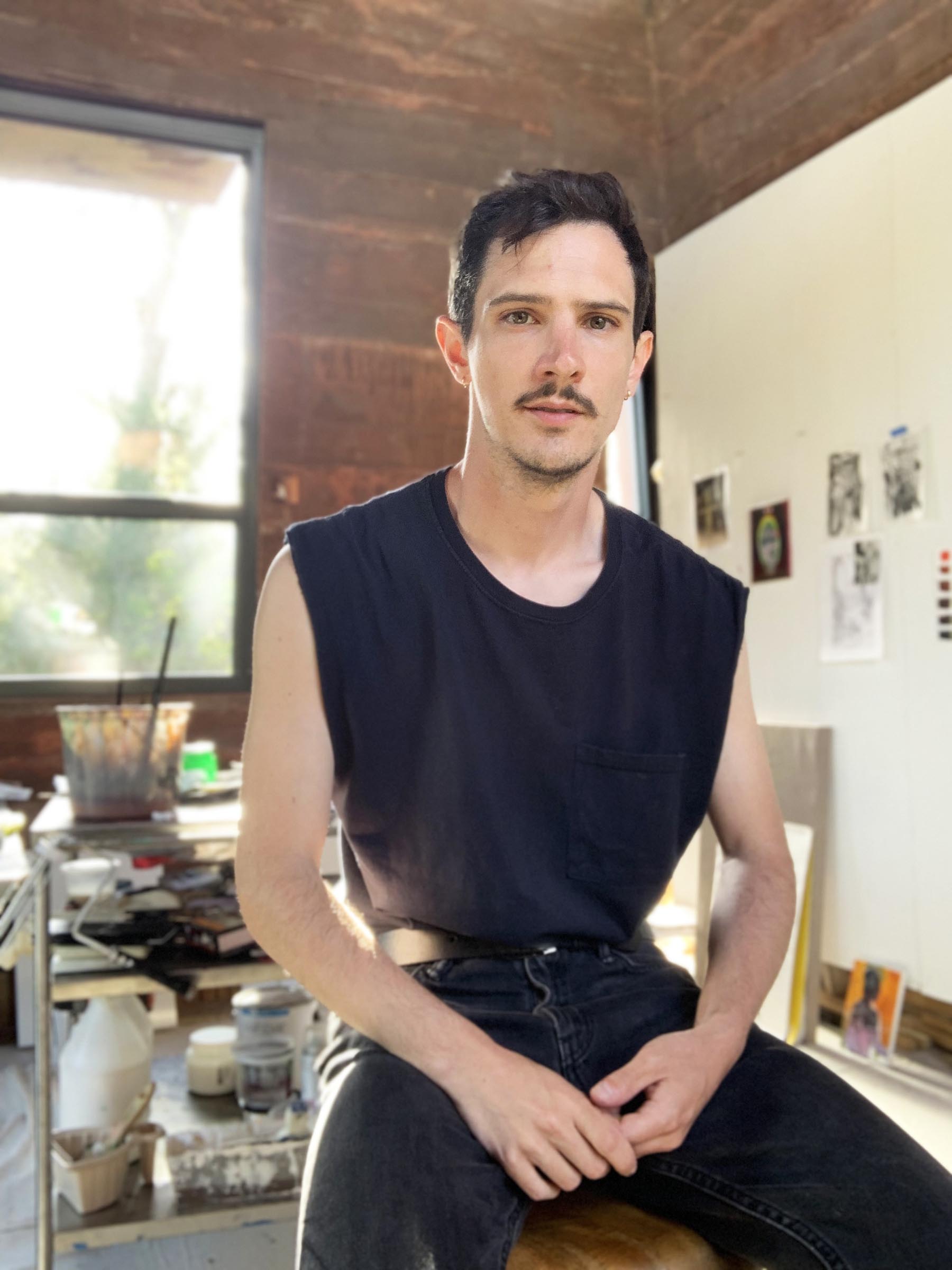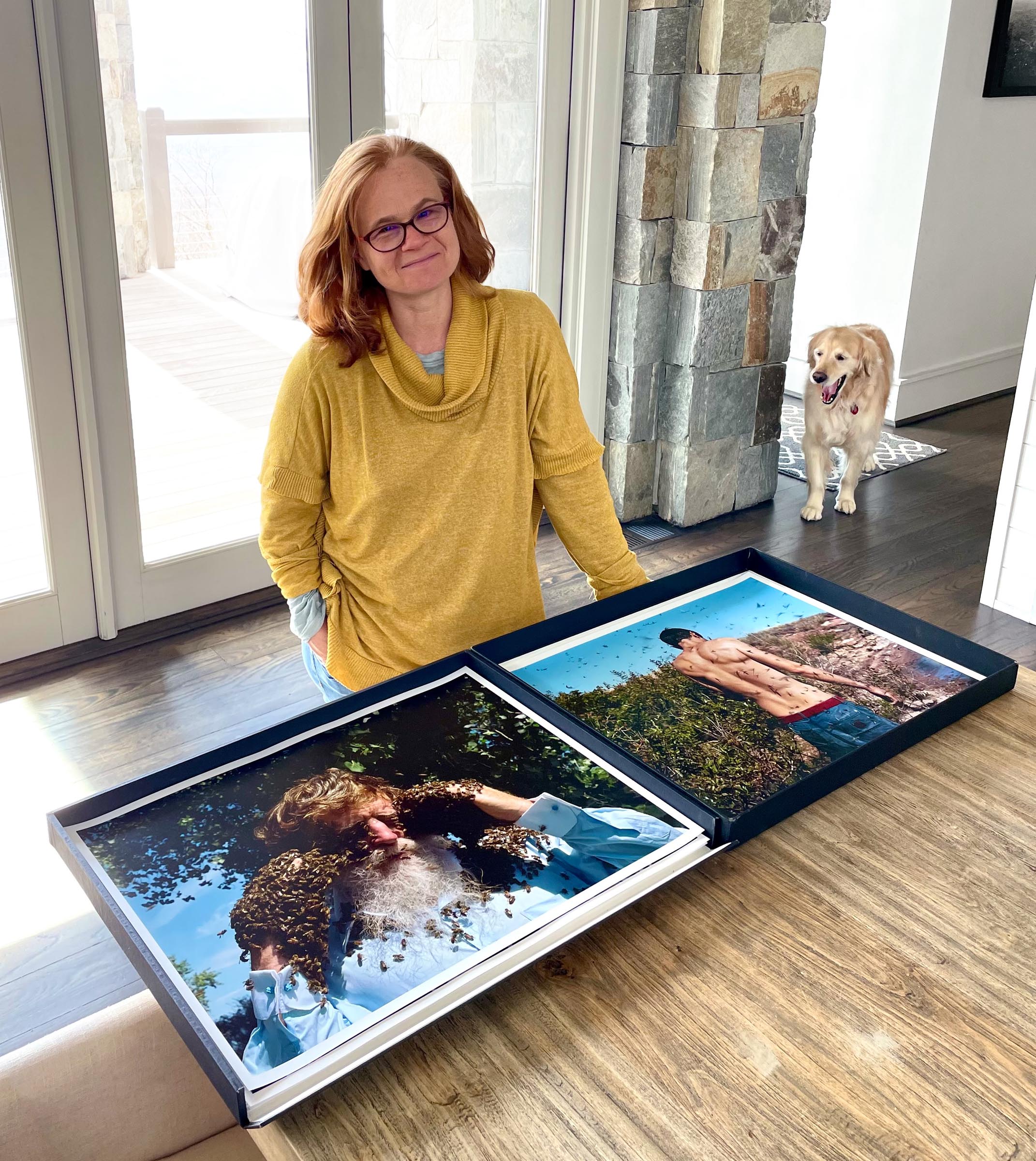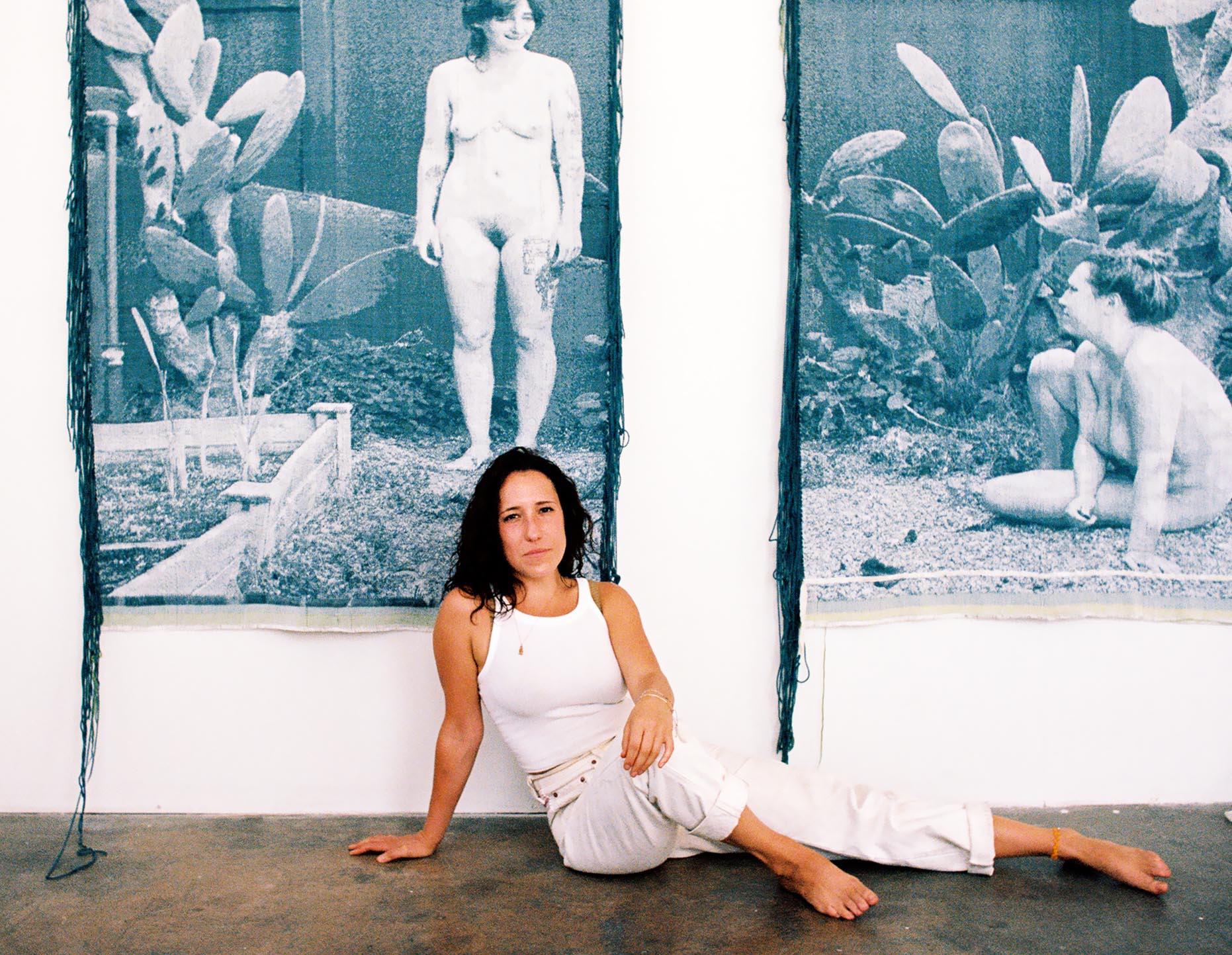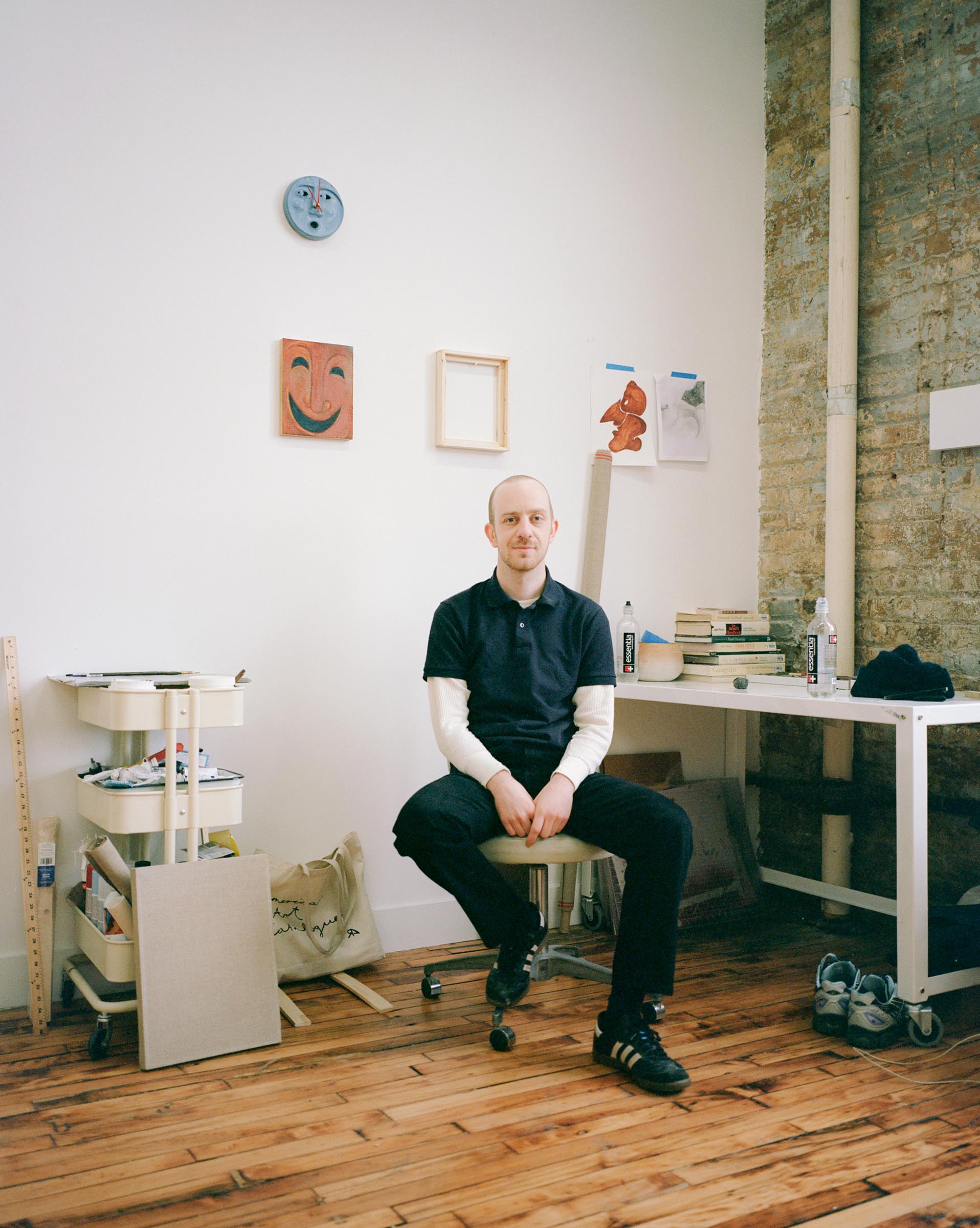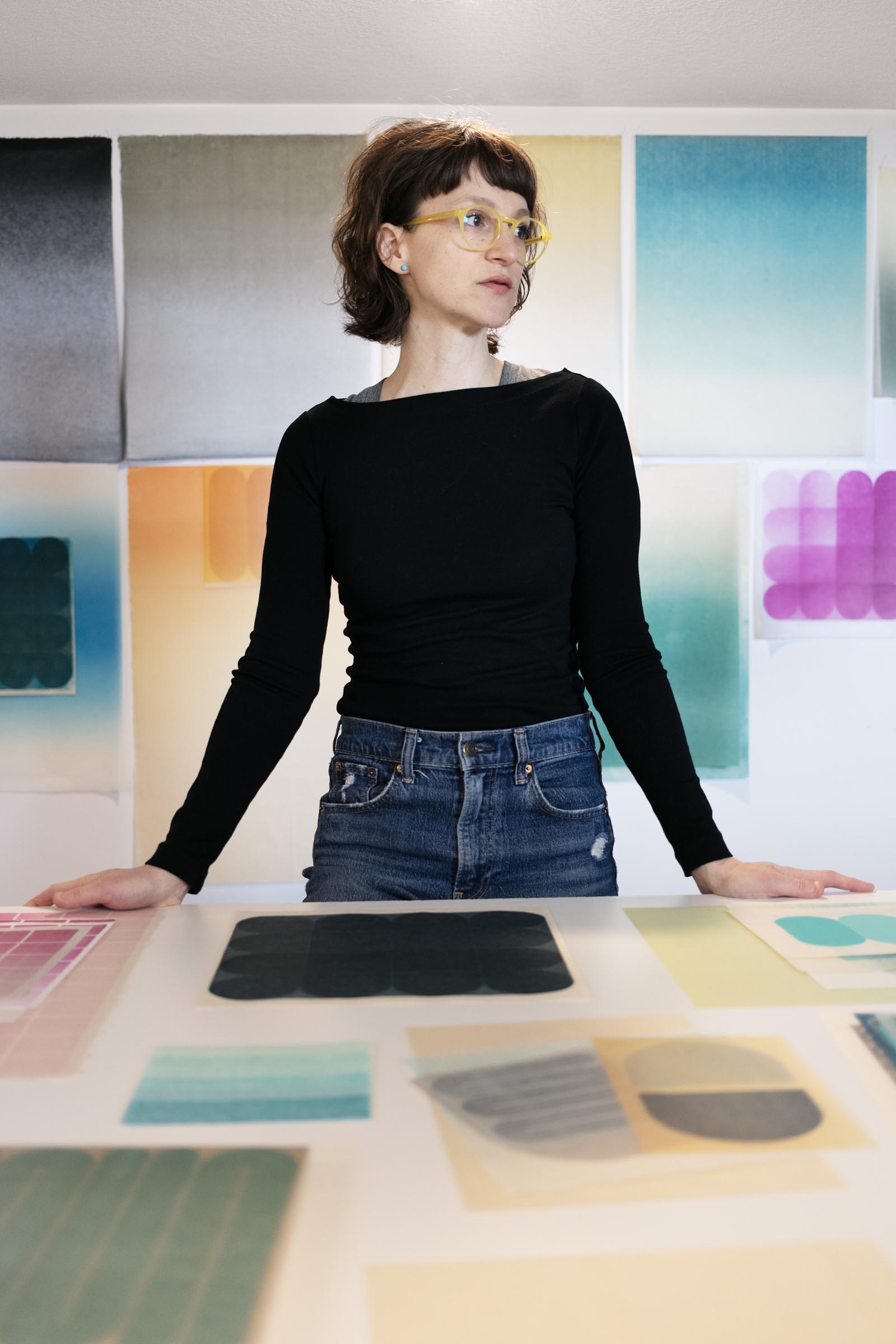How did you get into making art?
I think I’ve always been an artist, but I spent a lot of years in search of a medium, so most of the art-making I did just happened in my head! Midway through college, a friend helped me realize that film might be the medium I was searching for; I had a lightbulb moment and completely changed course. It took a few more years after I graduated to find the other significant part of my practice, which was creating installations to encompass my film work.
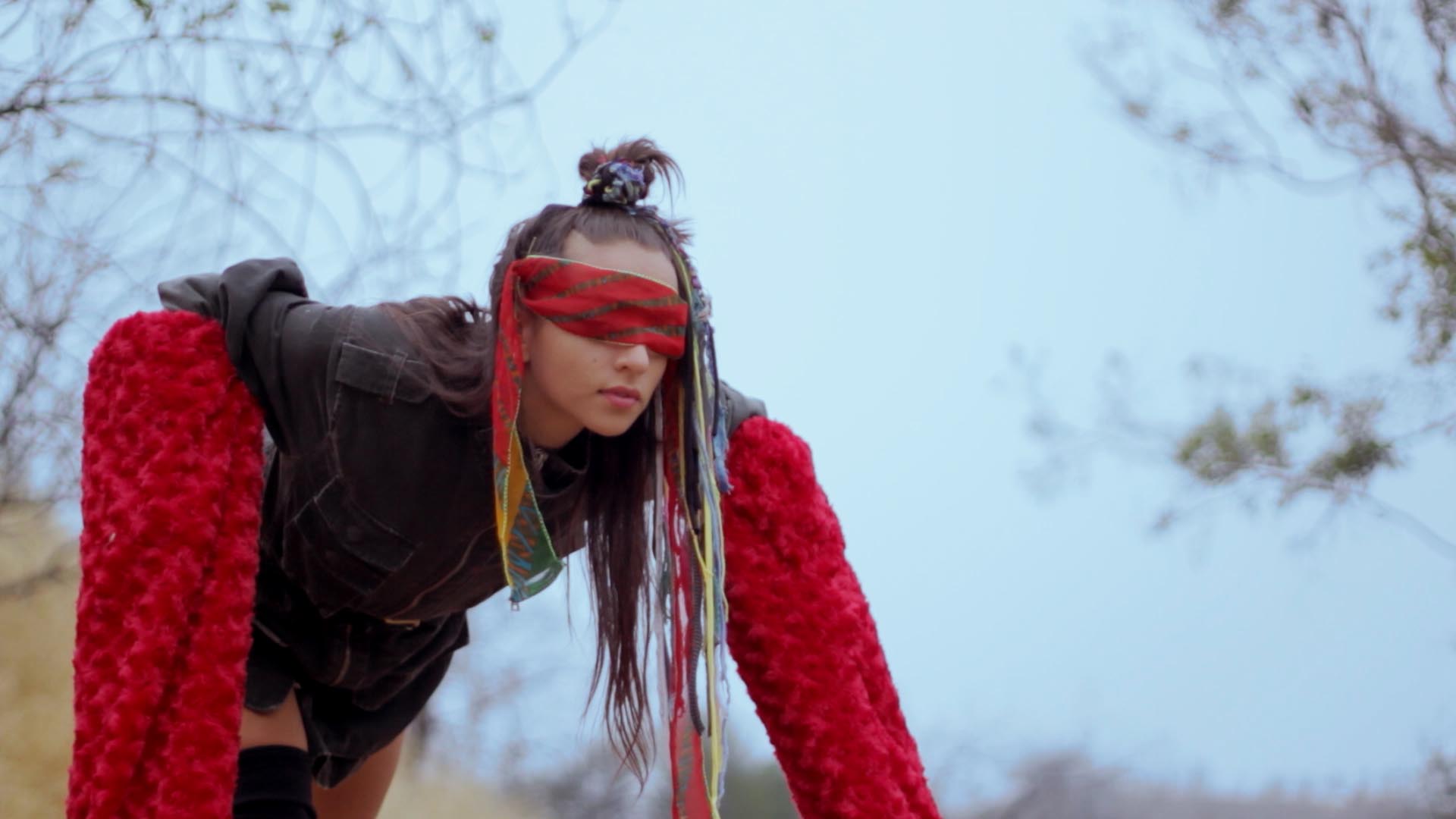
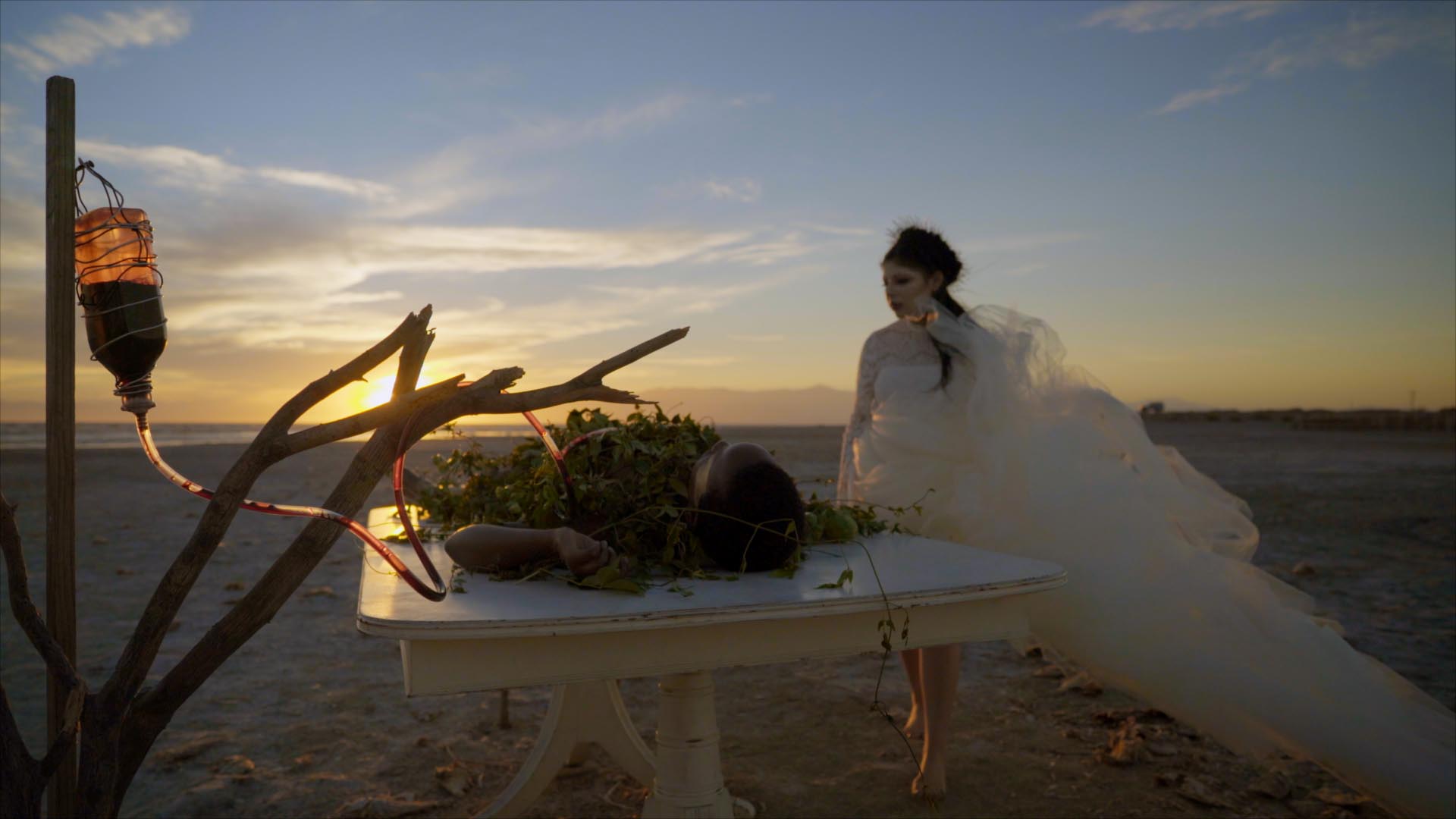
What are you currently working on?
I’ve just started pursuing a Design | Media Arts MFA at UCLA, so at this point, I’m trying to spend the next two years messing with my practice as much as possible to see what I can learn through experimentation. I’m really interested in the space where Black and queer futurity, chronic pain, mysticism, sensuality, and epigenetic memory all collide. It’s a lot of moving conceptual pieces, but I’m curious to see what emerges from the distillation process. One specific project I’m working on is my Etude series, which is an on-going project comprised of short, improvised experimental film pieces I use as a laboratory for ideas.
I’m really interested in the space where Black and queer futurity, chronic pain, mysticism, sensuality, and epigenetic memory all collide.
Leslie Foster
What inspired you to get started on this body of work?
I don’t know if there’s a specific moment or mile-marker I can point to as a specific inspiration, but I think the work I create is informed a lot by the tidal forces of what I consume and those around me, as well as my own experiences as someone with chronic pain, who represents multiple marginalized identities.
Do you work on distinct projects or do you take a broader approach to your practice?
I think that while I absolutely have broader narratives, which are consistent threads in my practice, I tend to really enjoy developing distinct projects and spending time in the worlds that begin to emerge from those pieces.
What’s a typical day like in your studio?
If I’m working on a project, I’m likely hunched over my computer trying to plan everything out while juggling emails from collaborators. It tends to be a little frenetic. Once production starts, I’m usually off someplace shooting or borrowing a friend’s space to work on fabricating. If I’m not in the middle of a project, I’m trying to see work that isn’t my own and learning from the amazing artists around me.
Who are your favorite artists?
I have a feeling my list would be different every day, but some major sources of inspiration are Doug Aitken, Chiharu Shiota, Shirin Neshat, Adrian Piper, Jenn Nkiru, Terence Nance, Theaster Gates, Maya Deren, and Behnaz Farahi.
Where do you go to discover new artists?
I rely on word-on-mouth, gallery newsletters, and half-idle internet/social media browsing to discover work and artists that are new to me.
Leslie Foster is an artist based in Los Angeles who was recently shortlisted for The Hopper Prize. To learn more about the artist:
